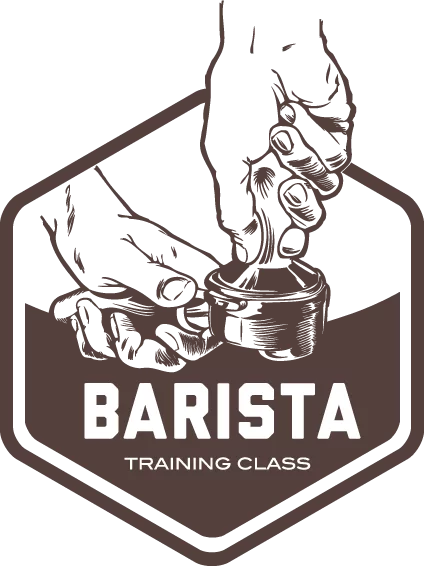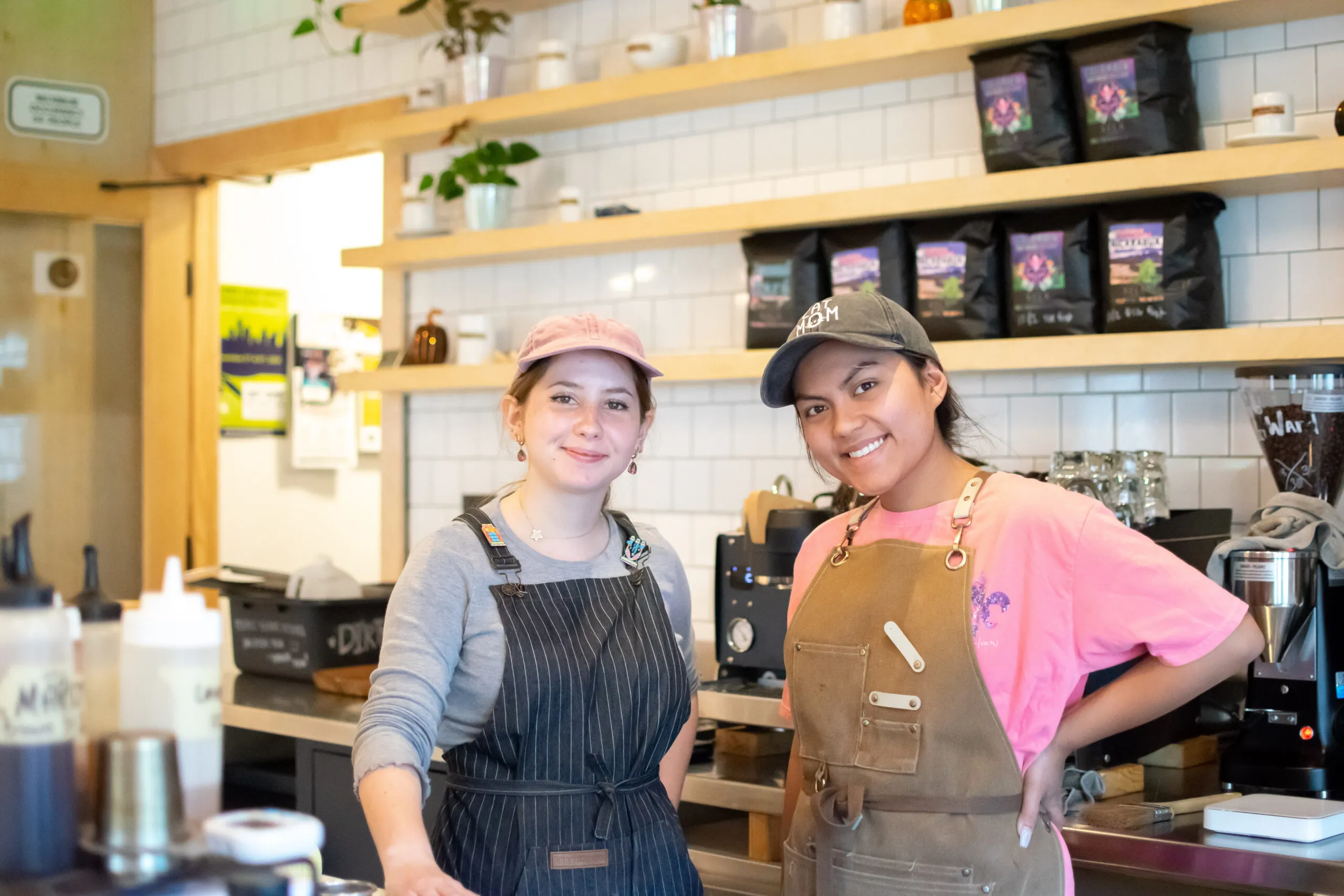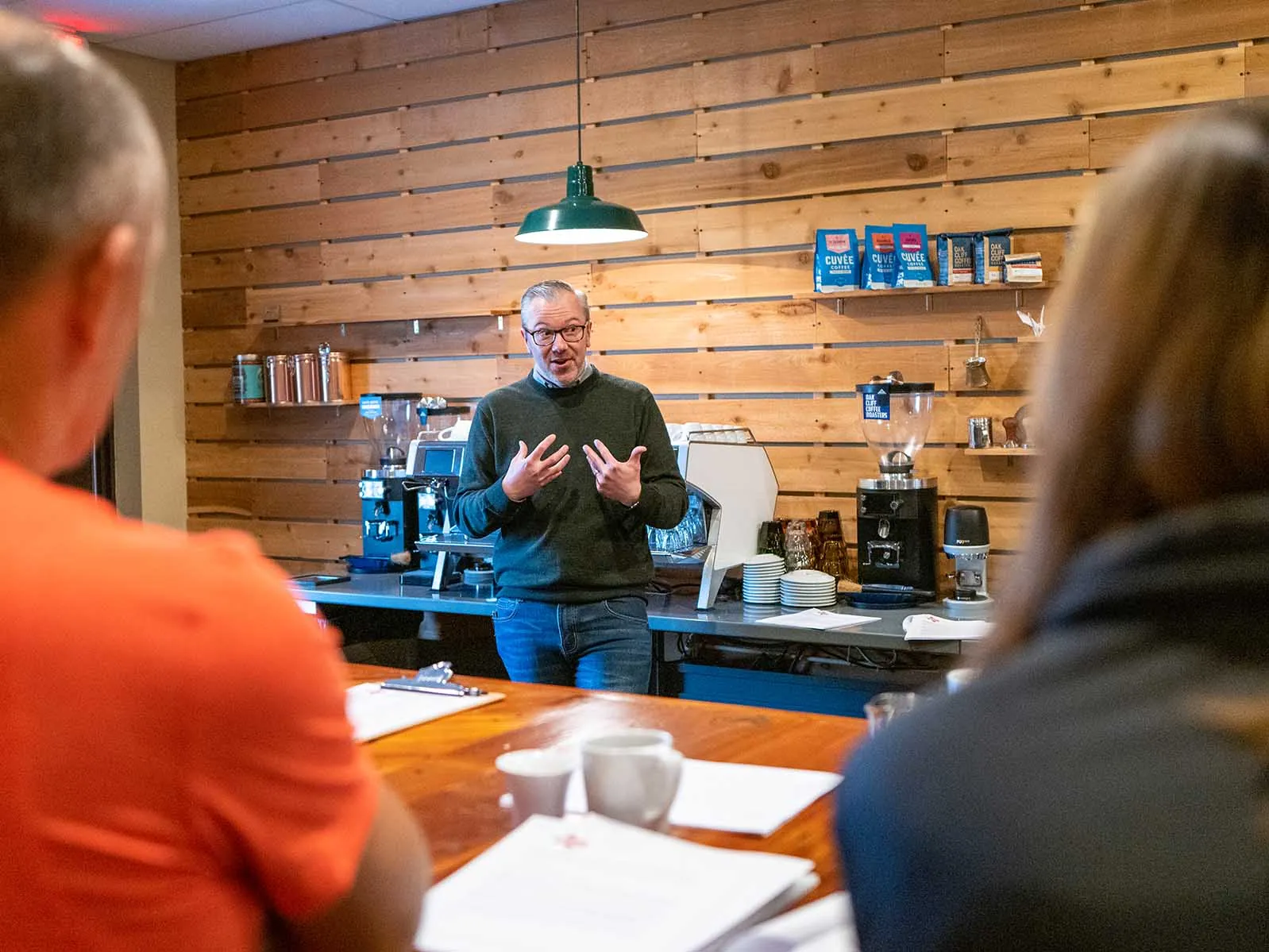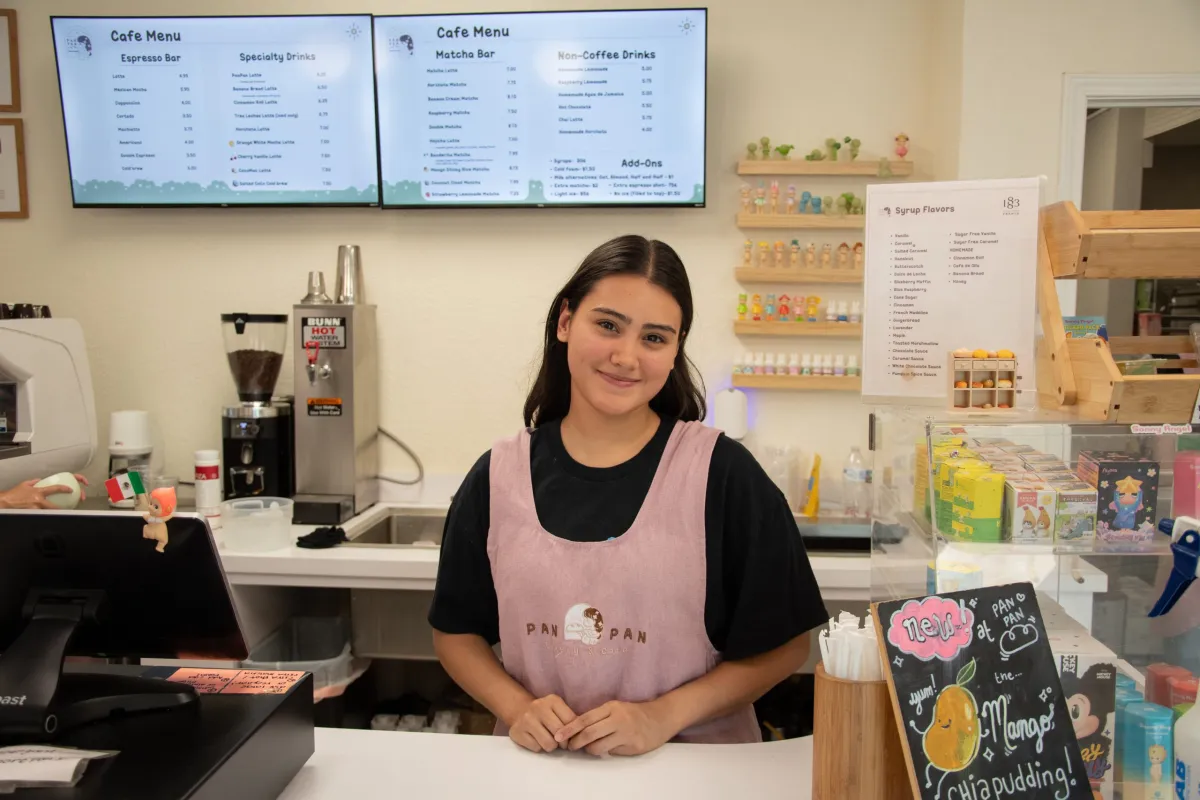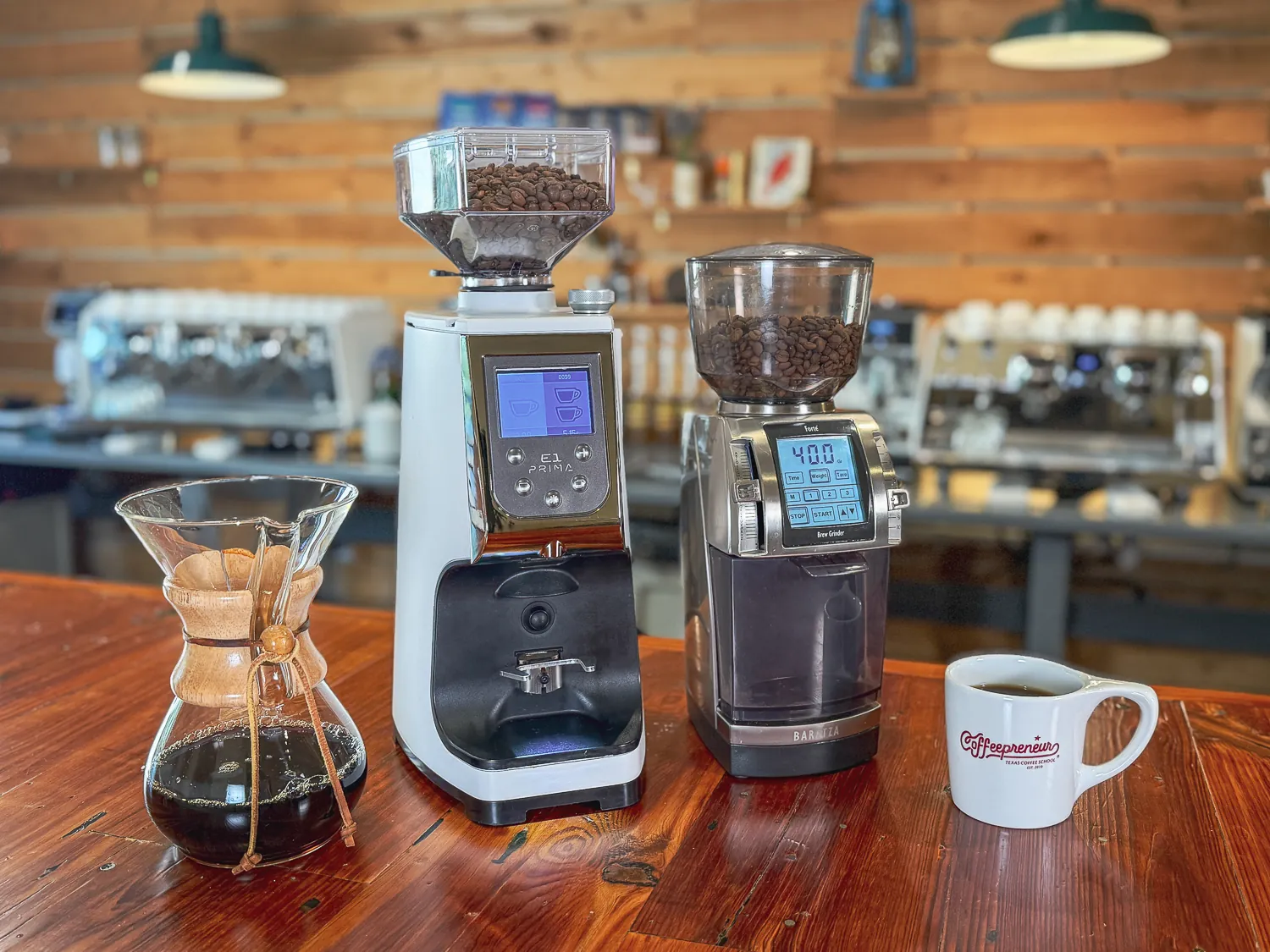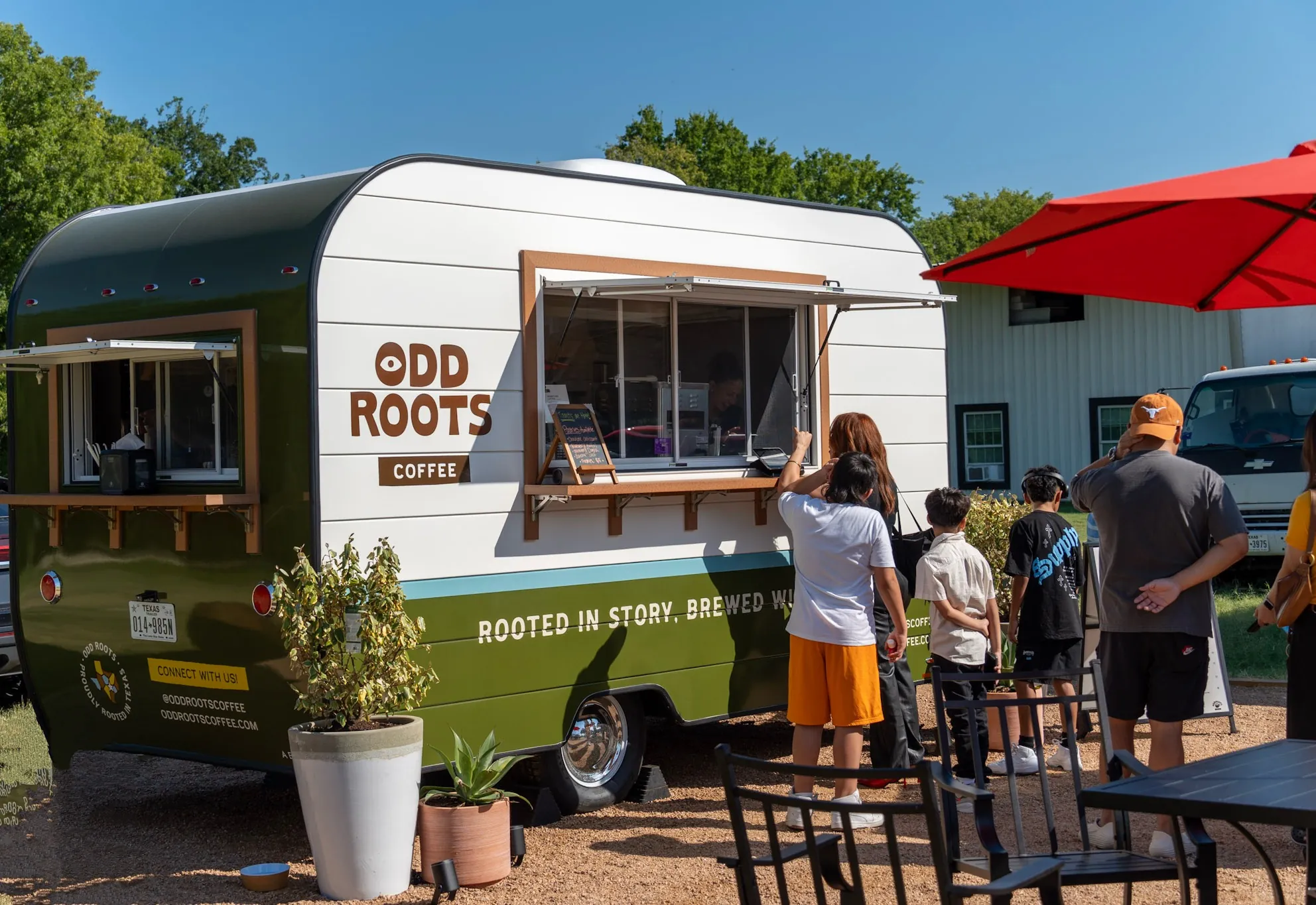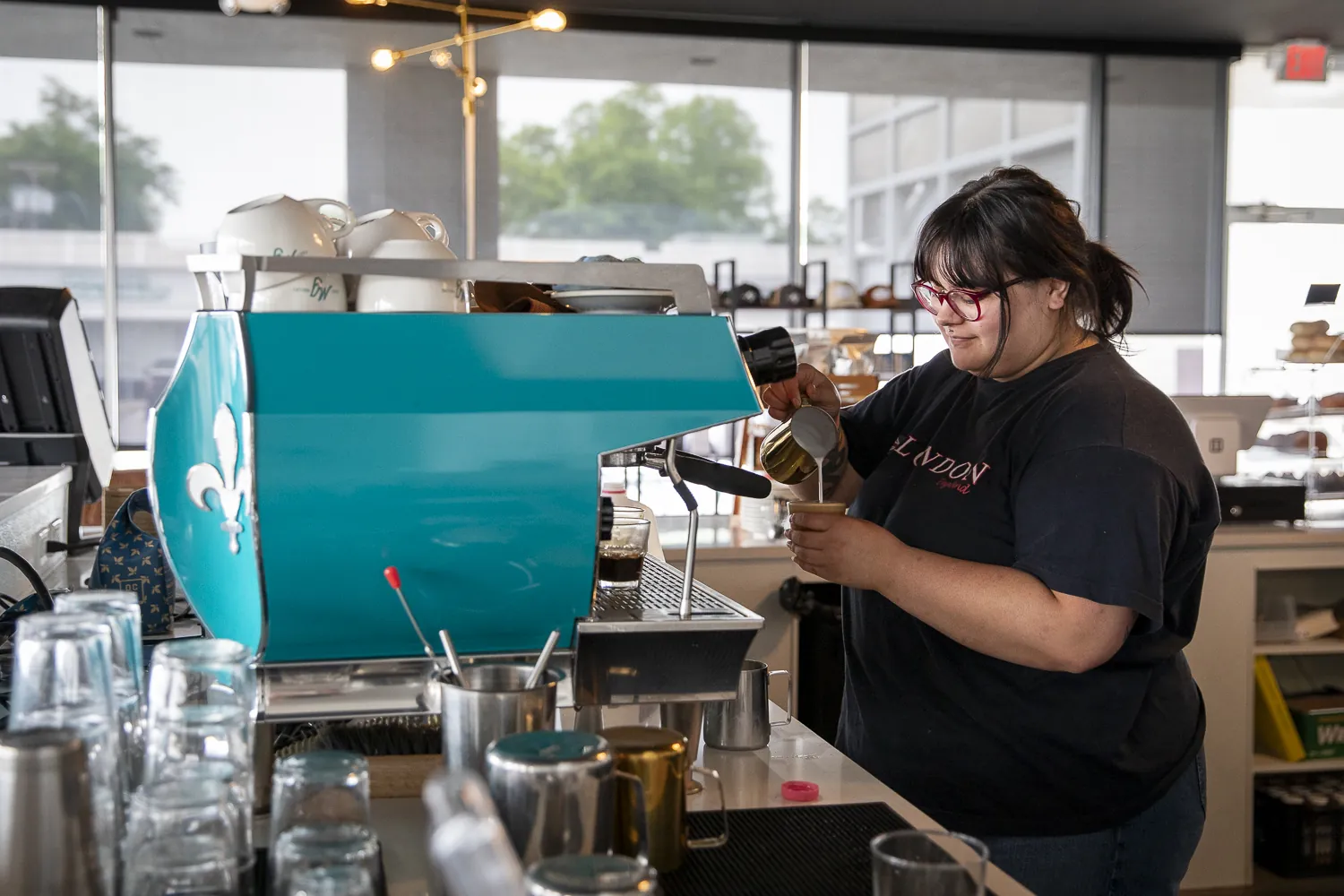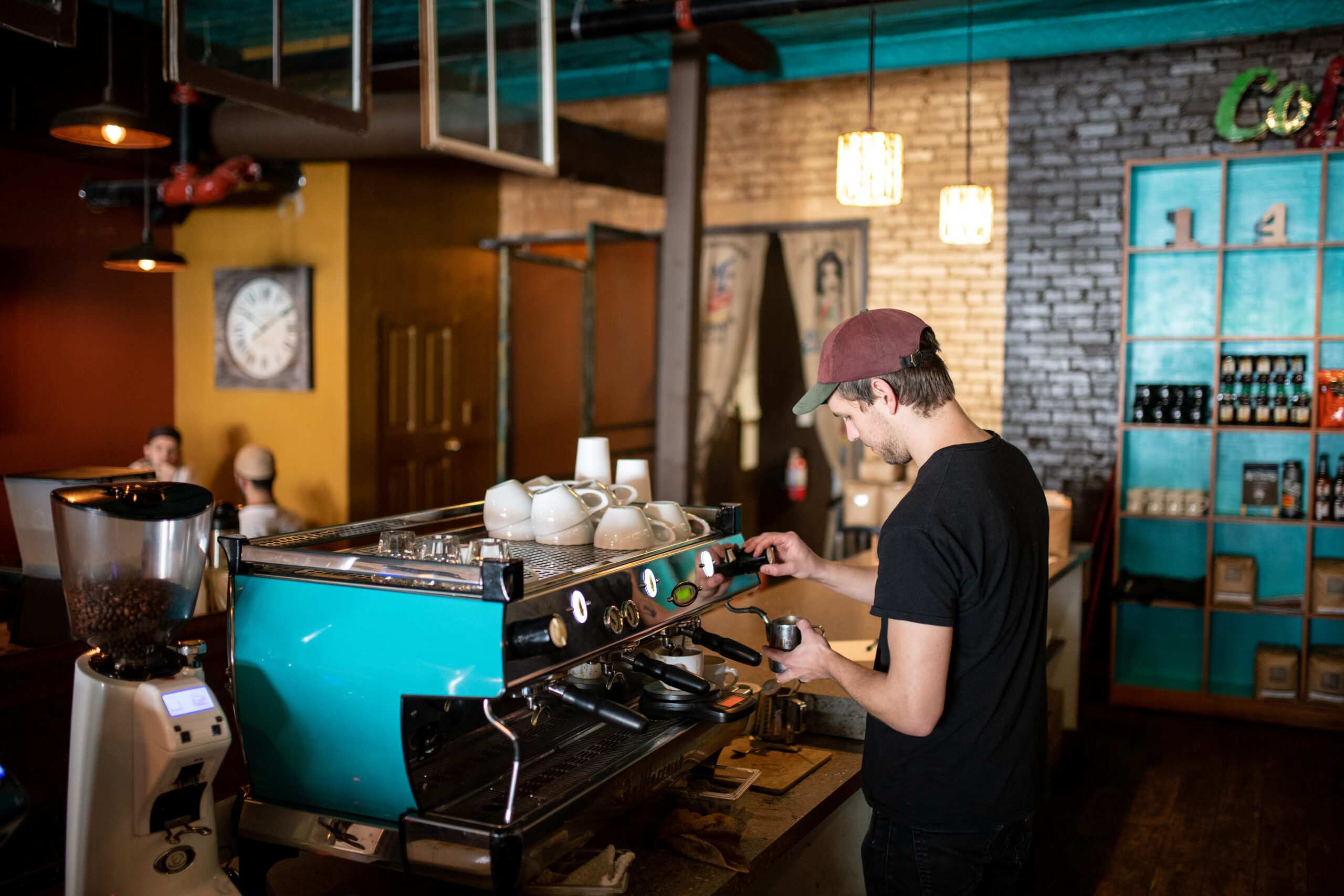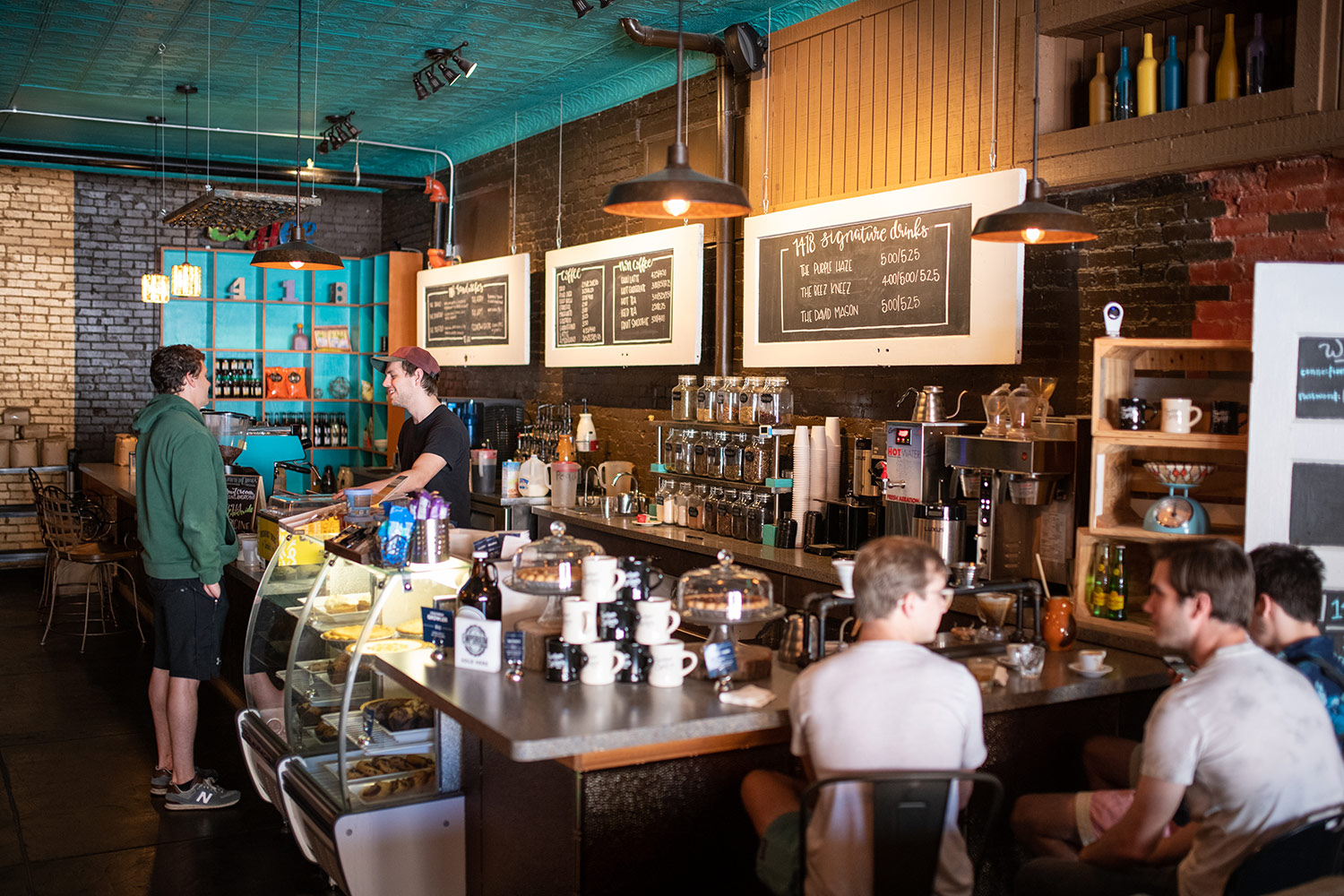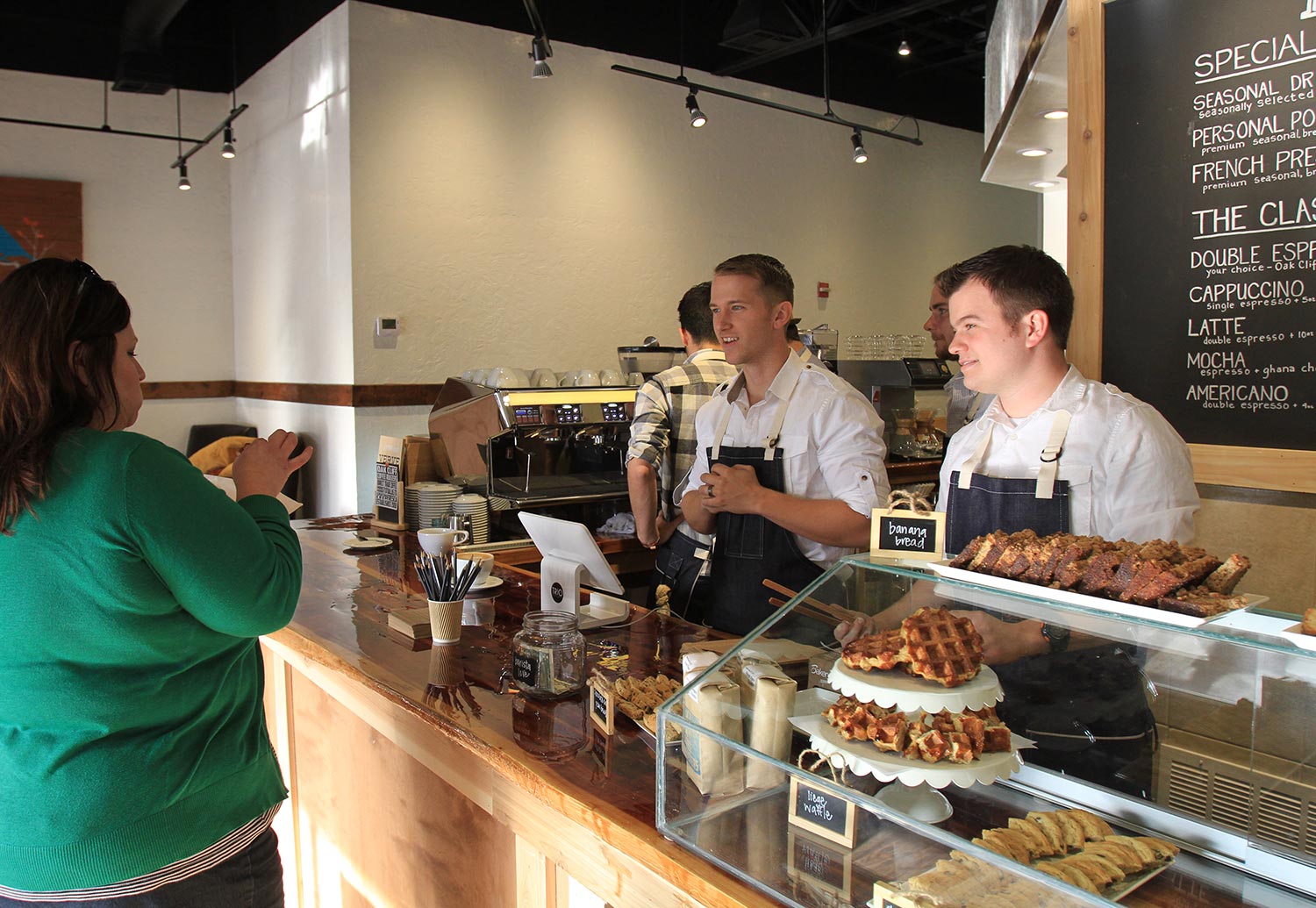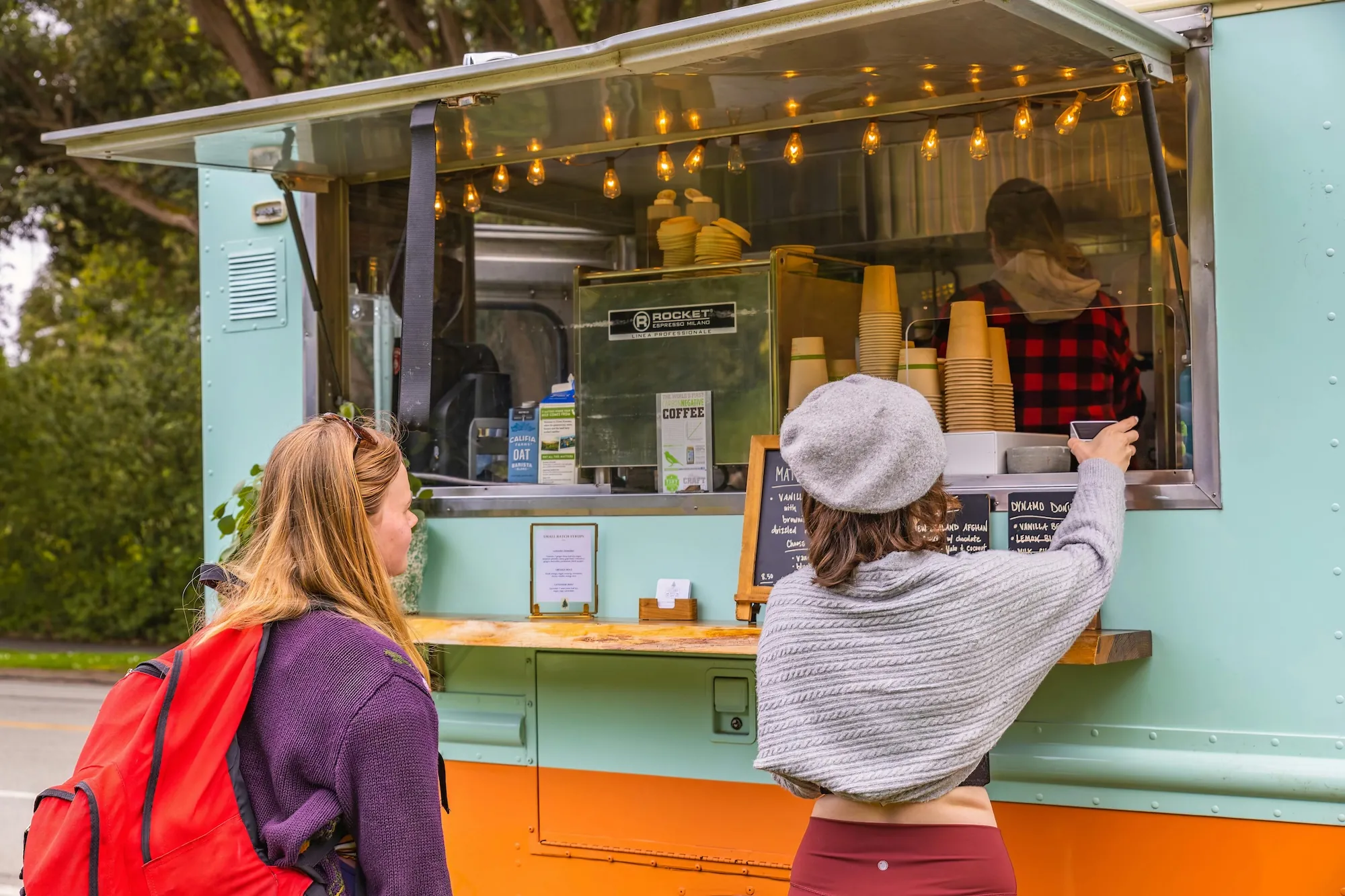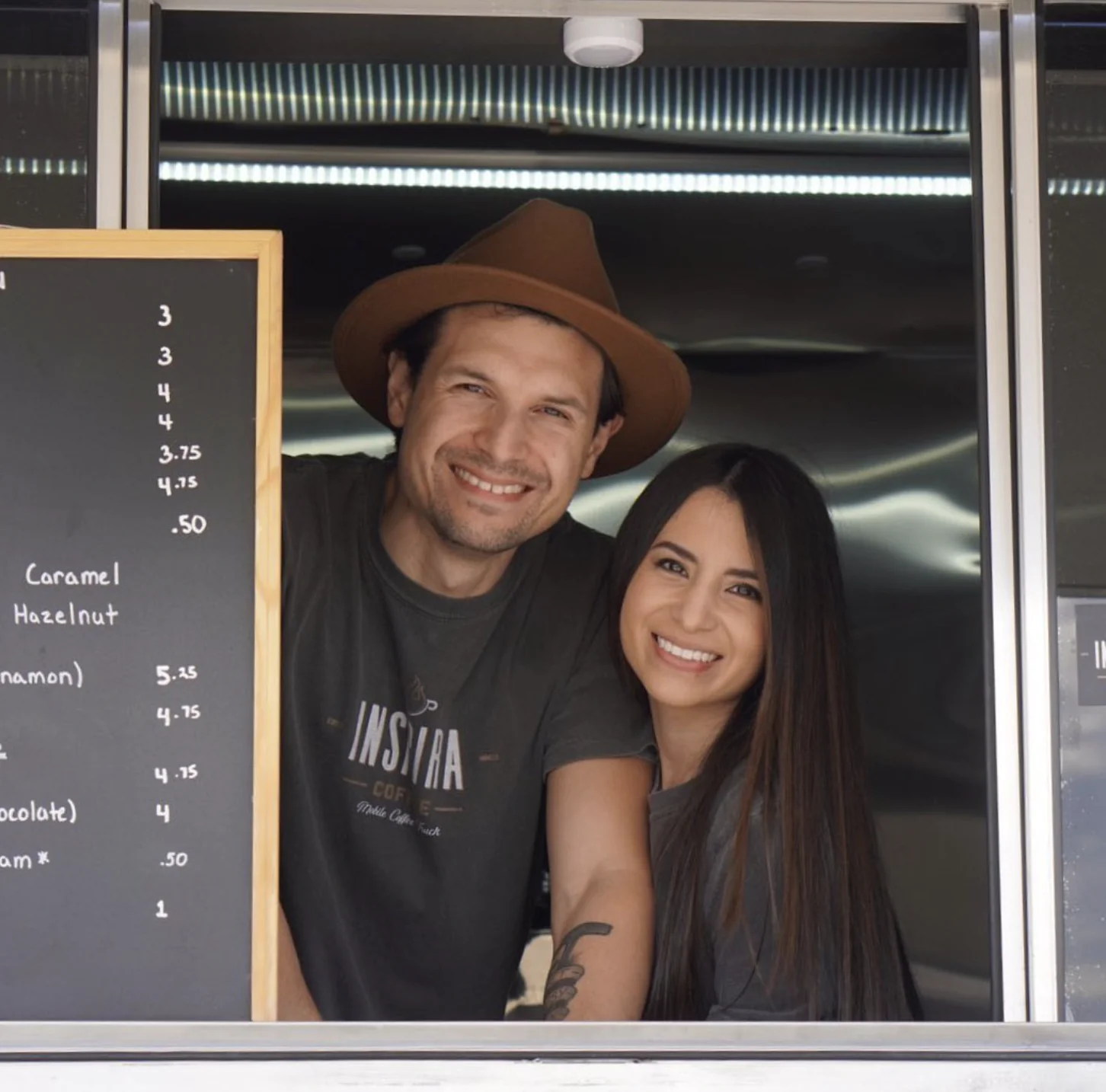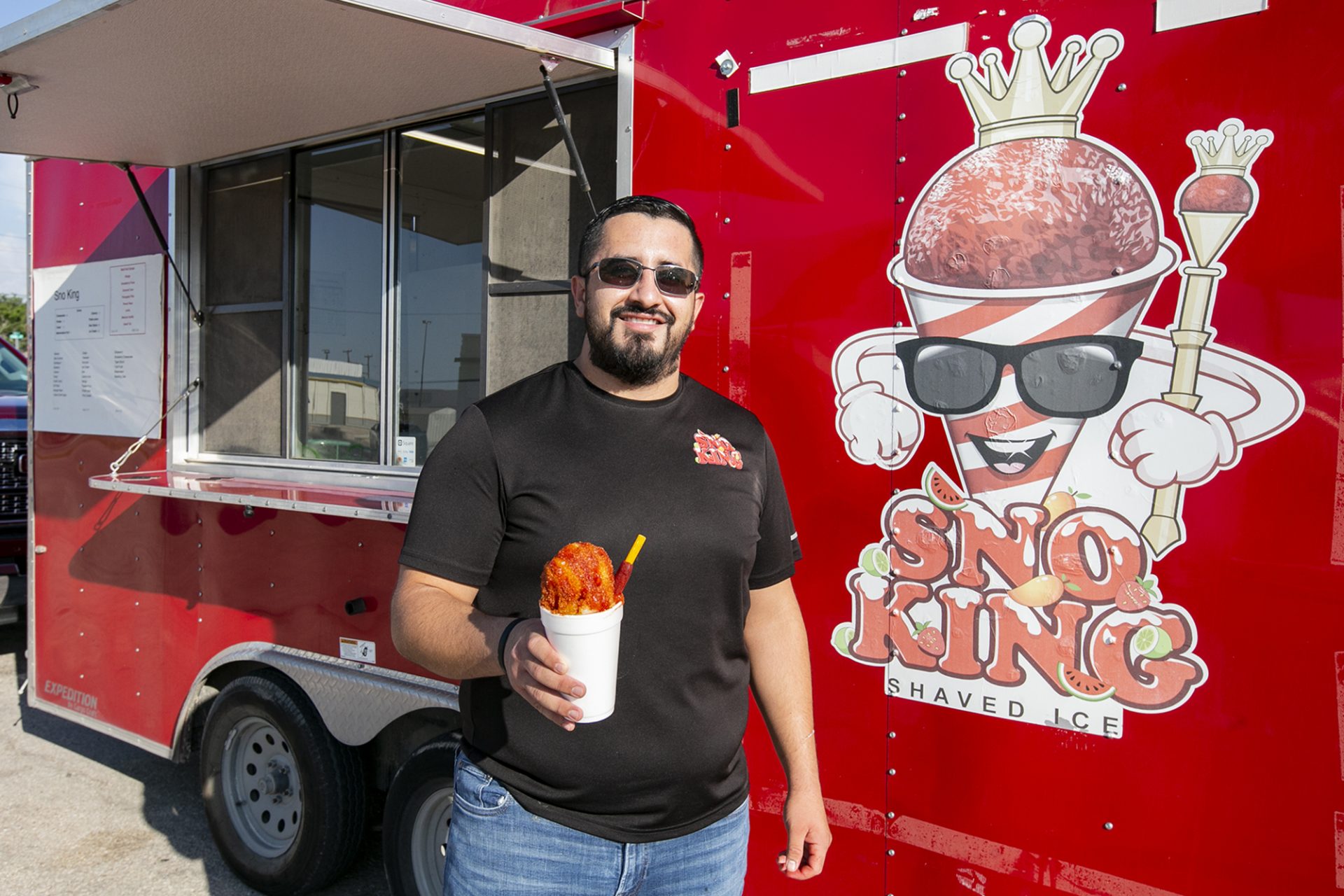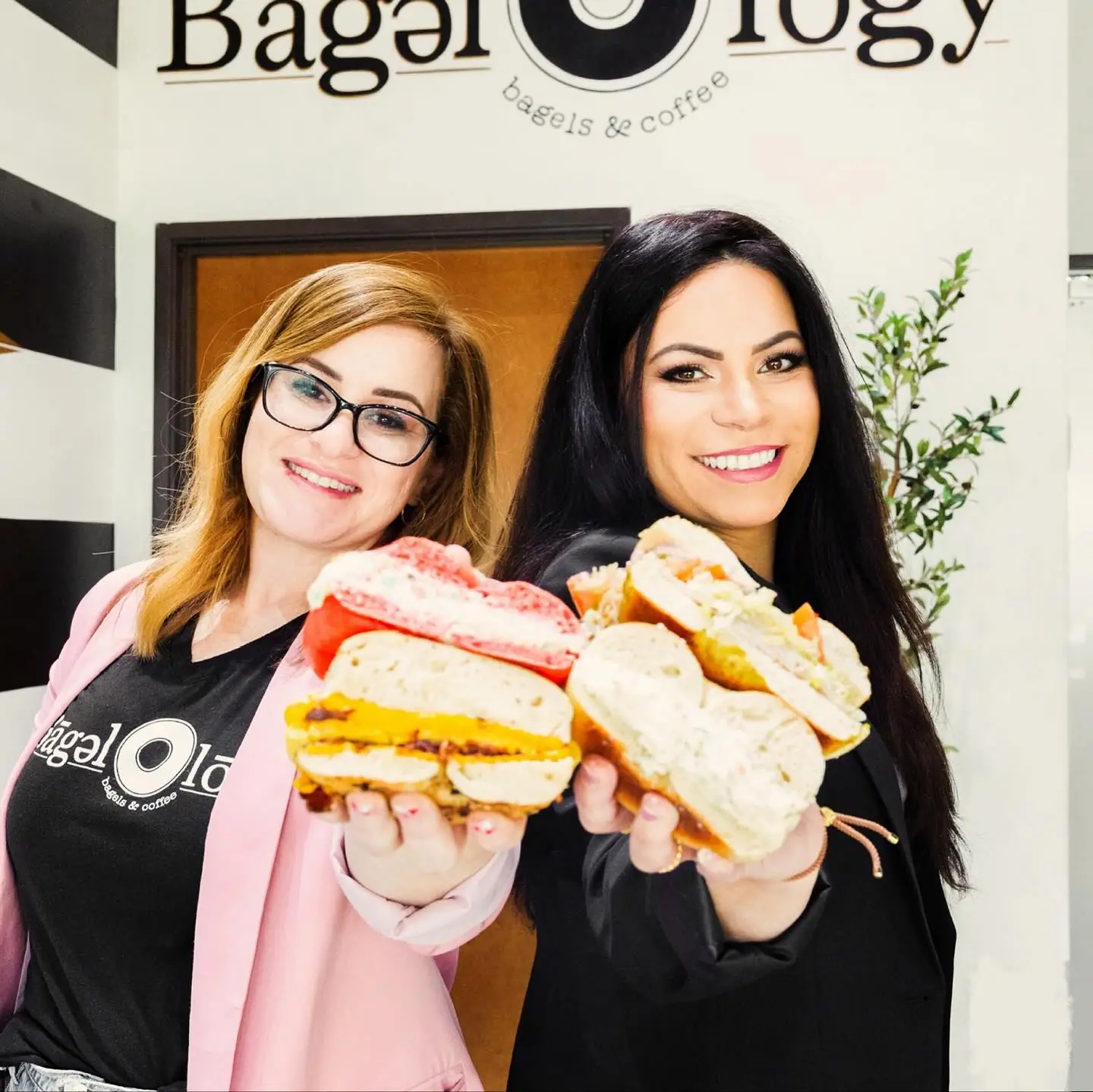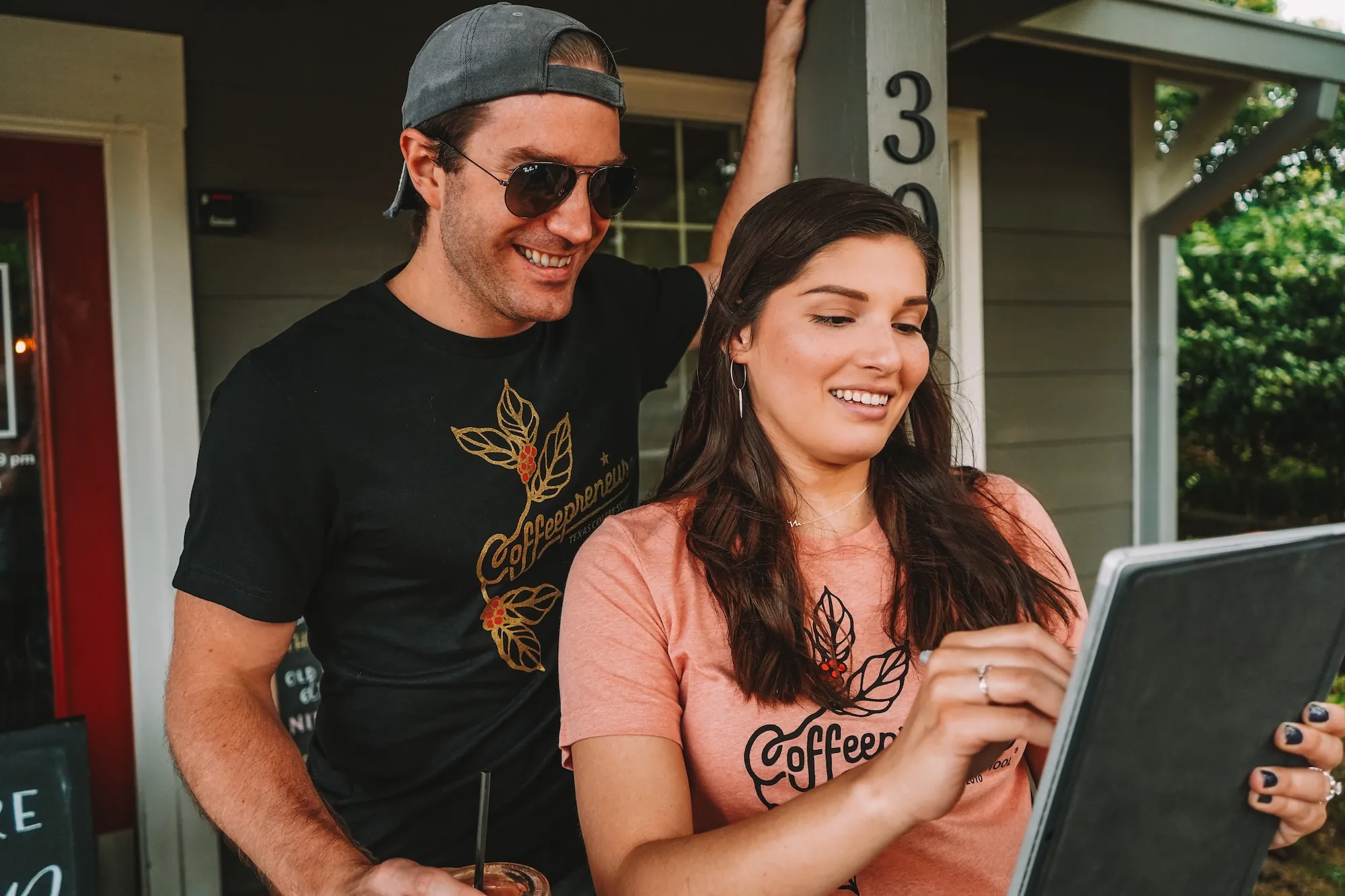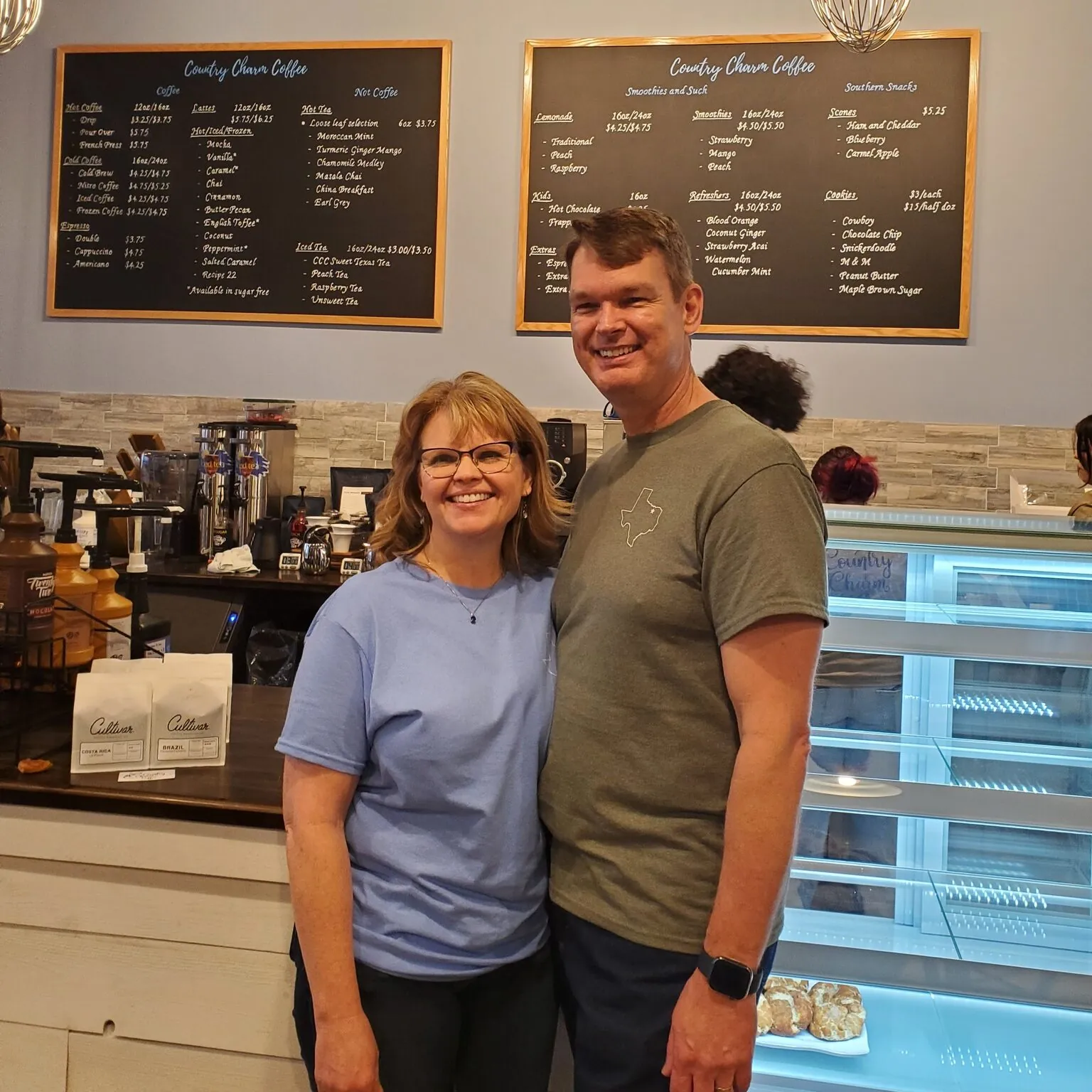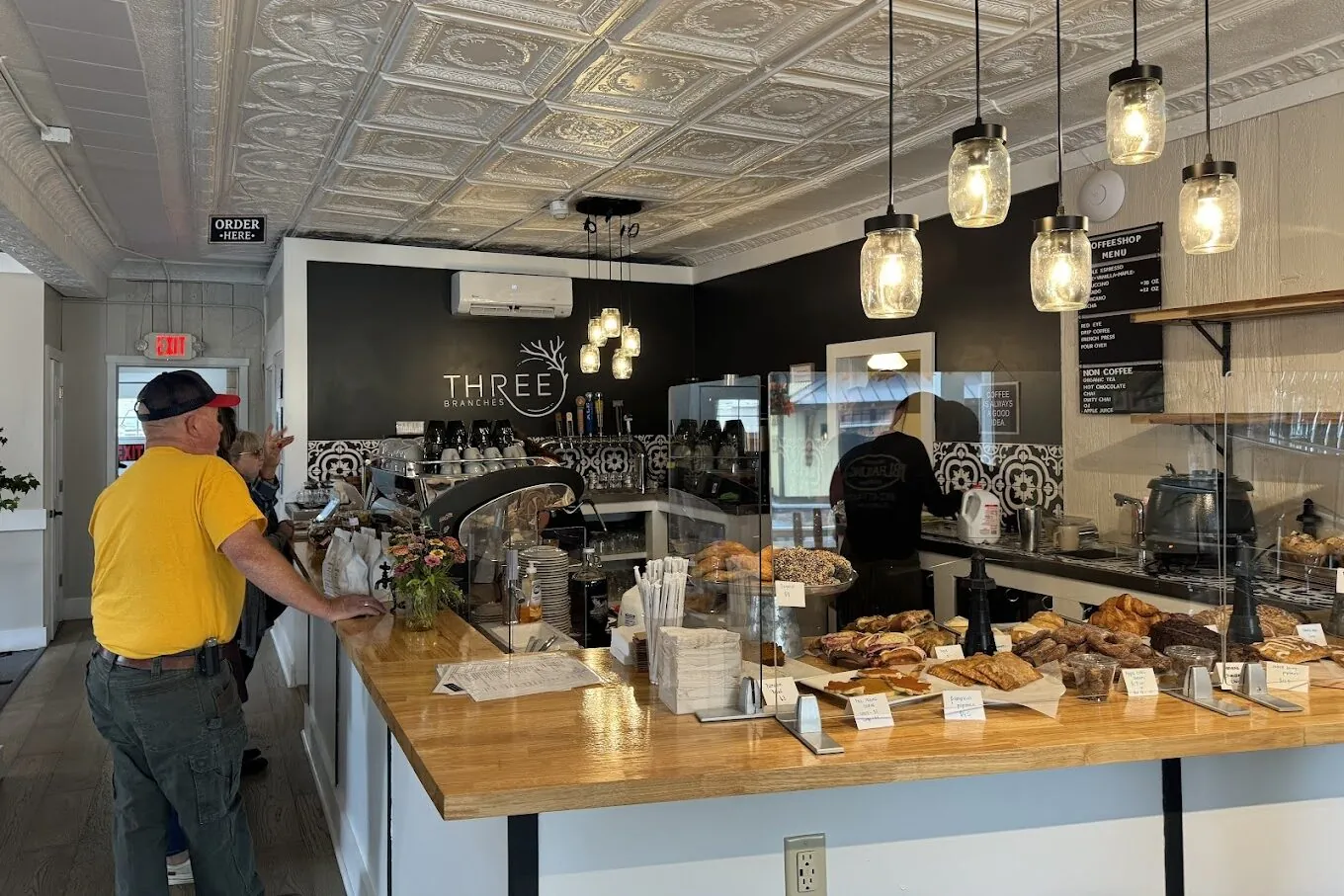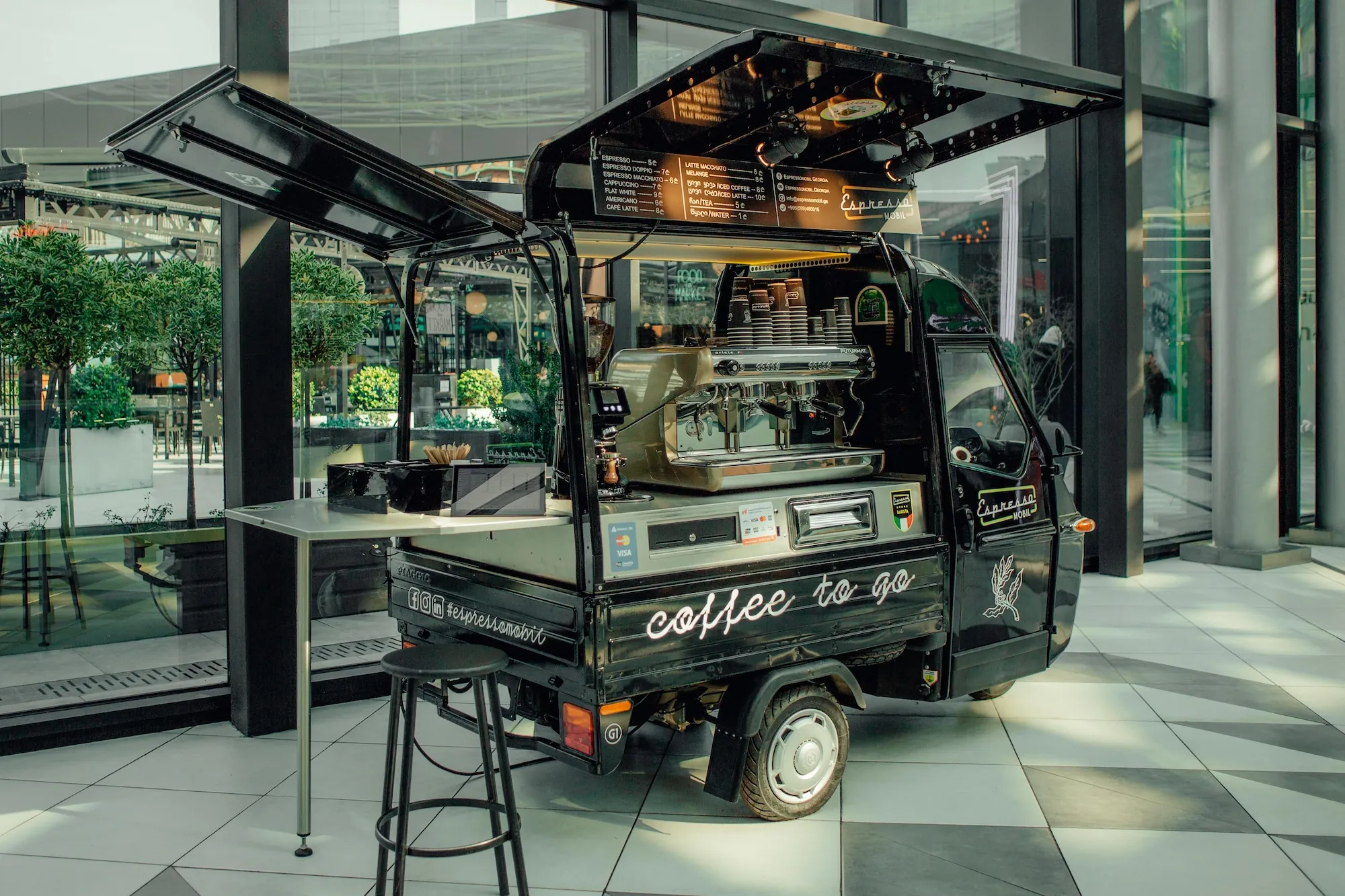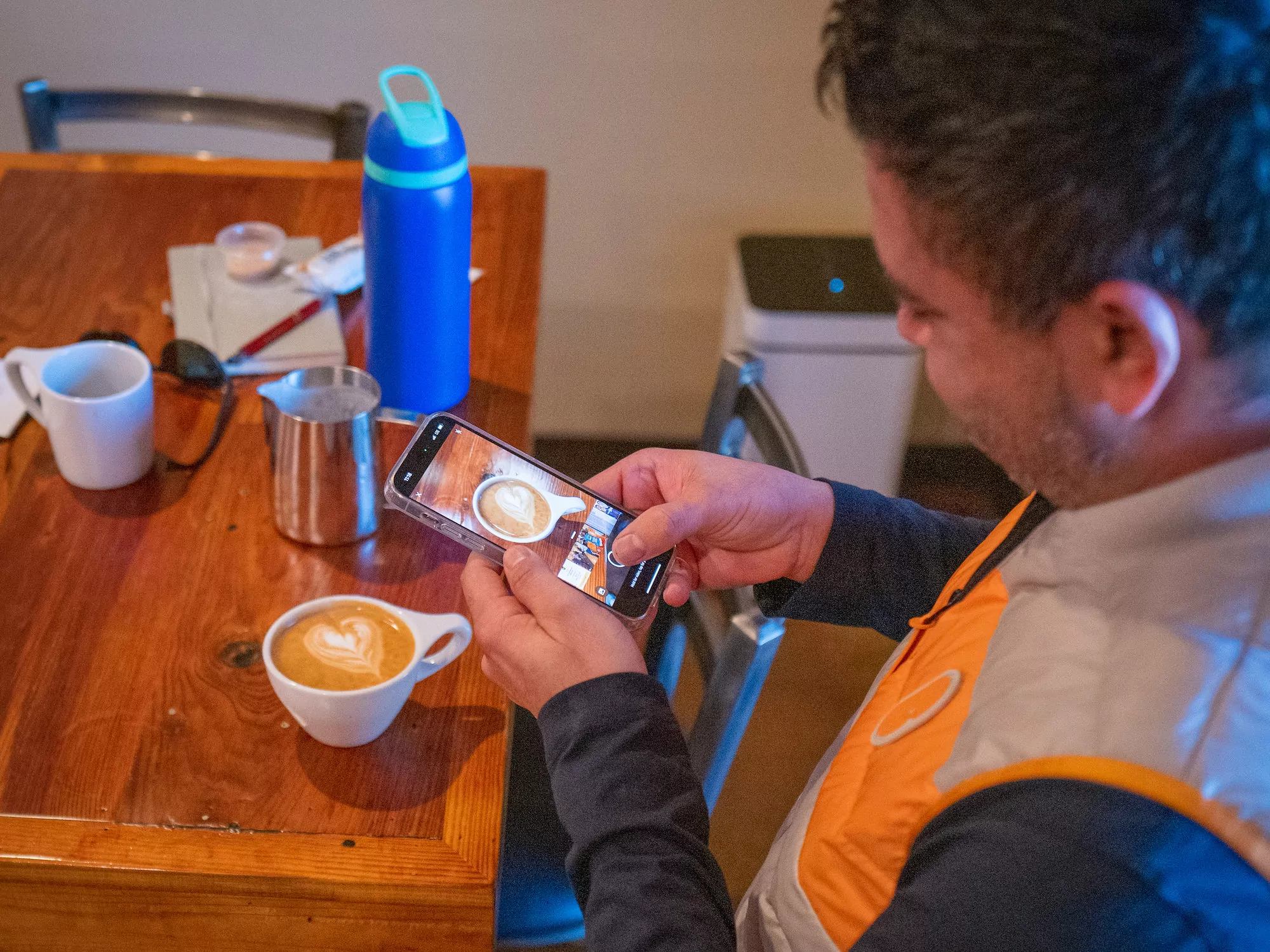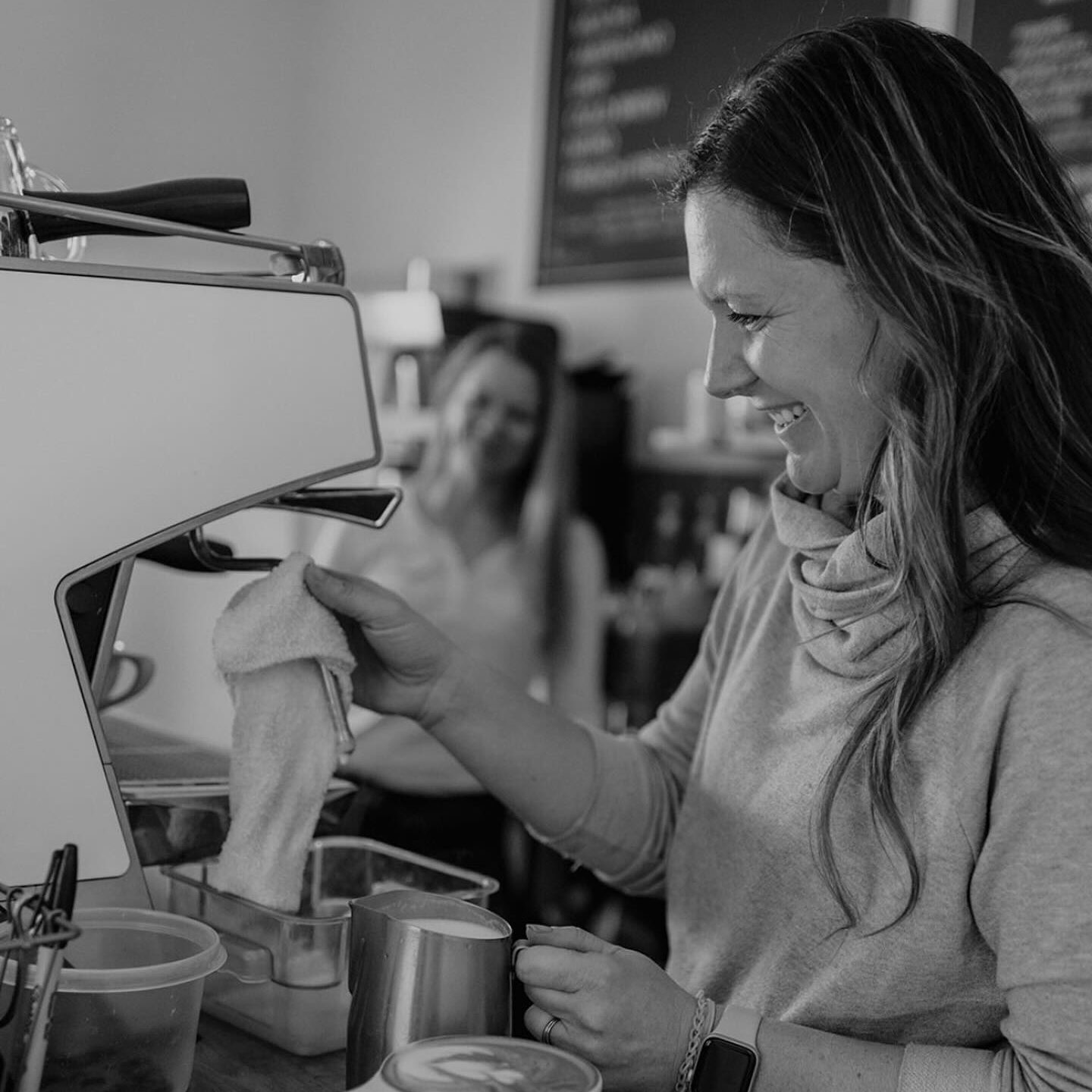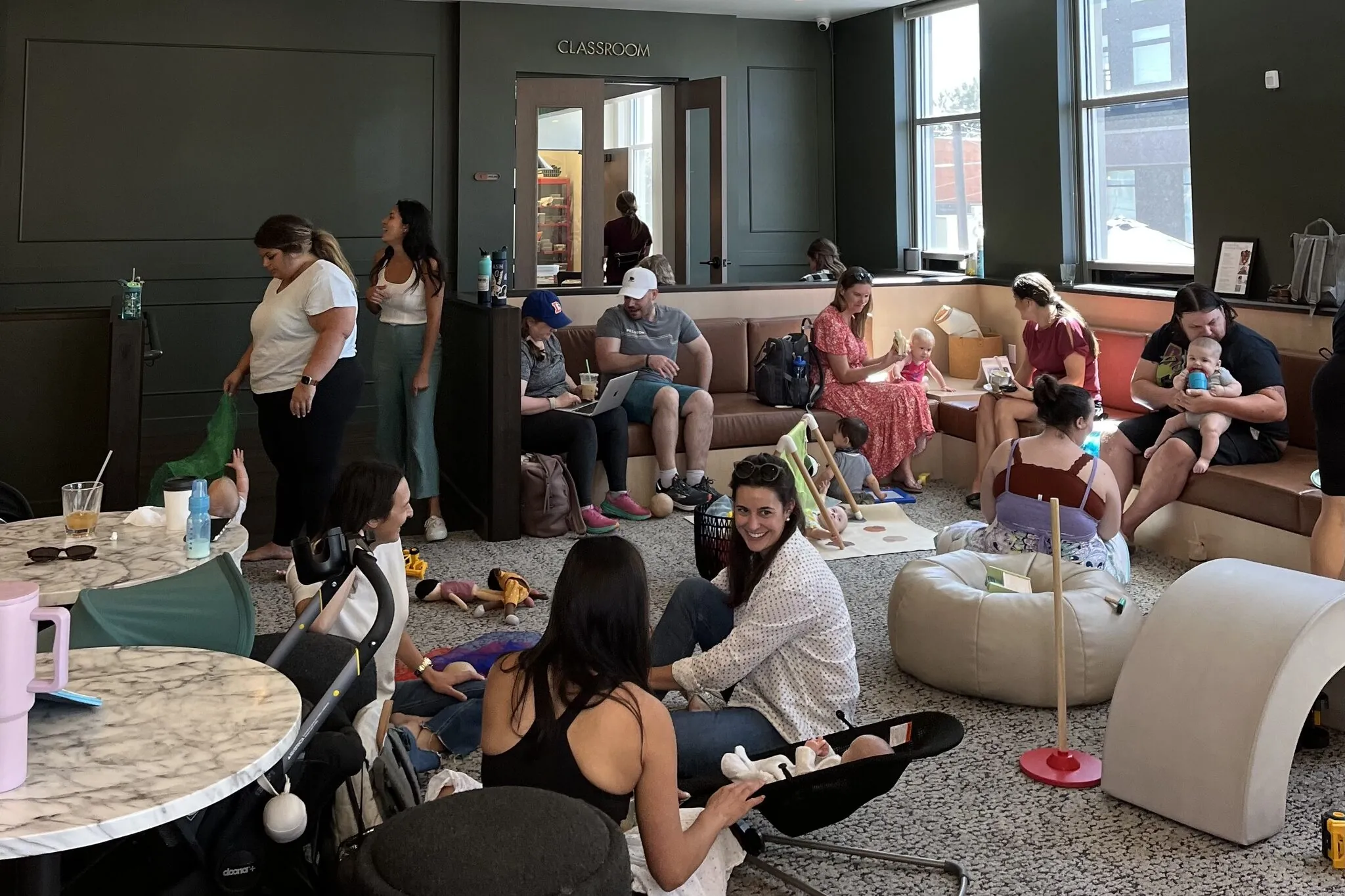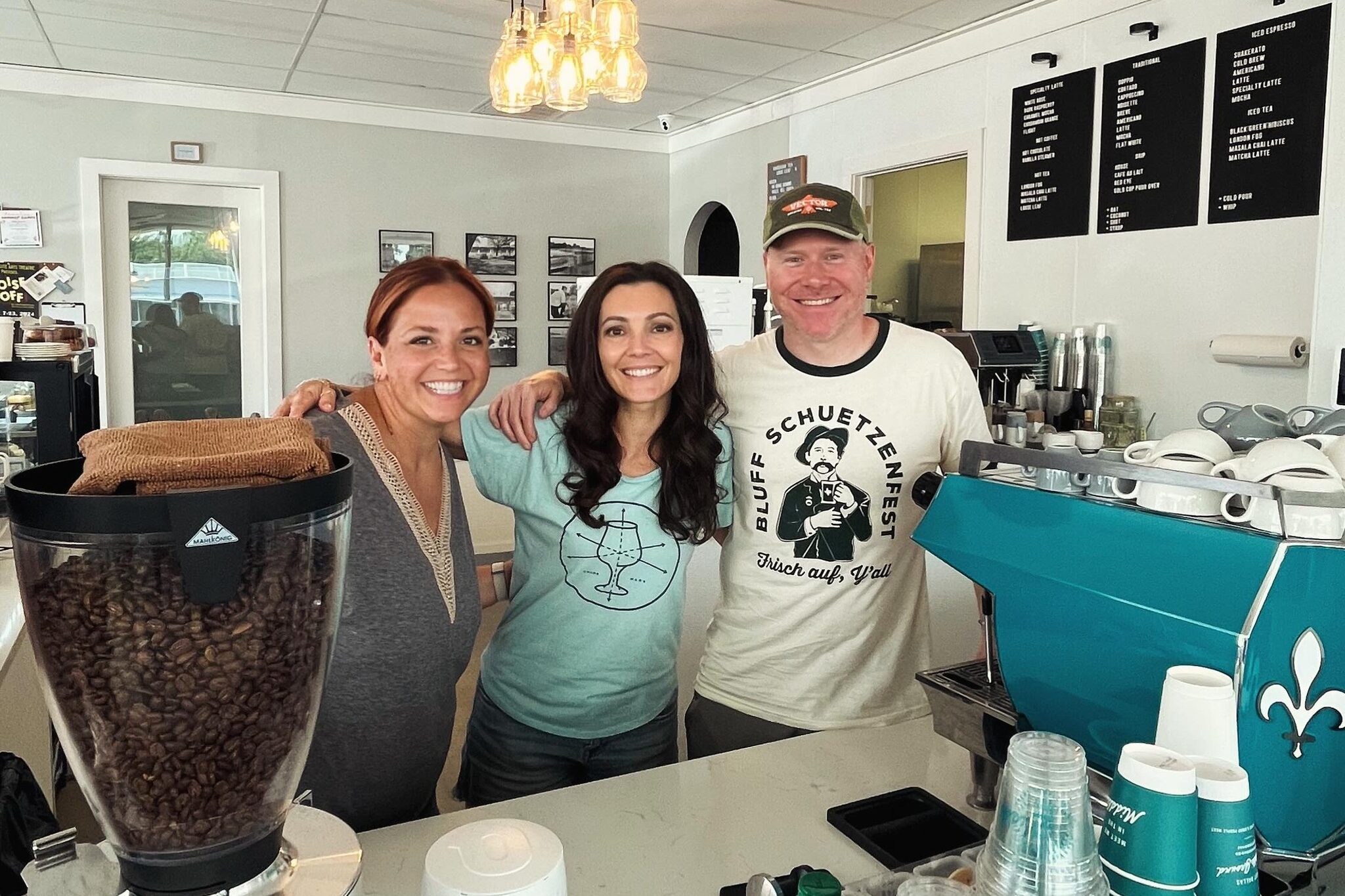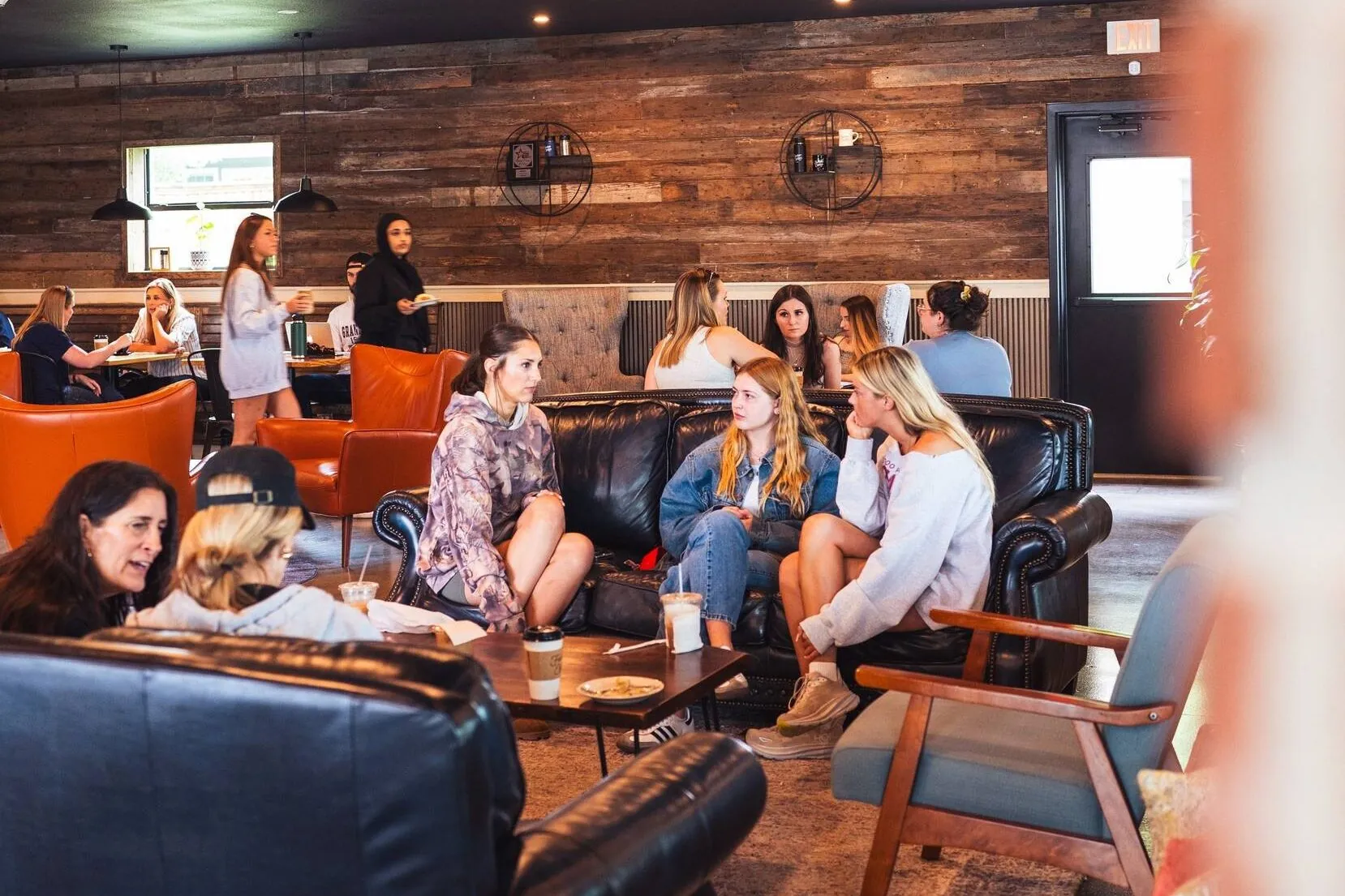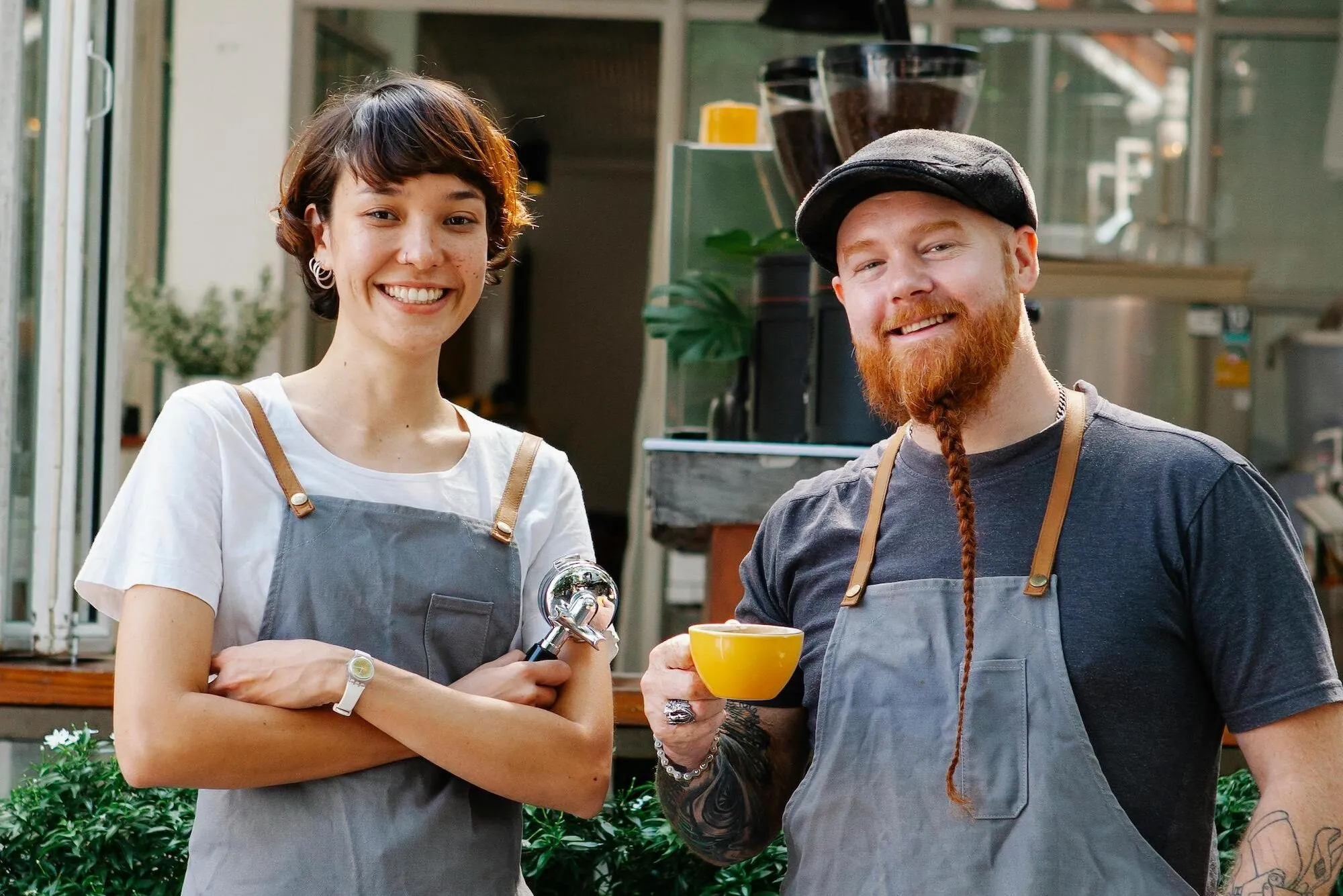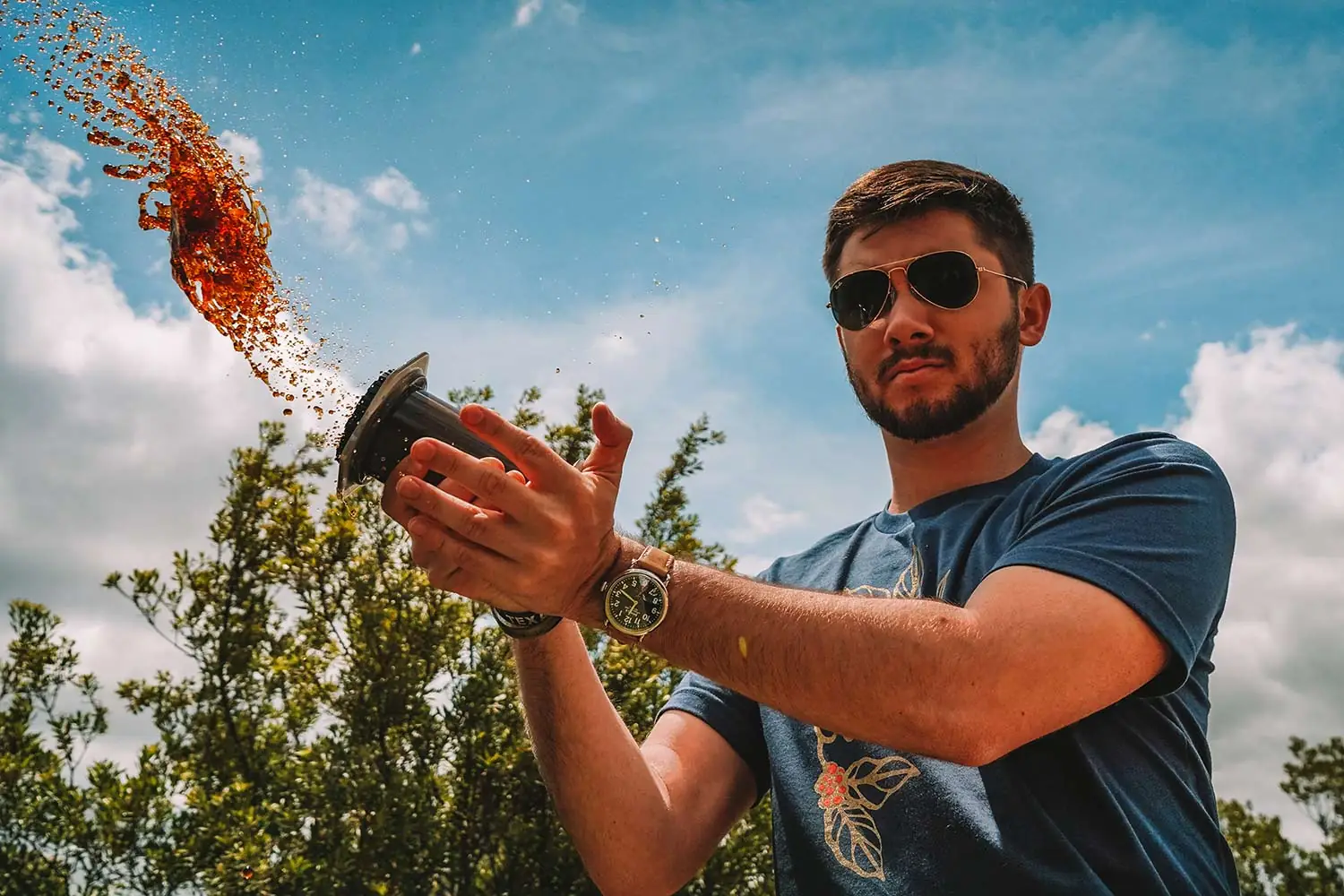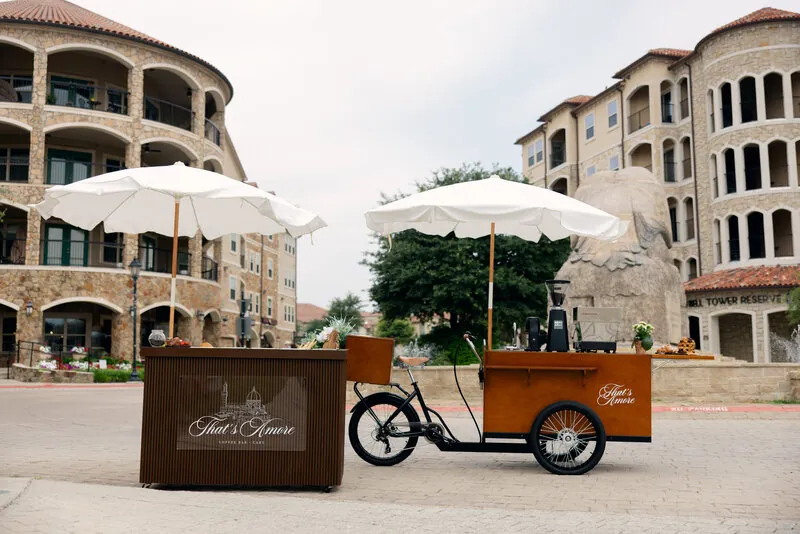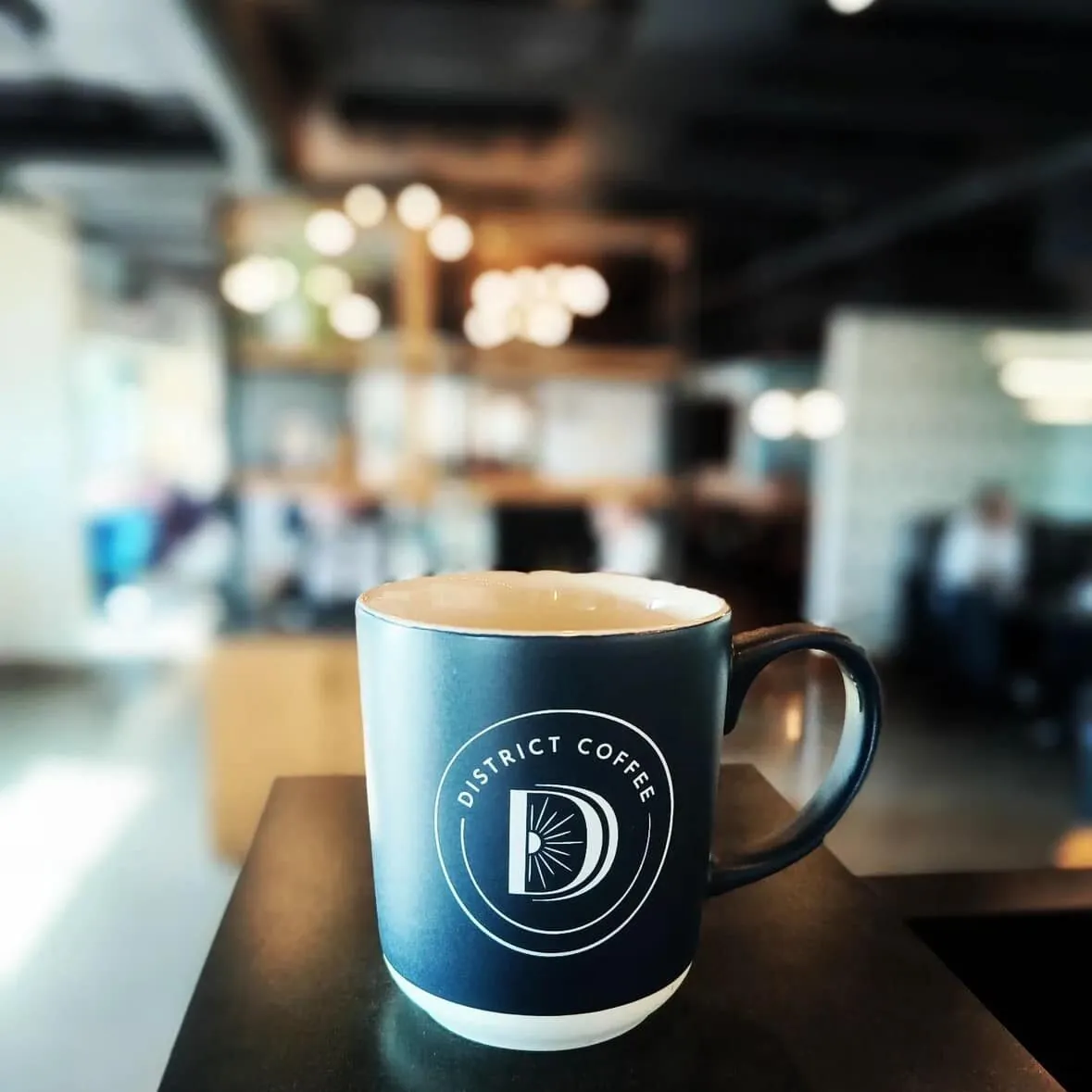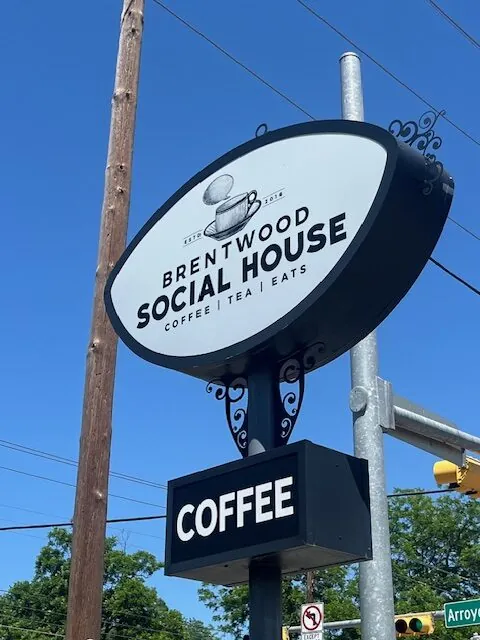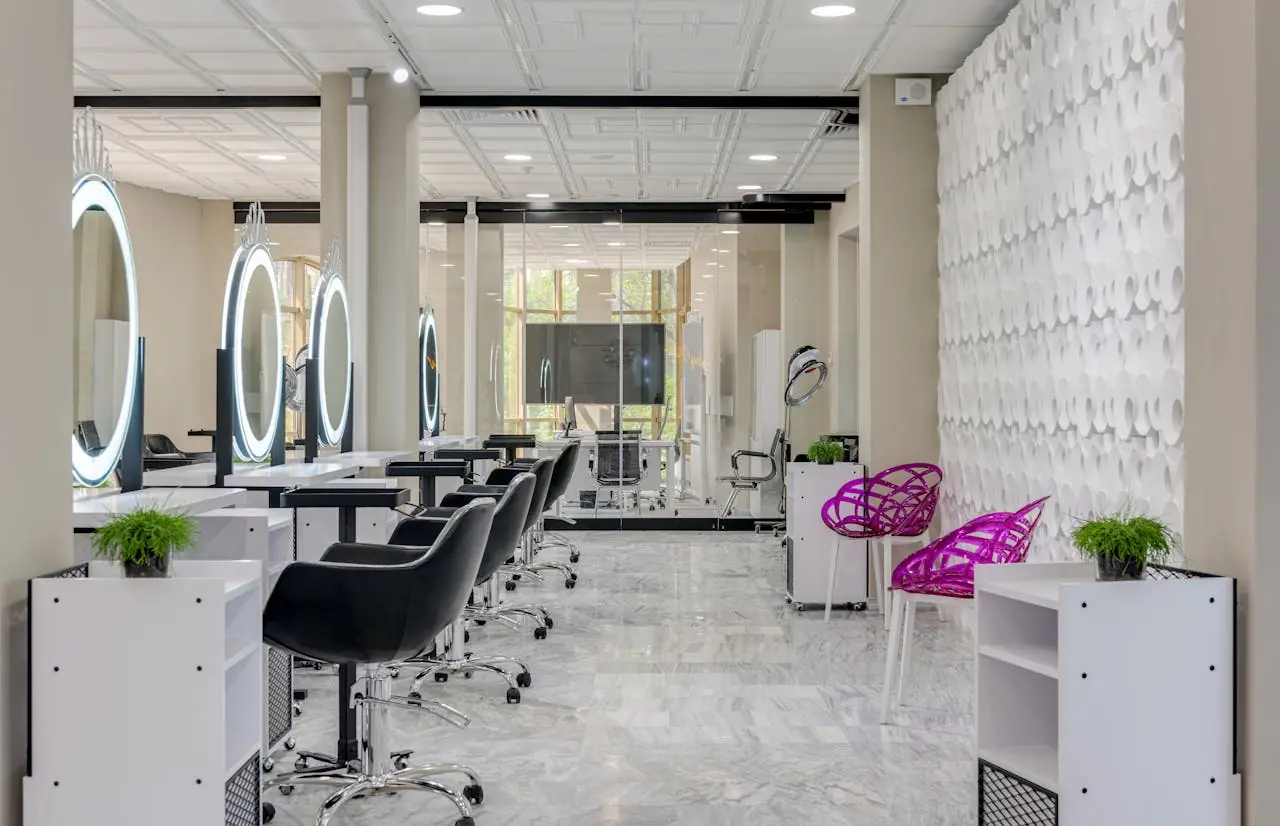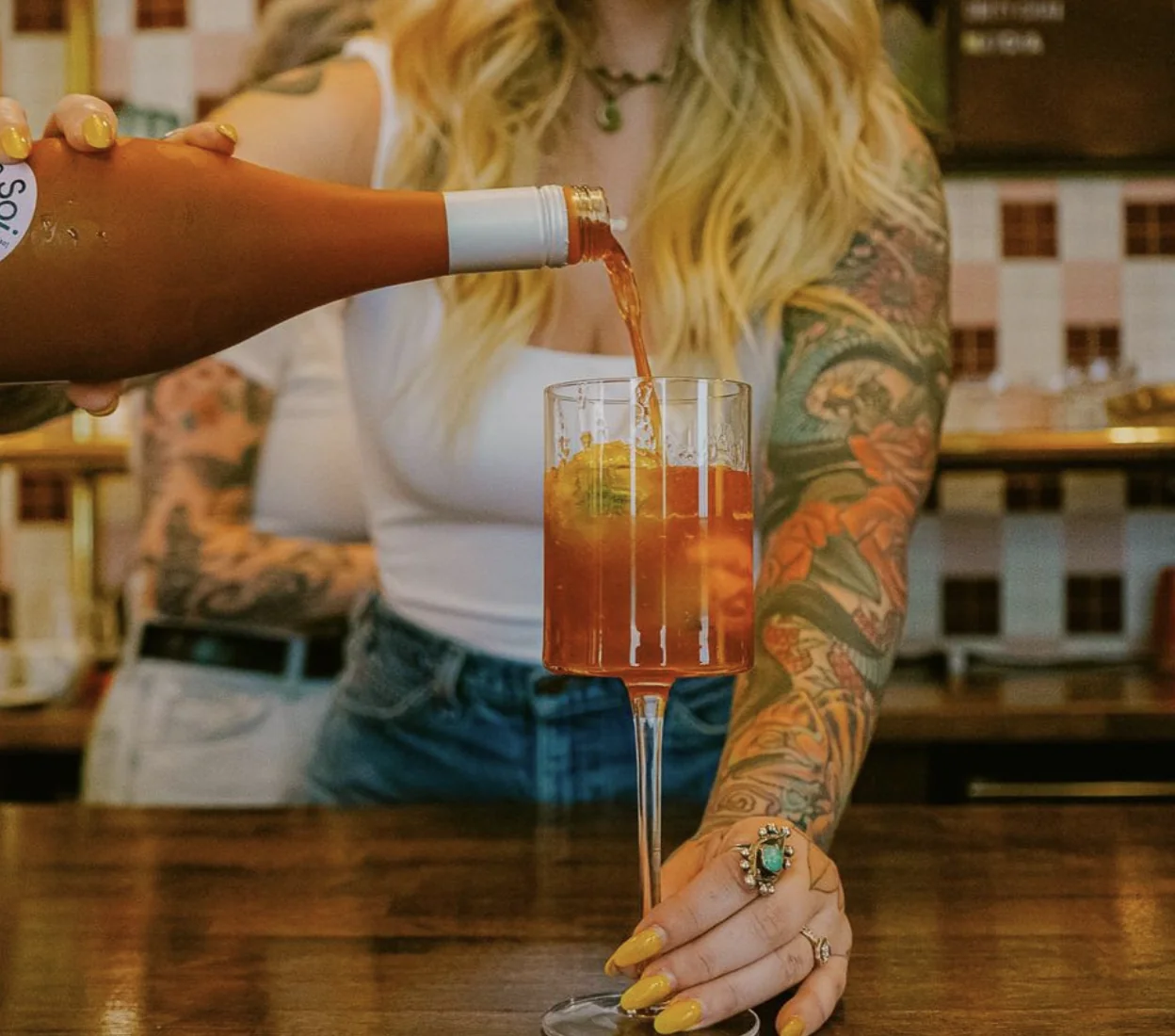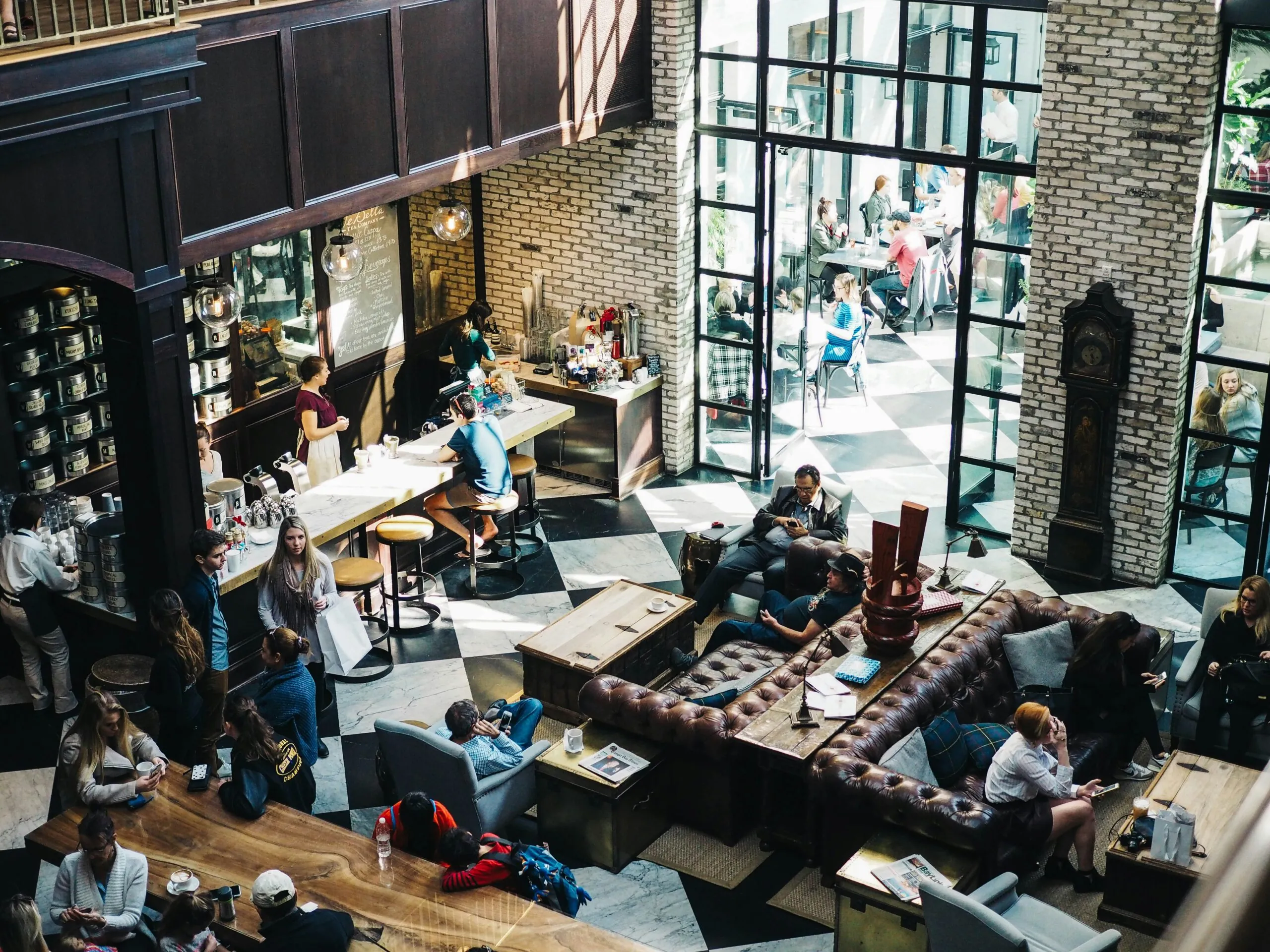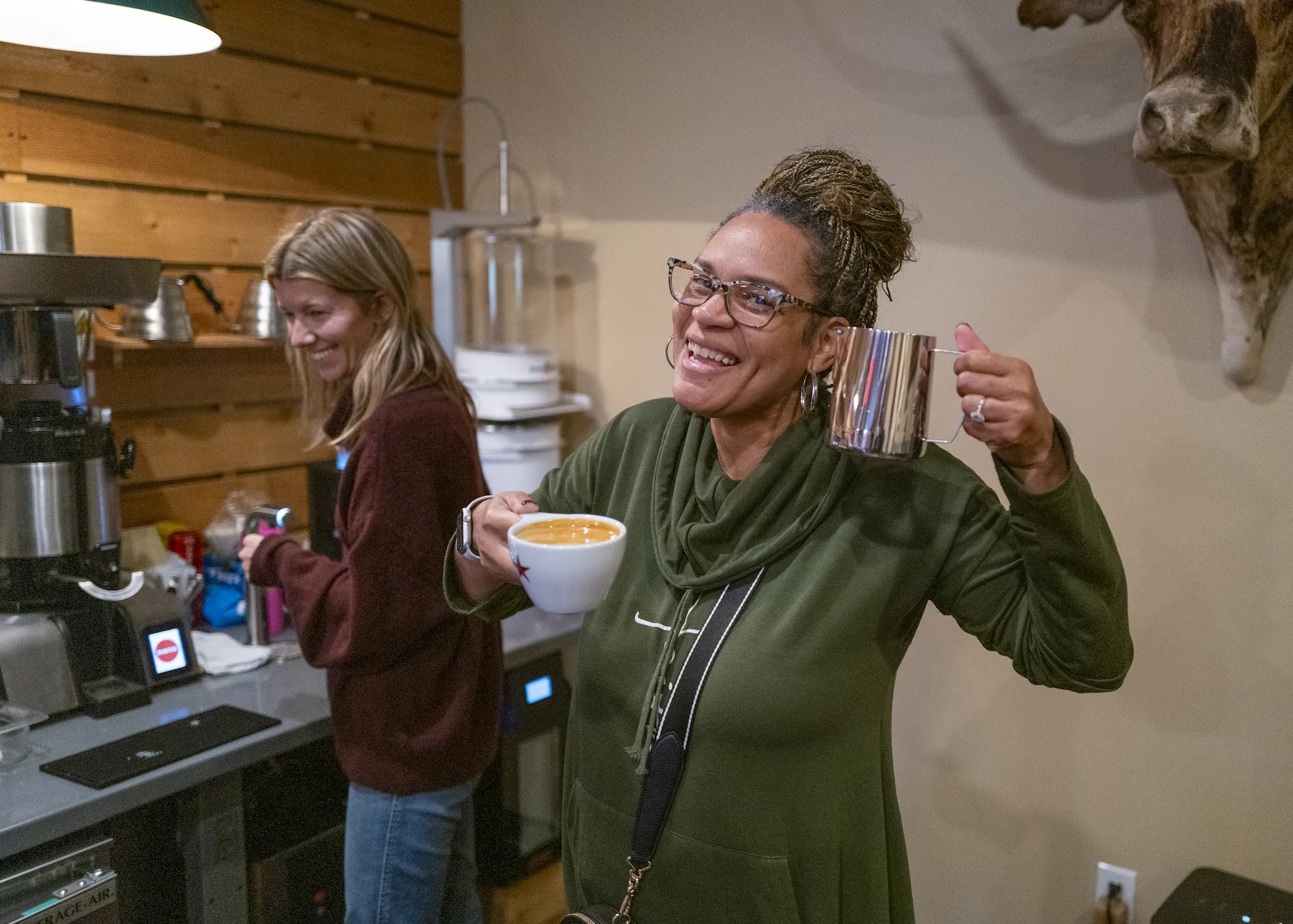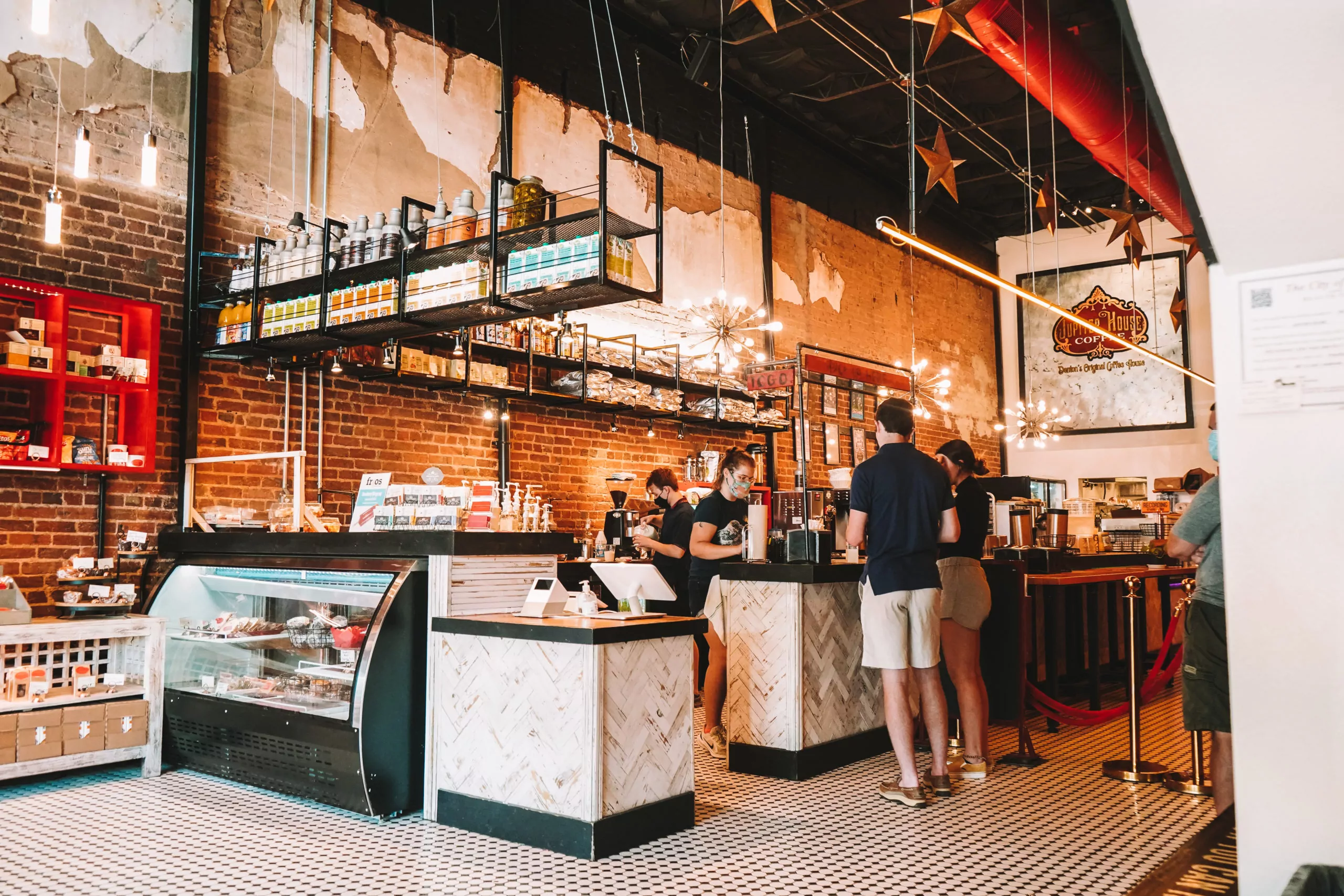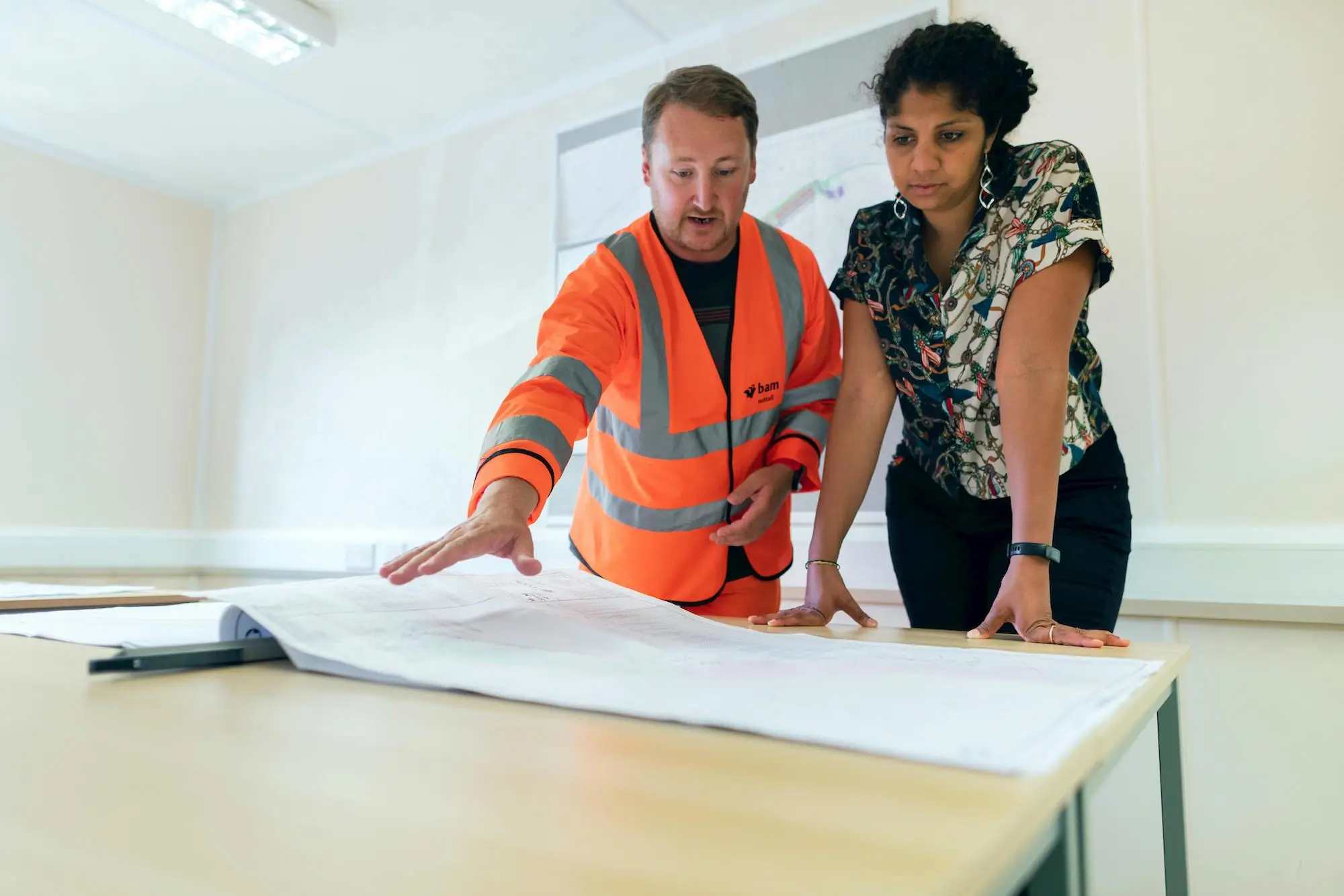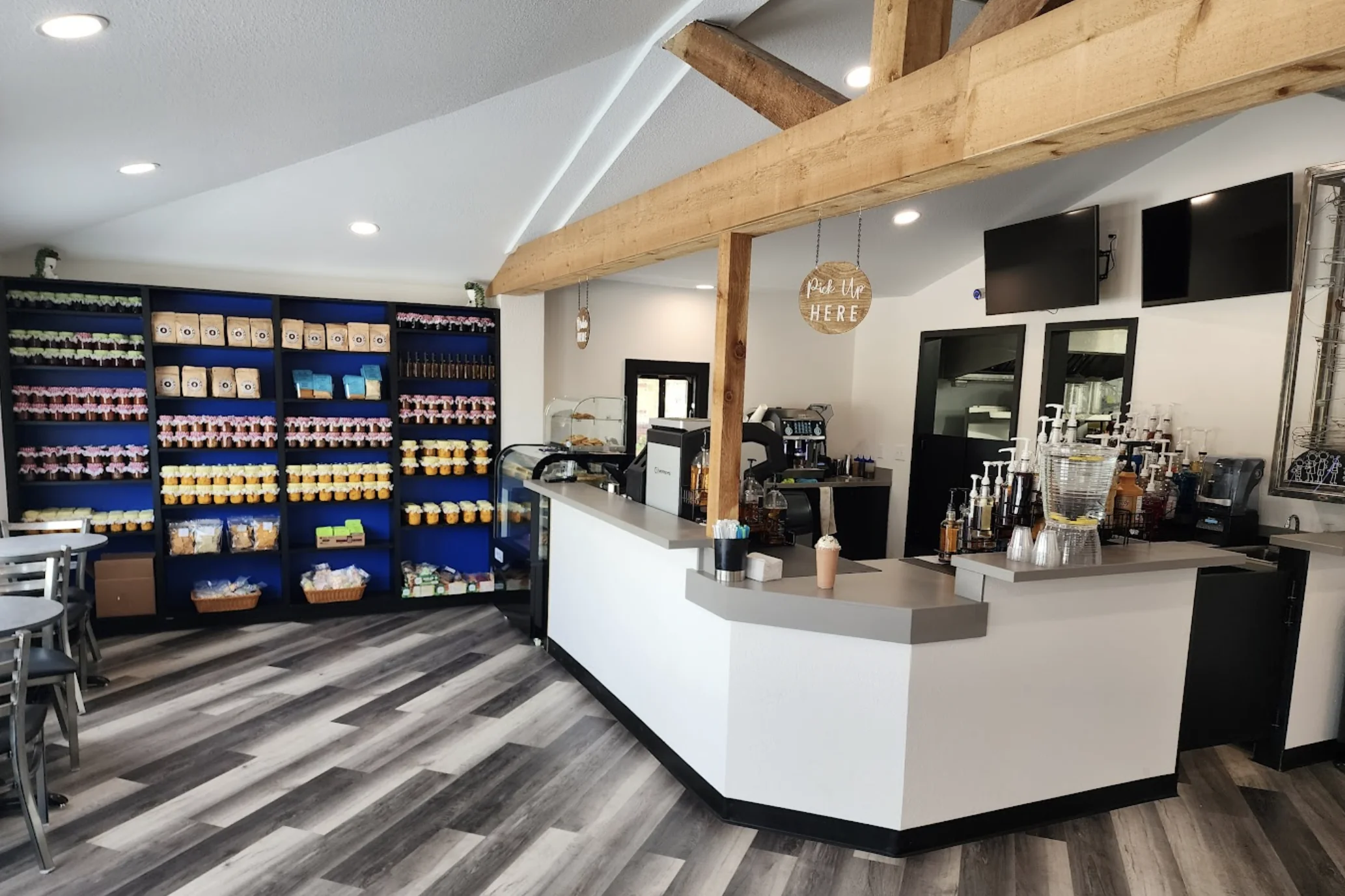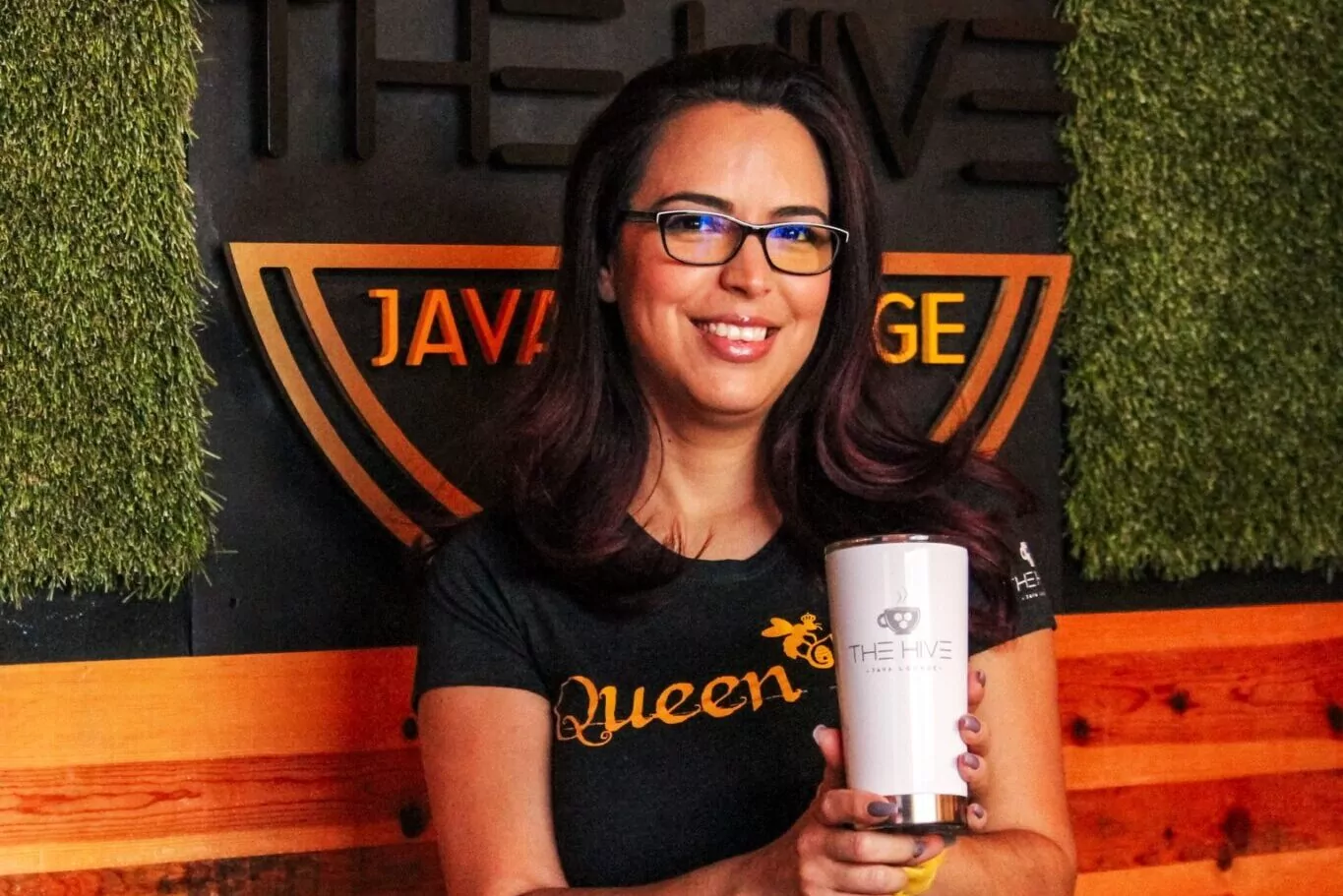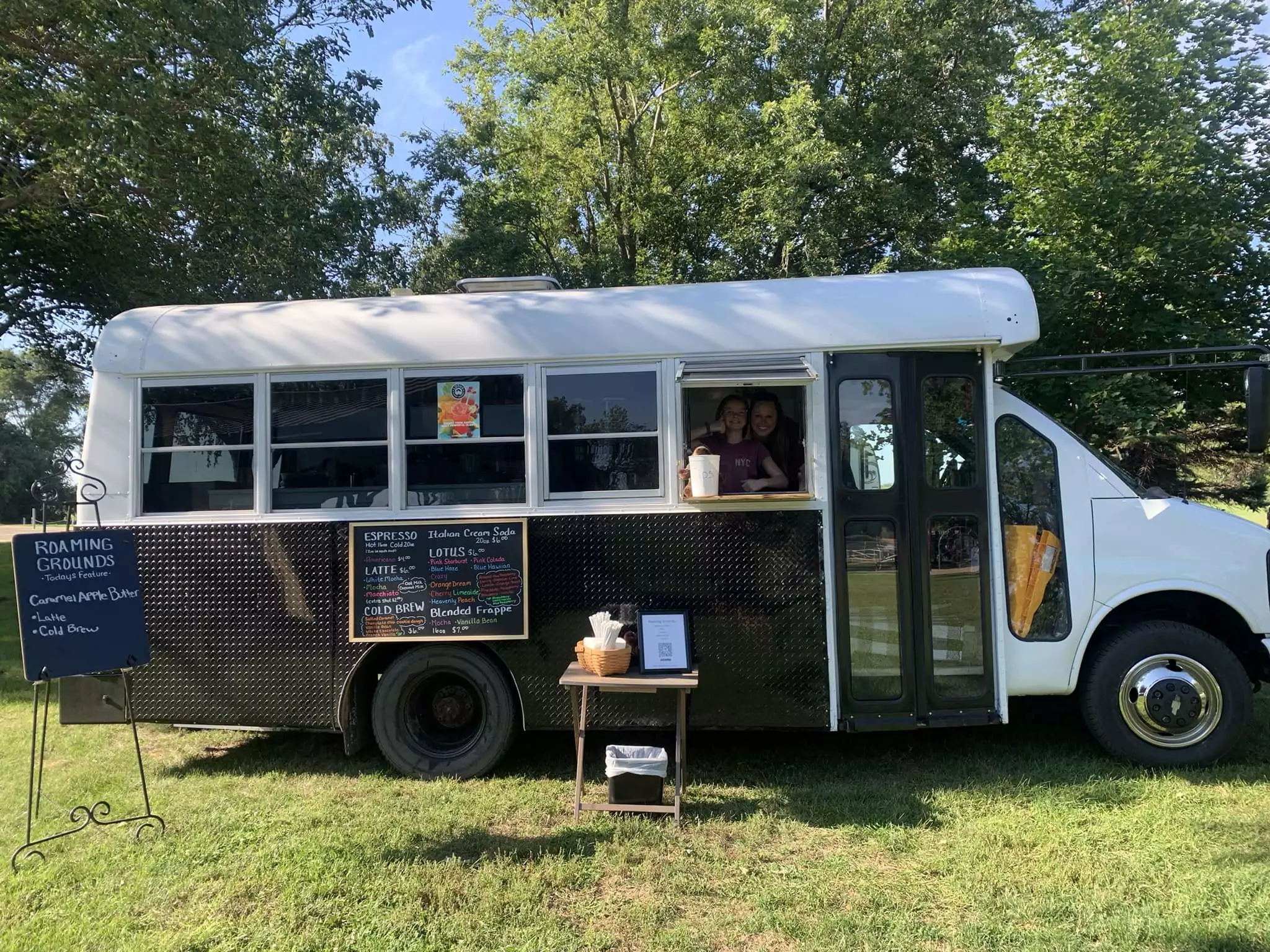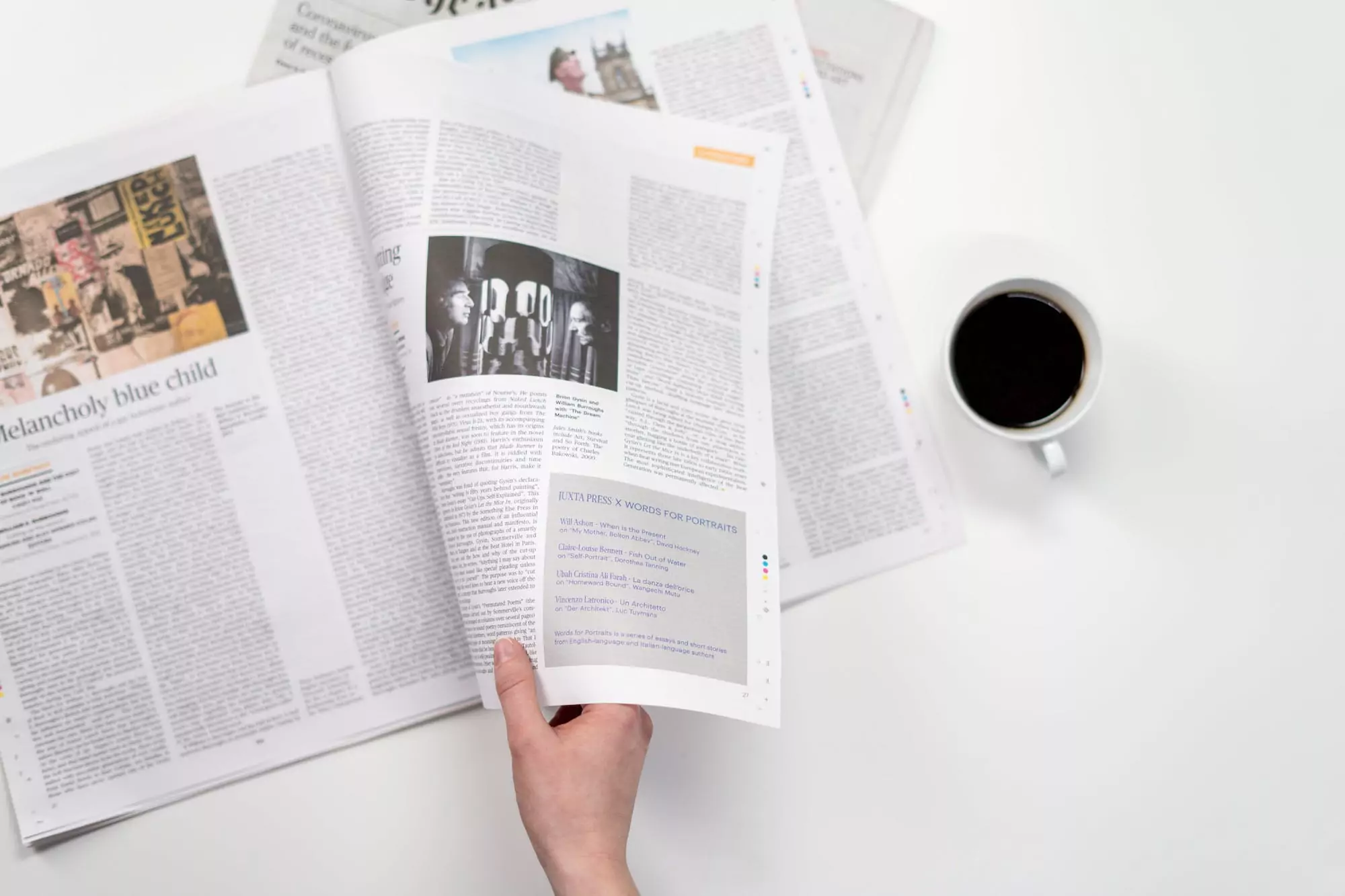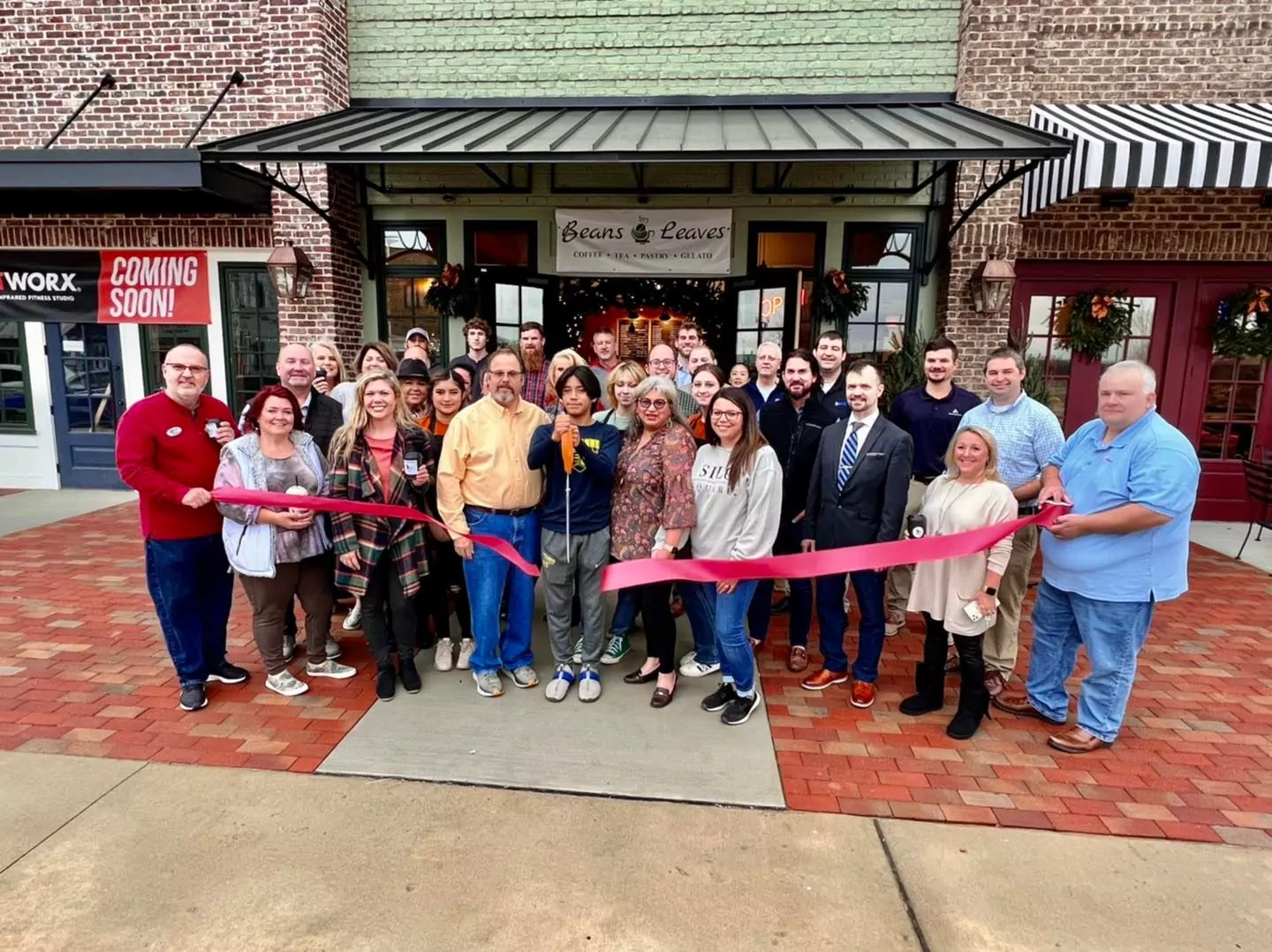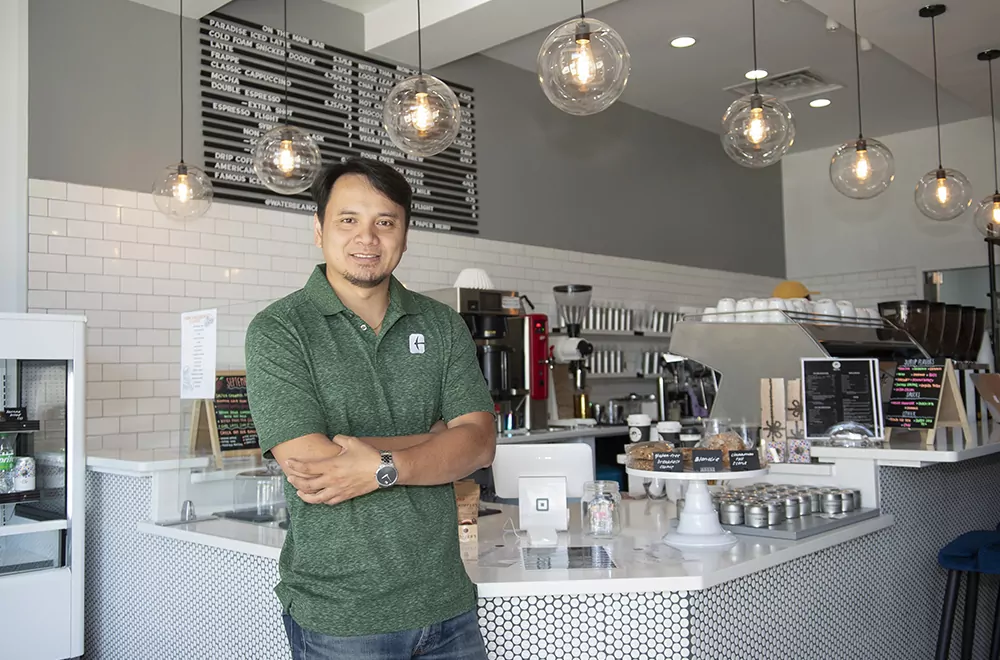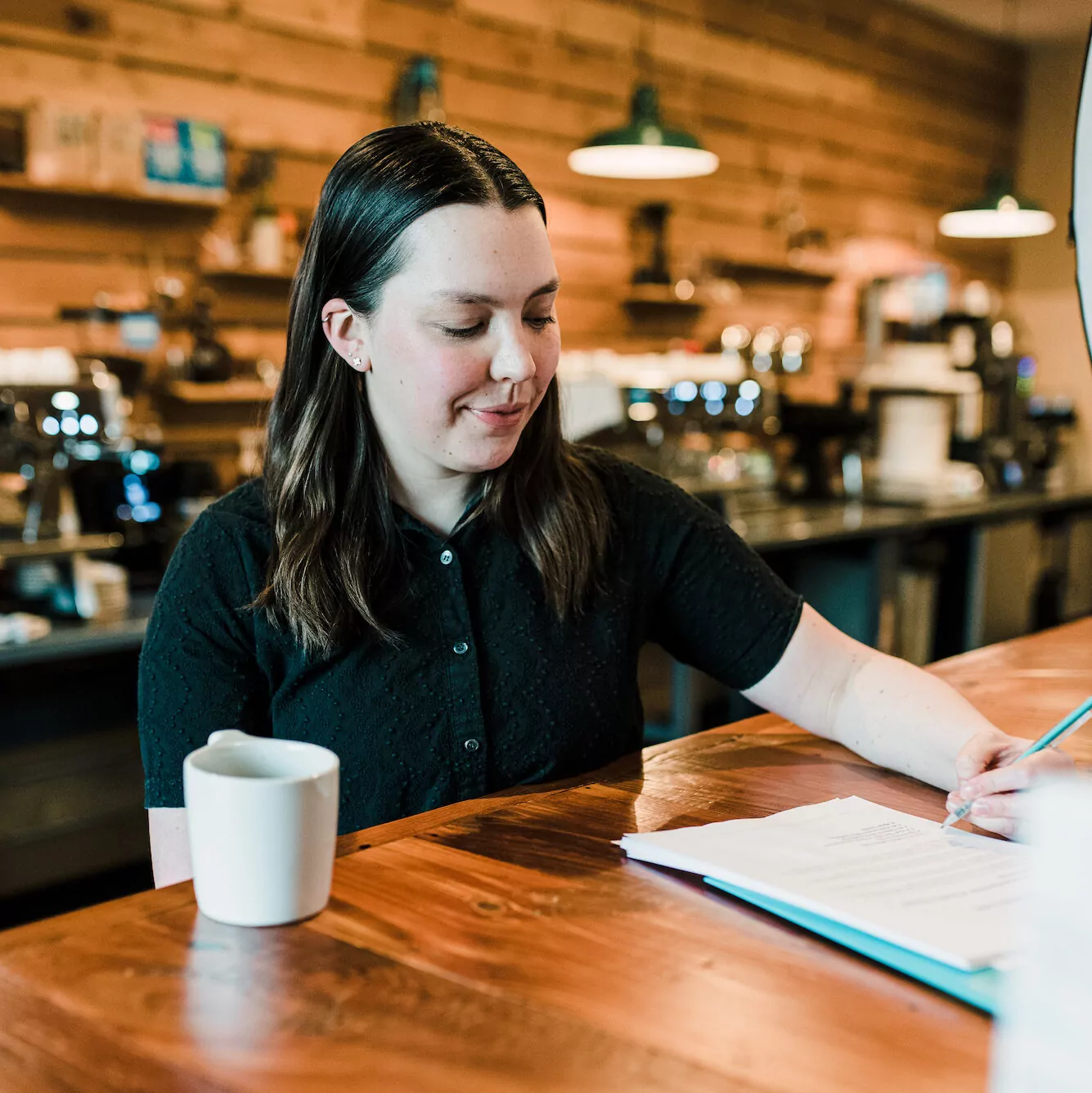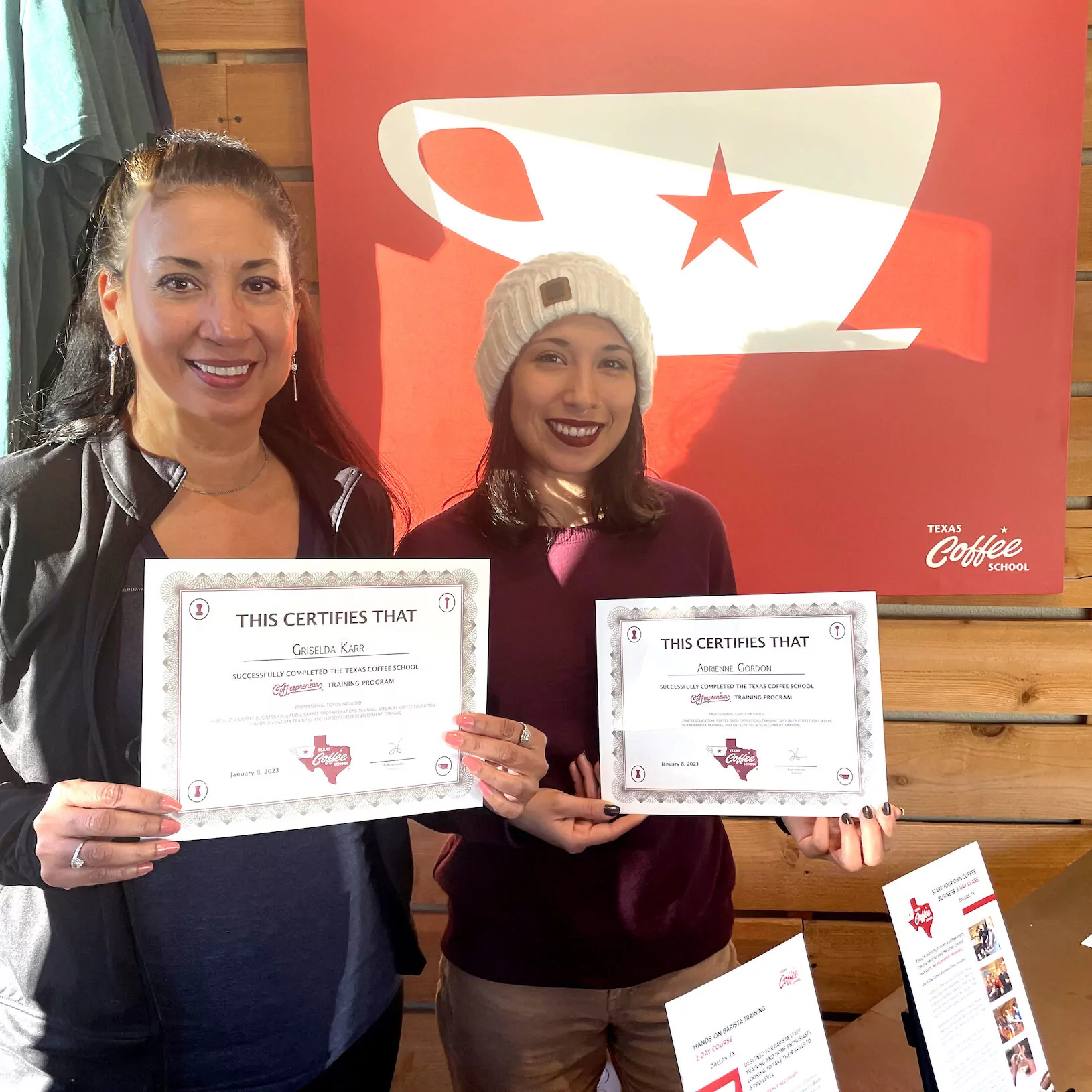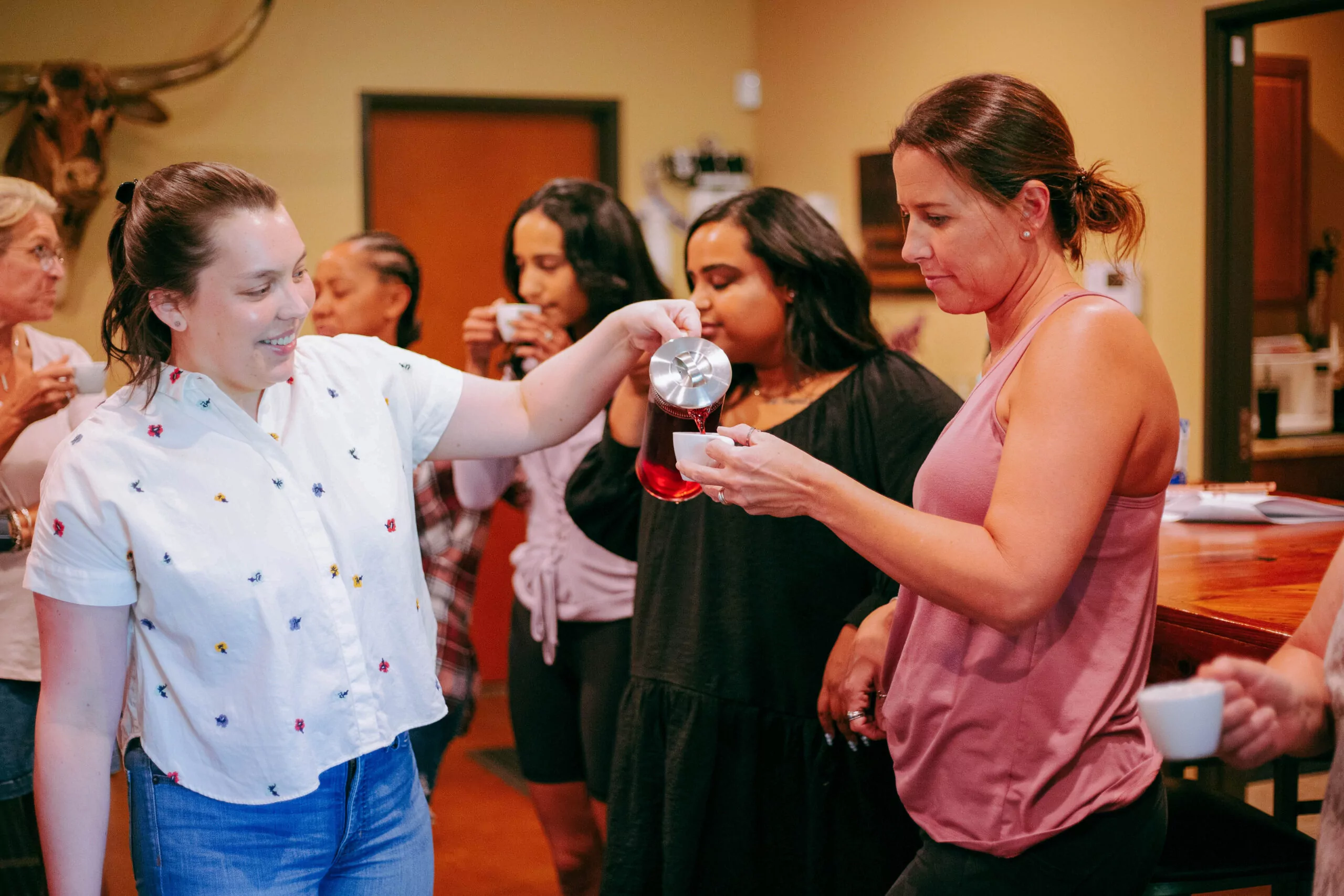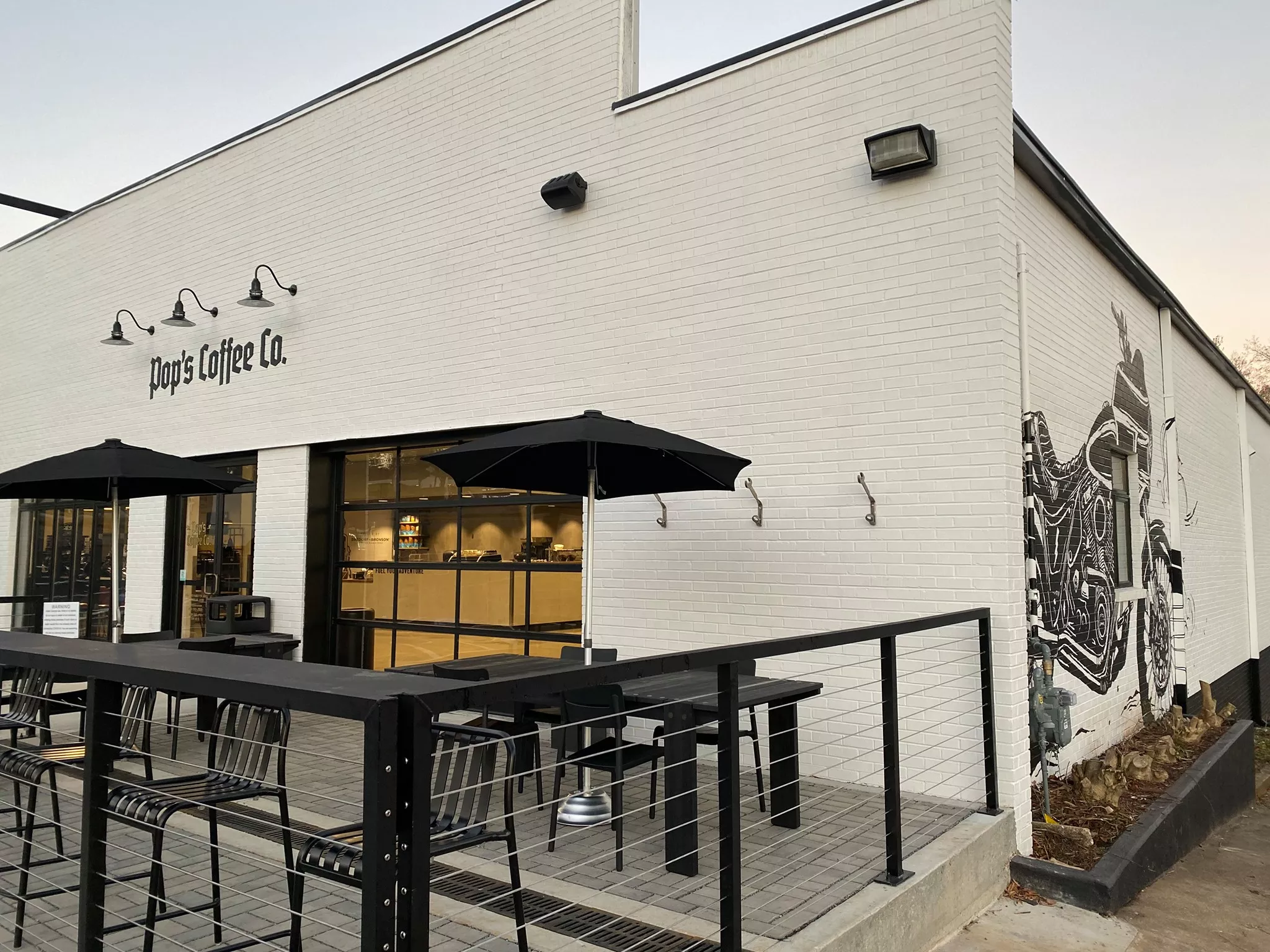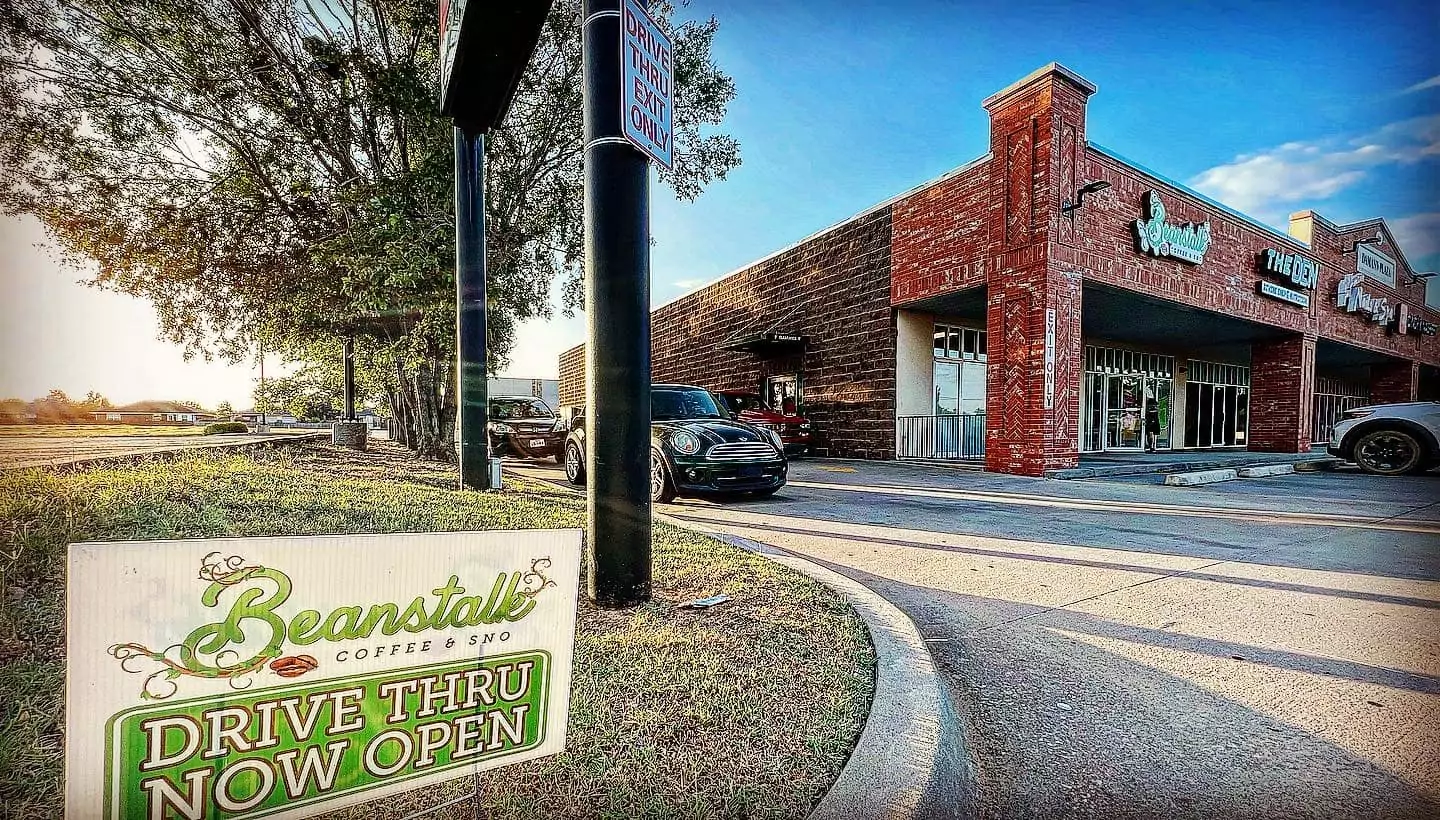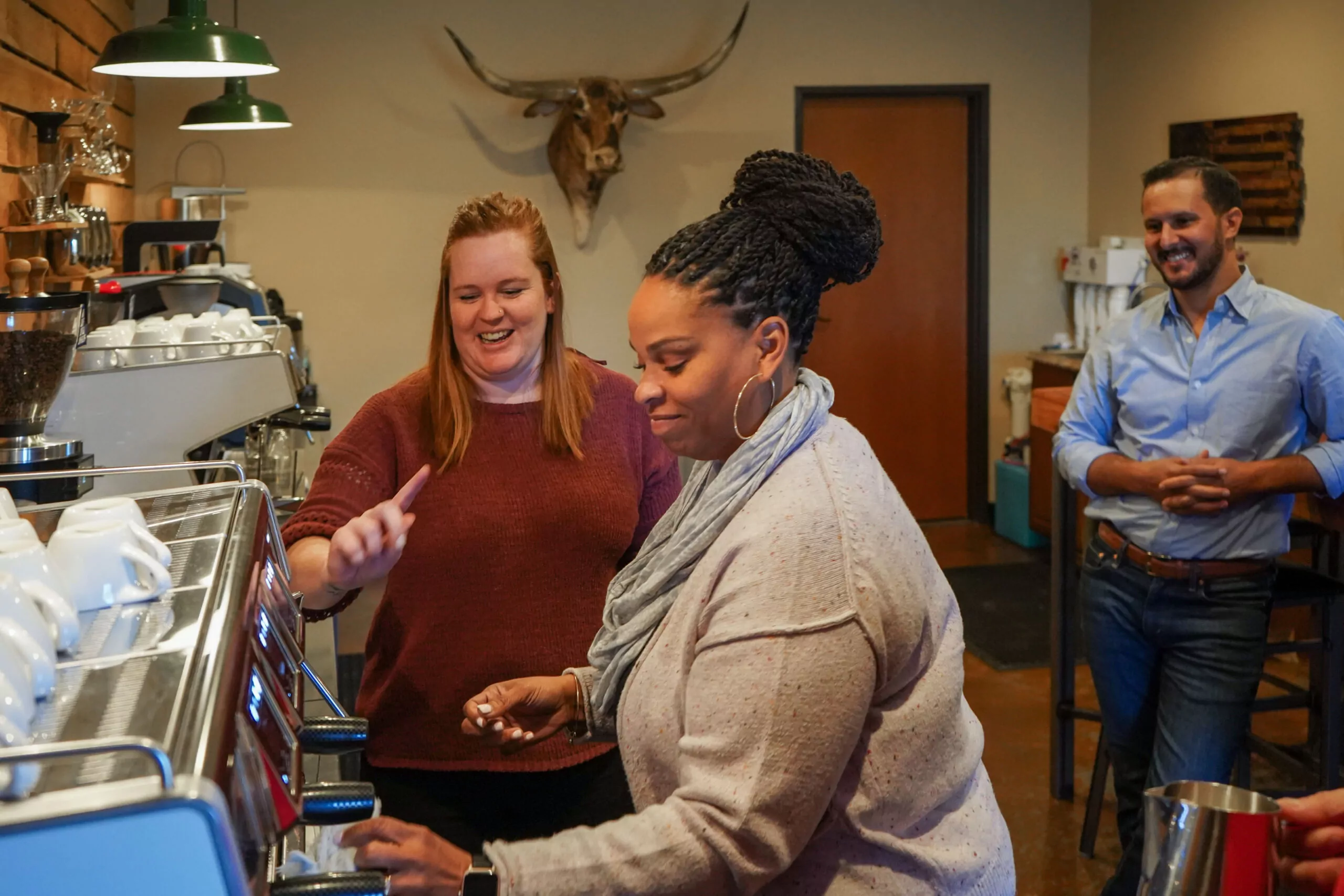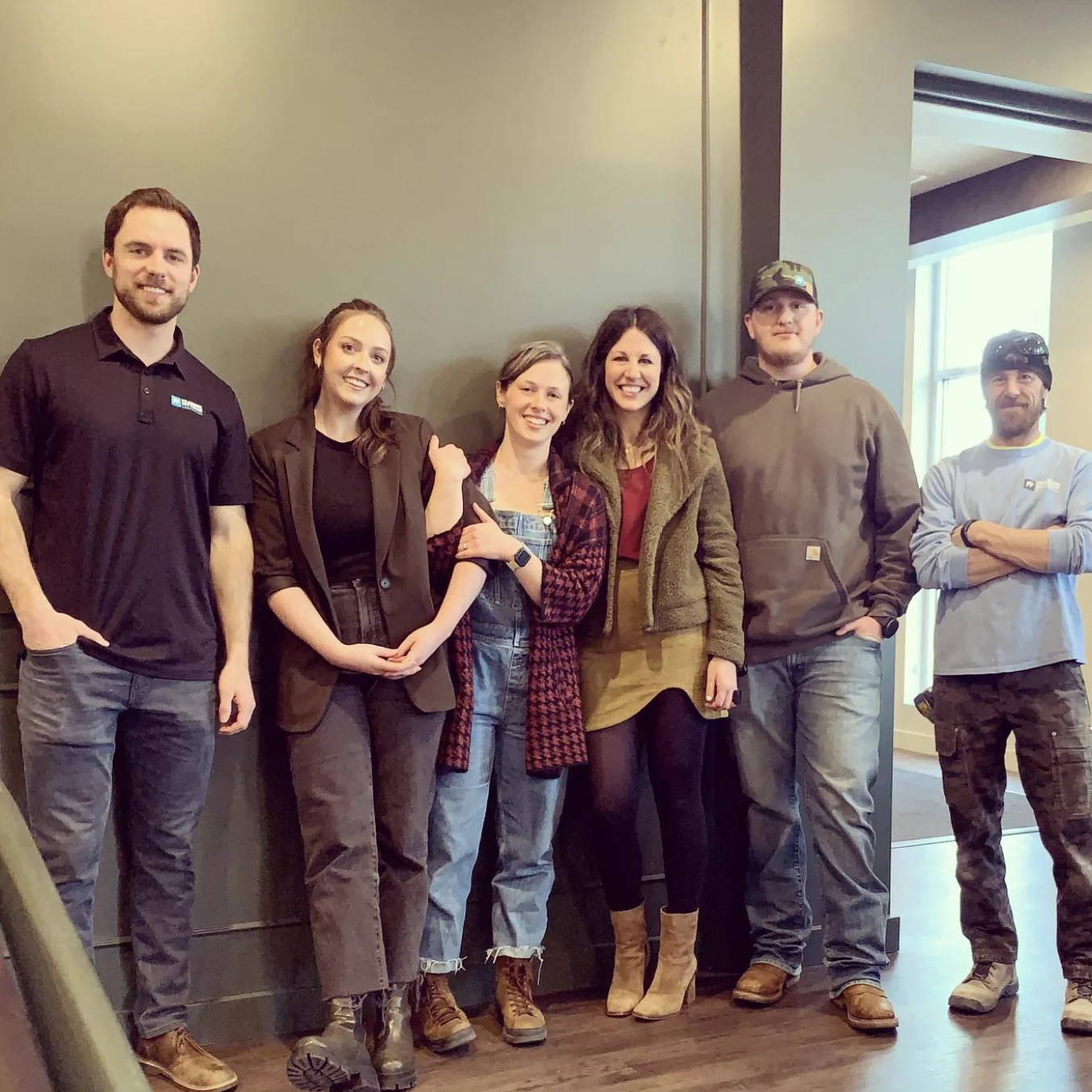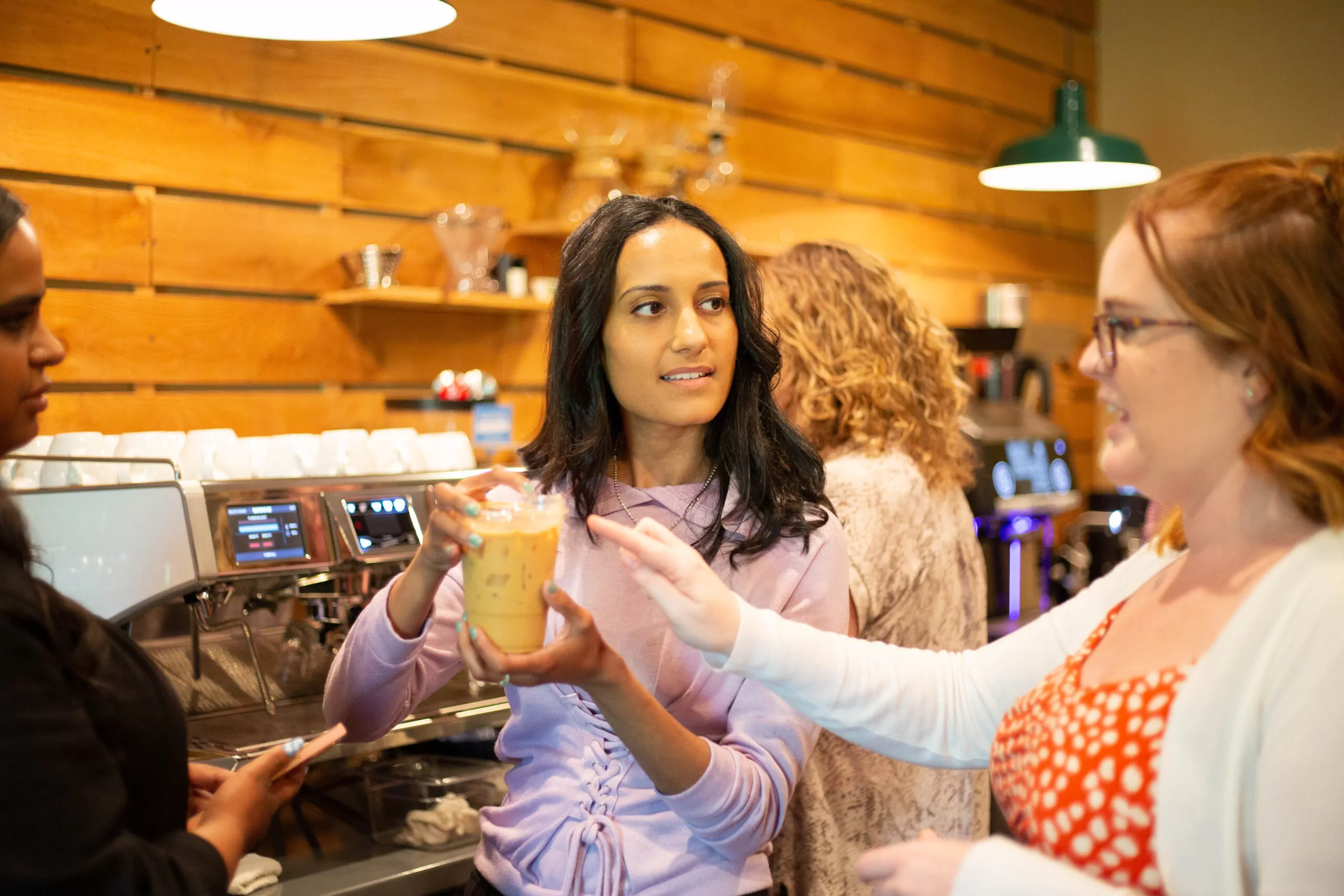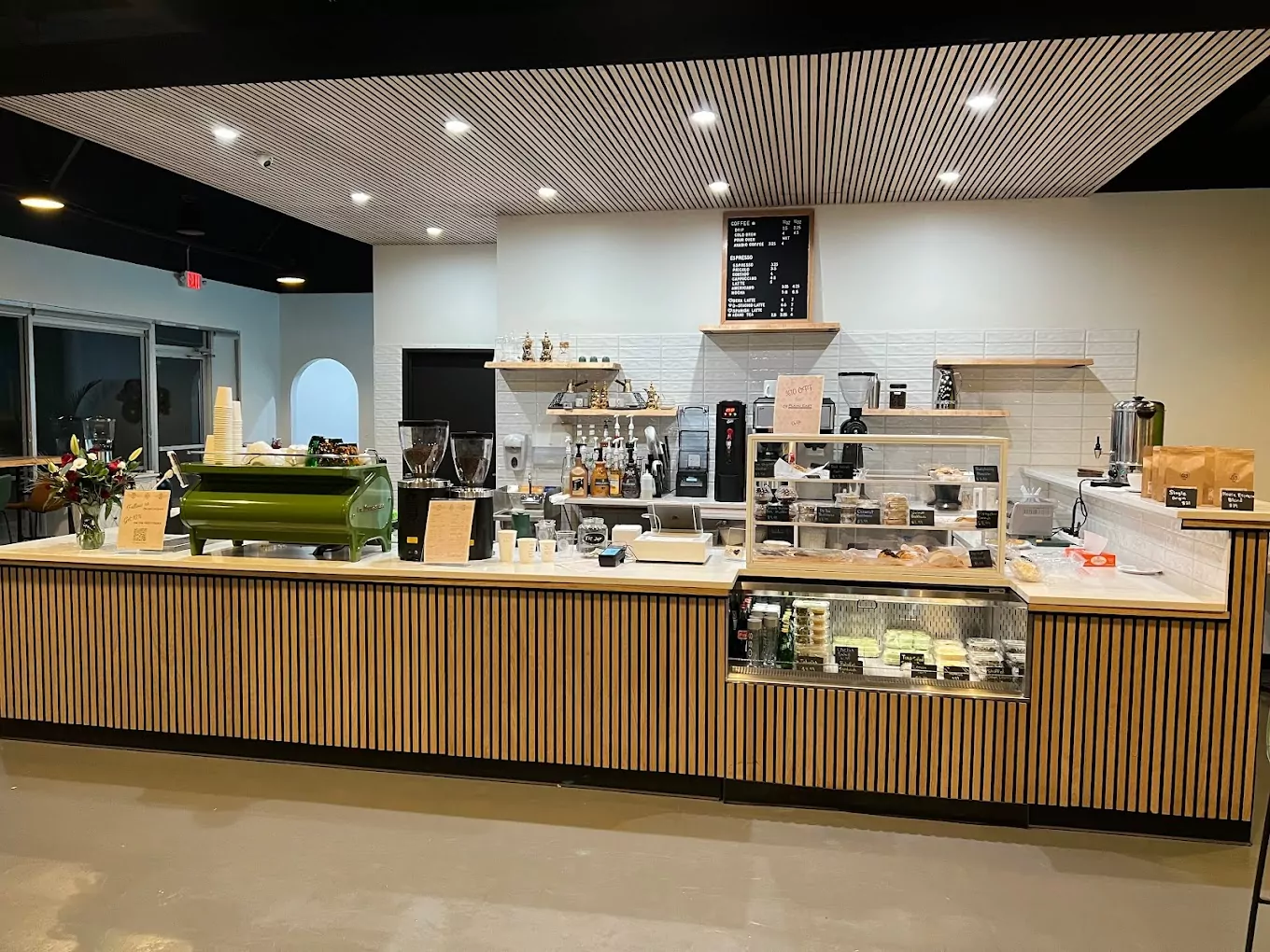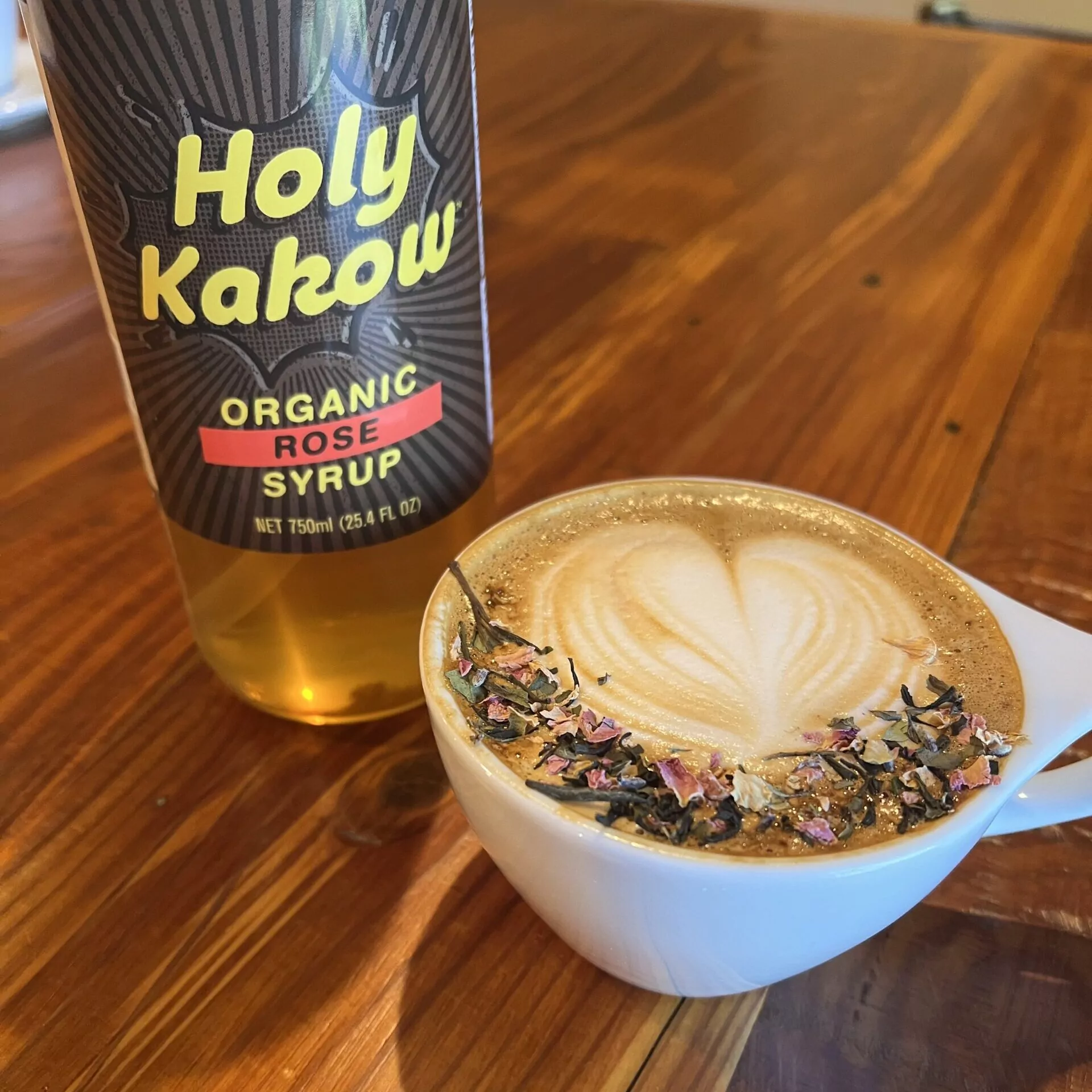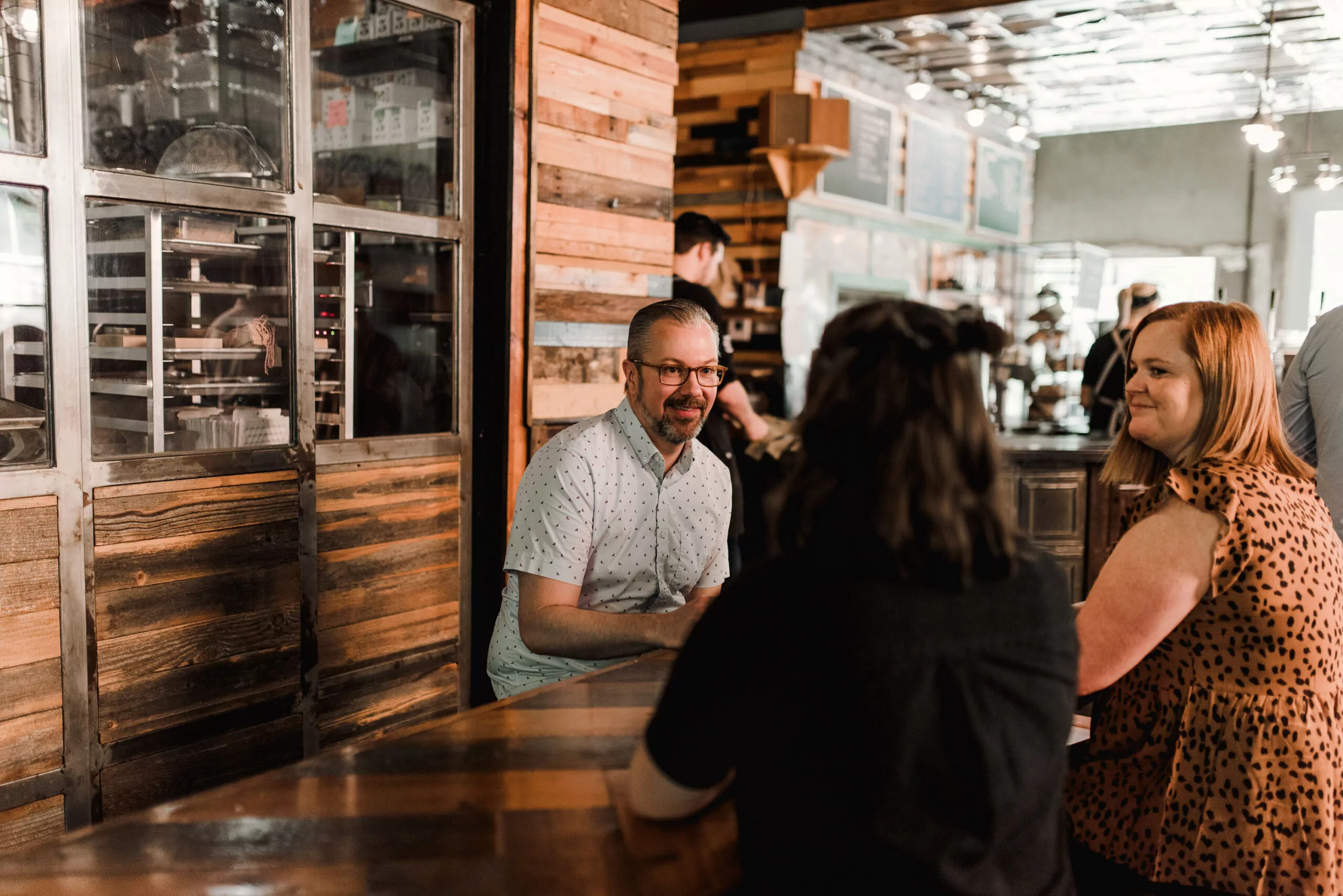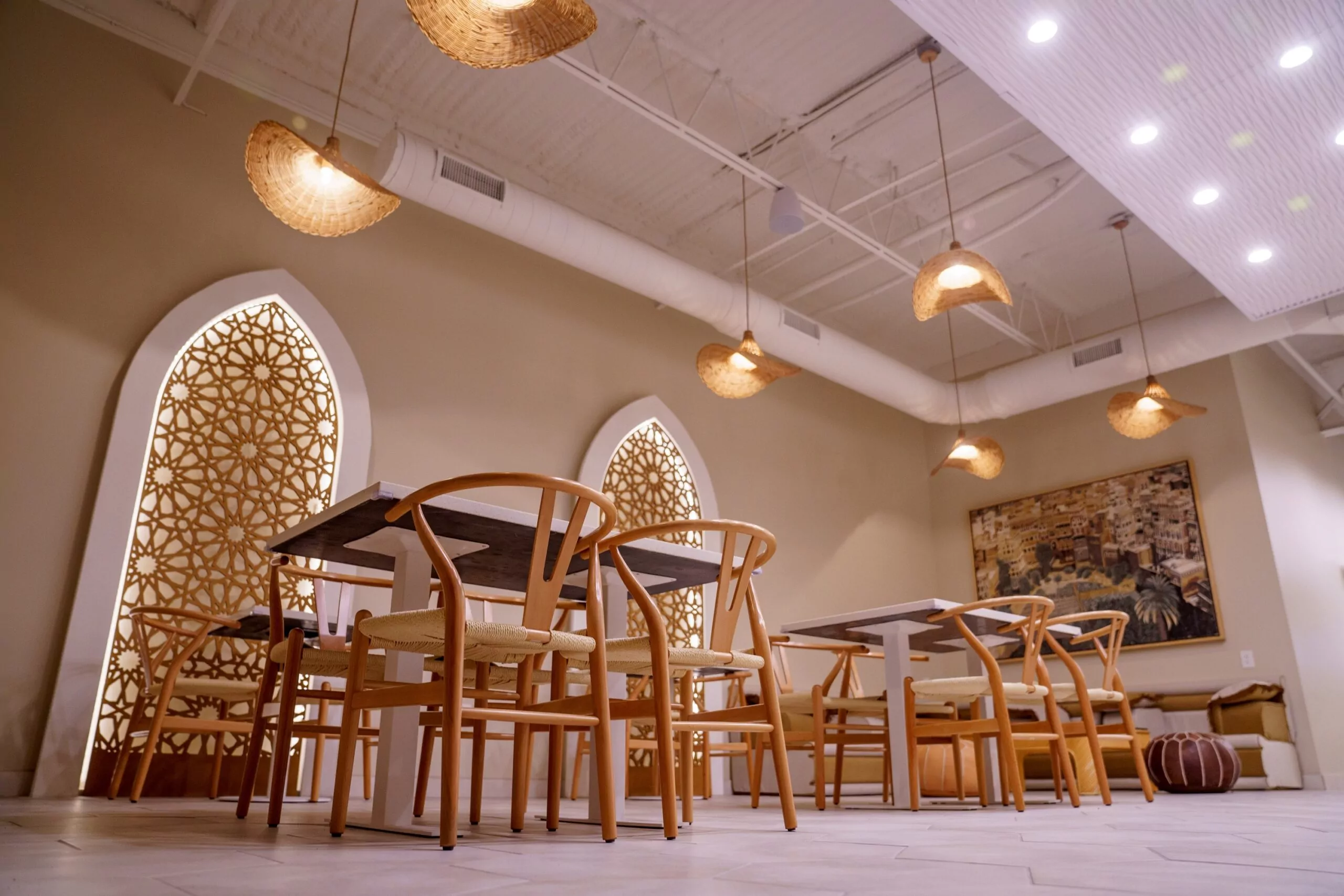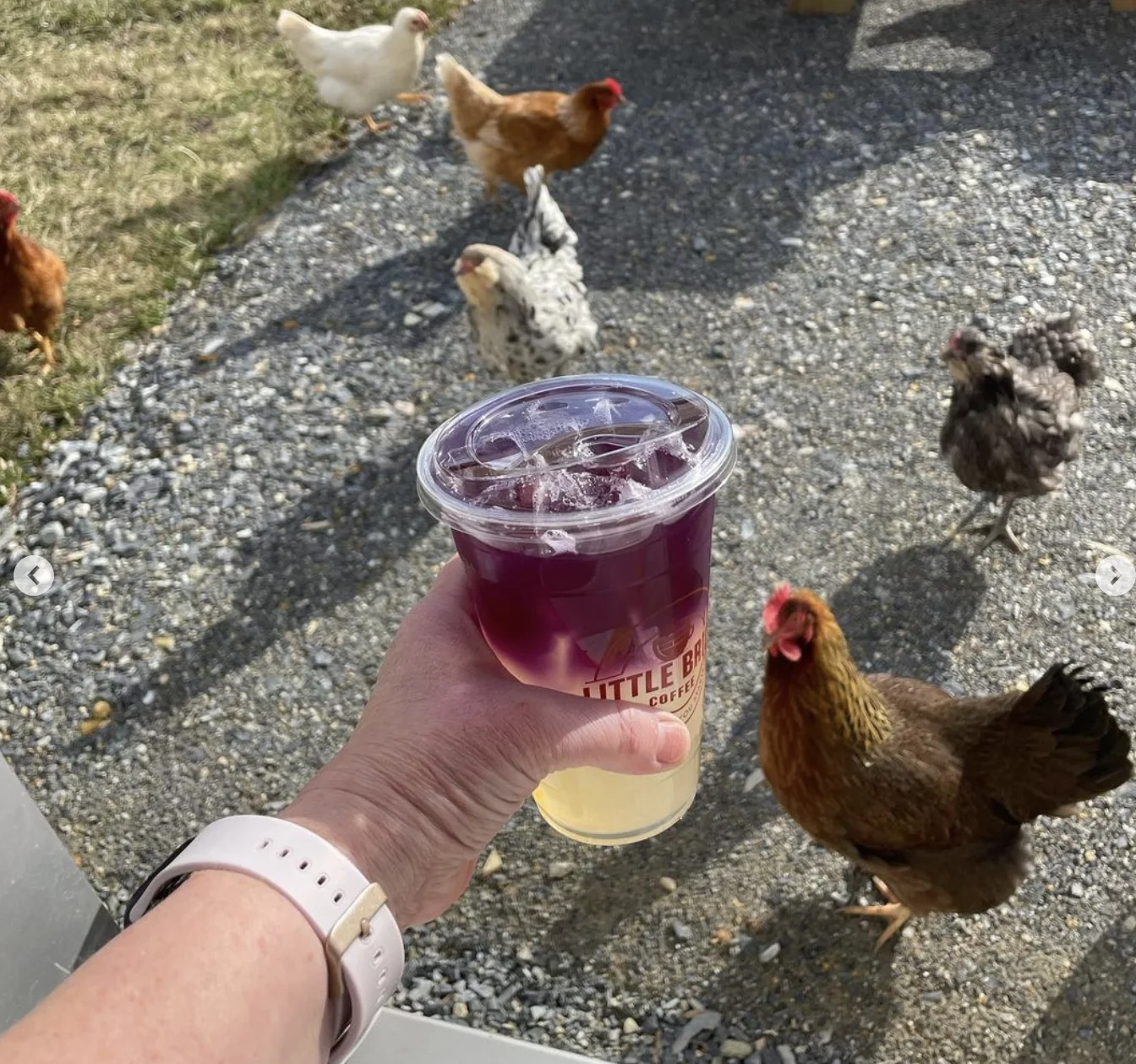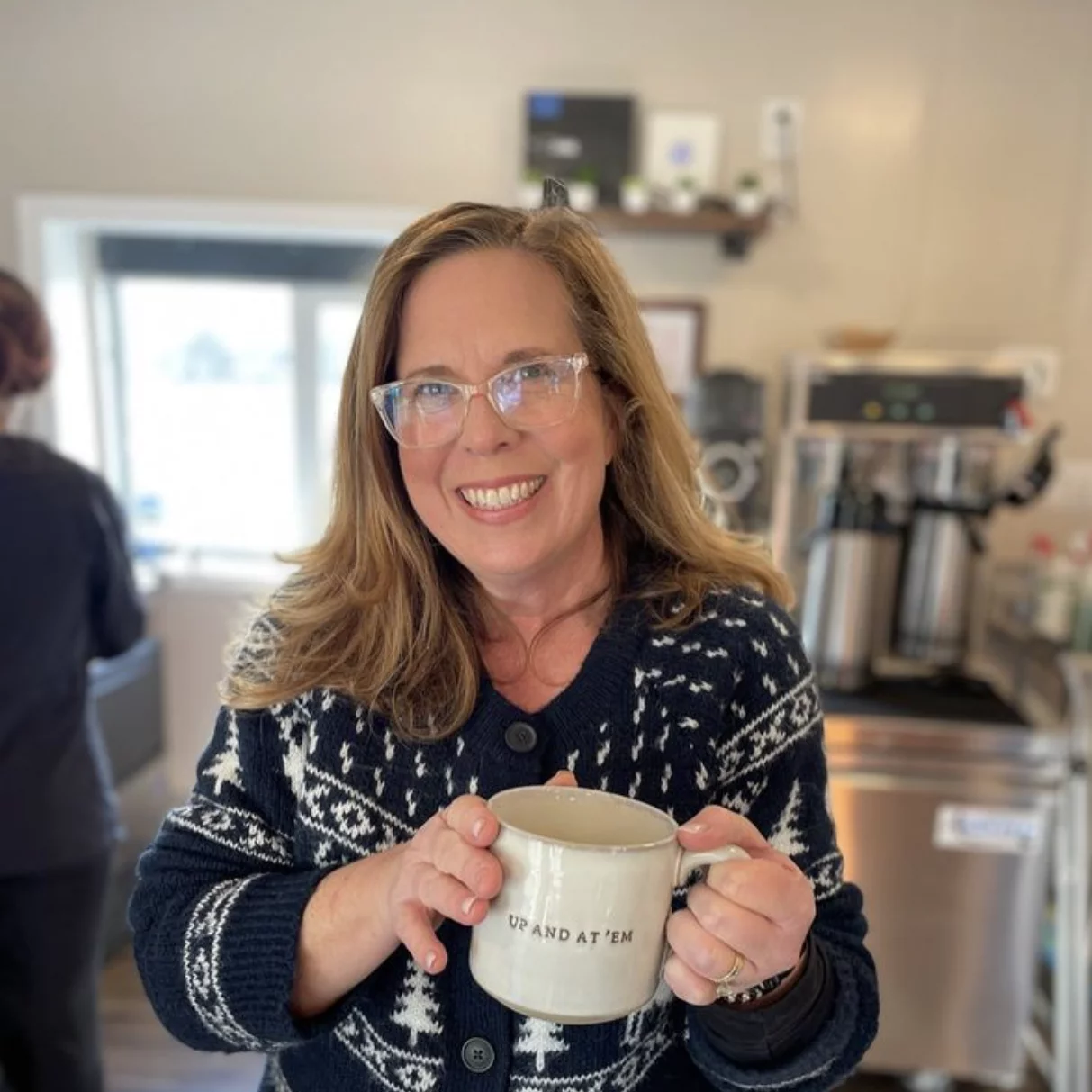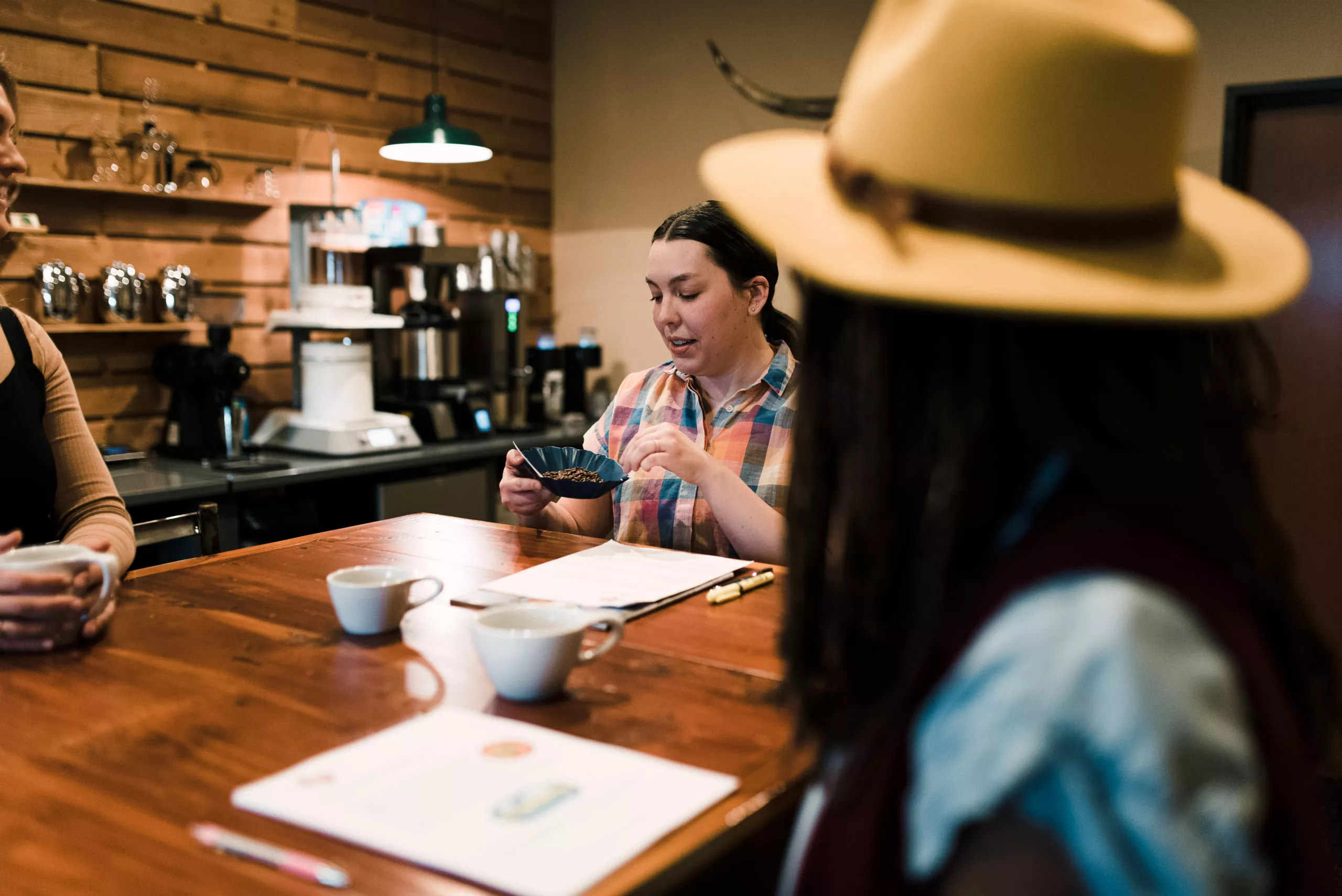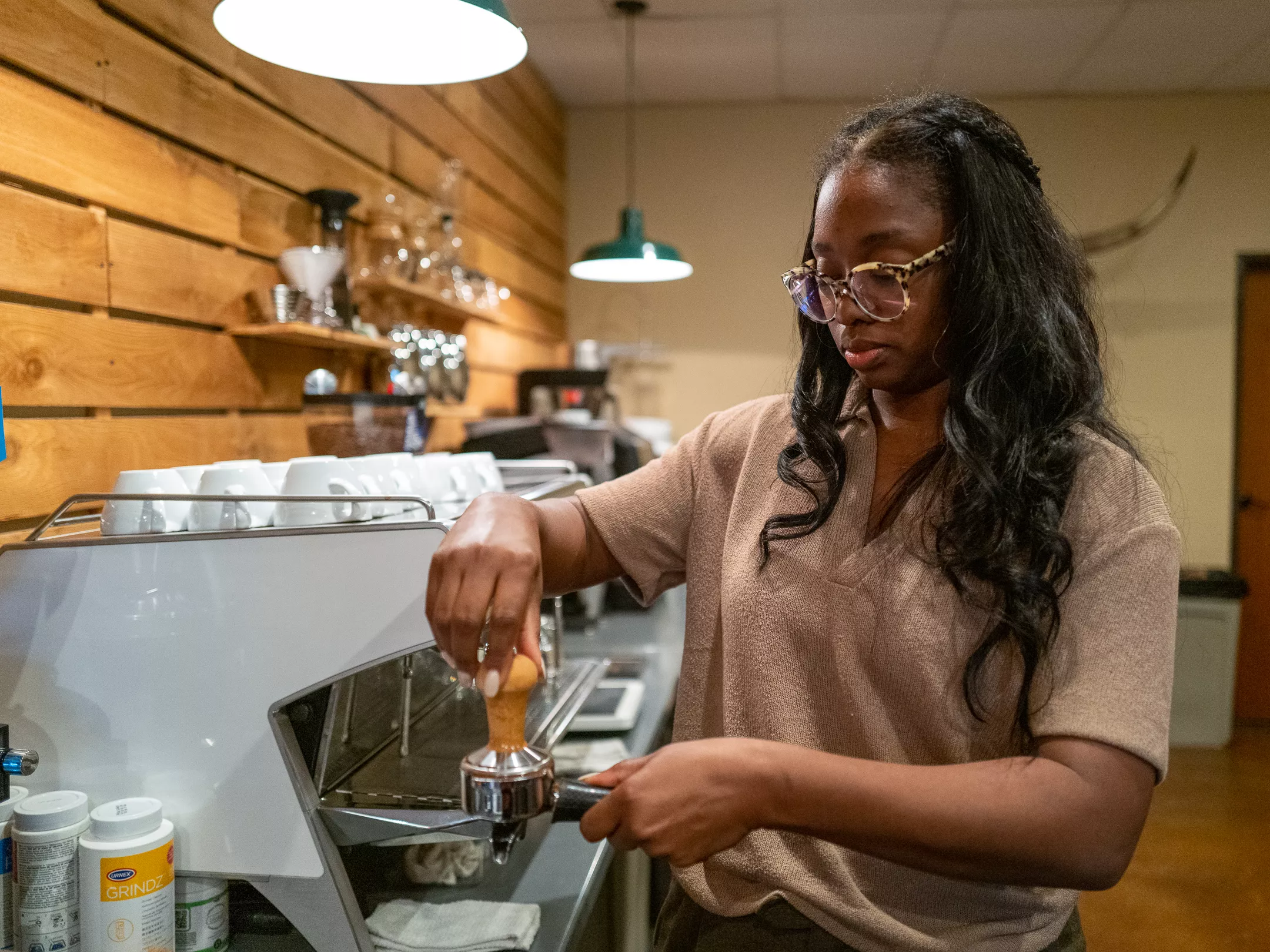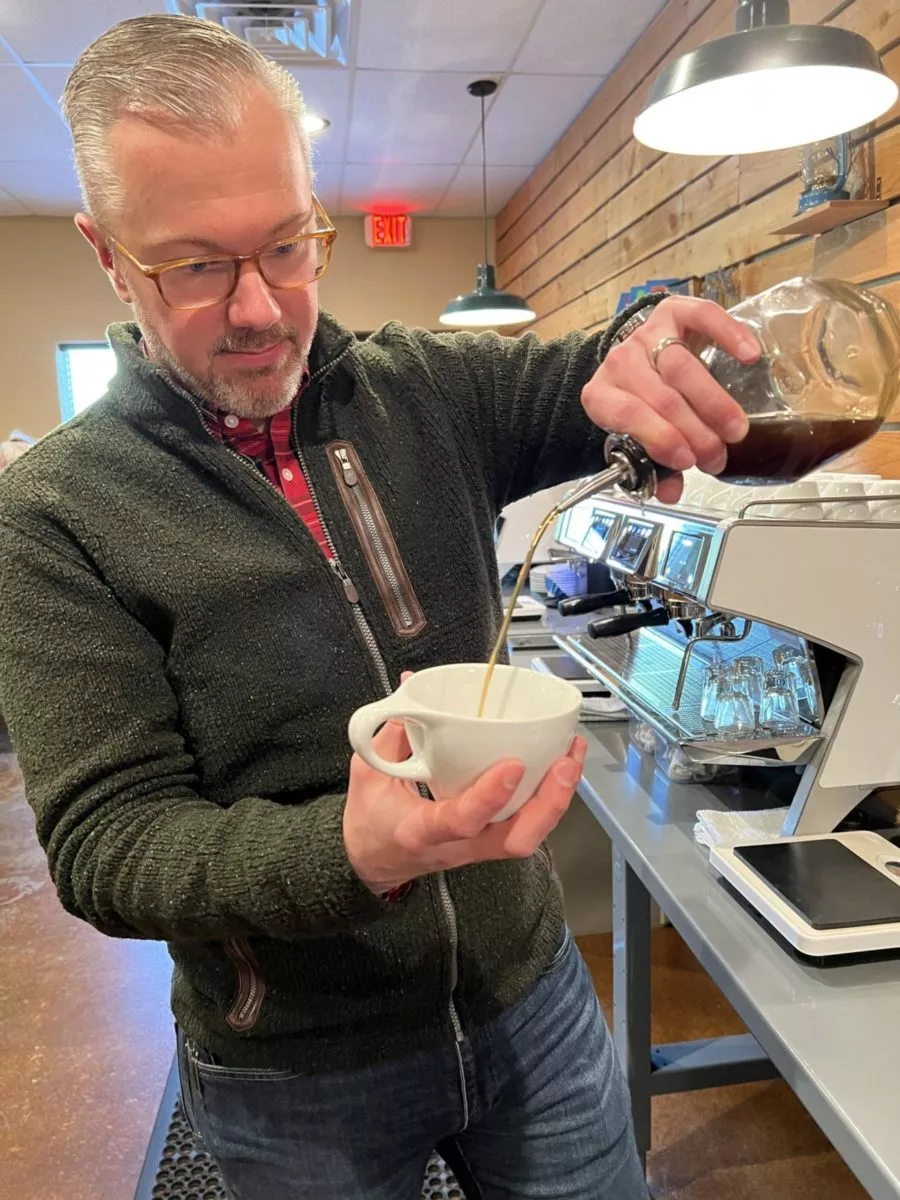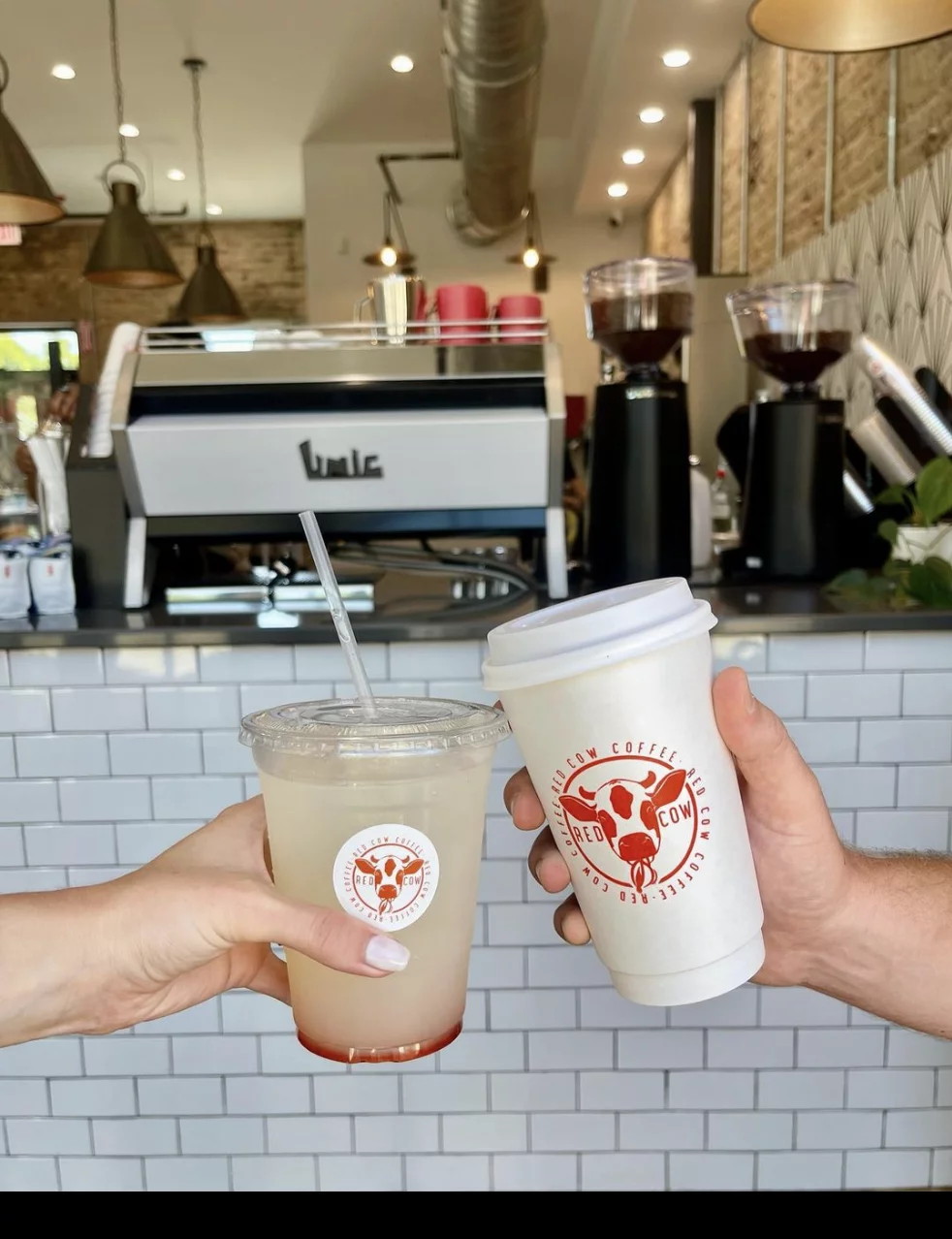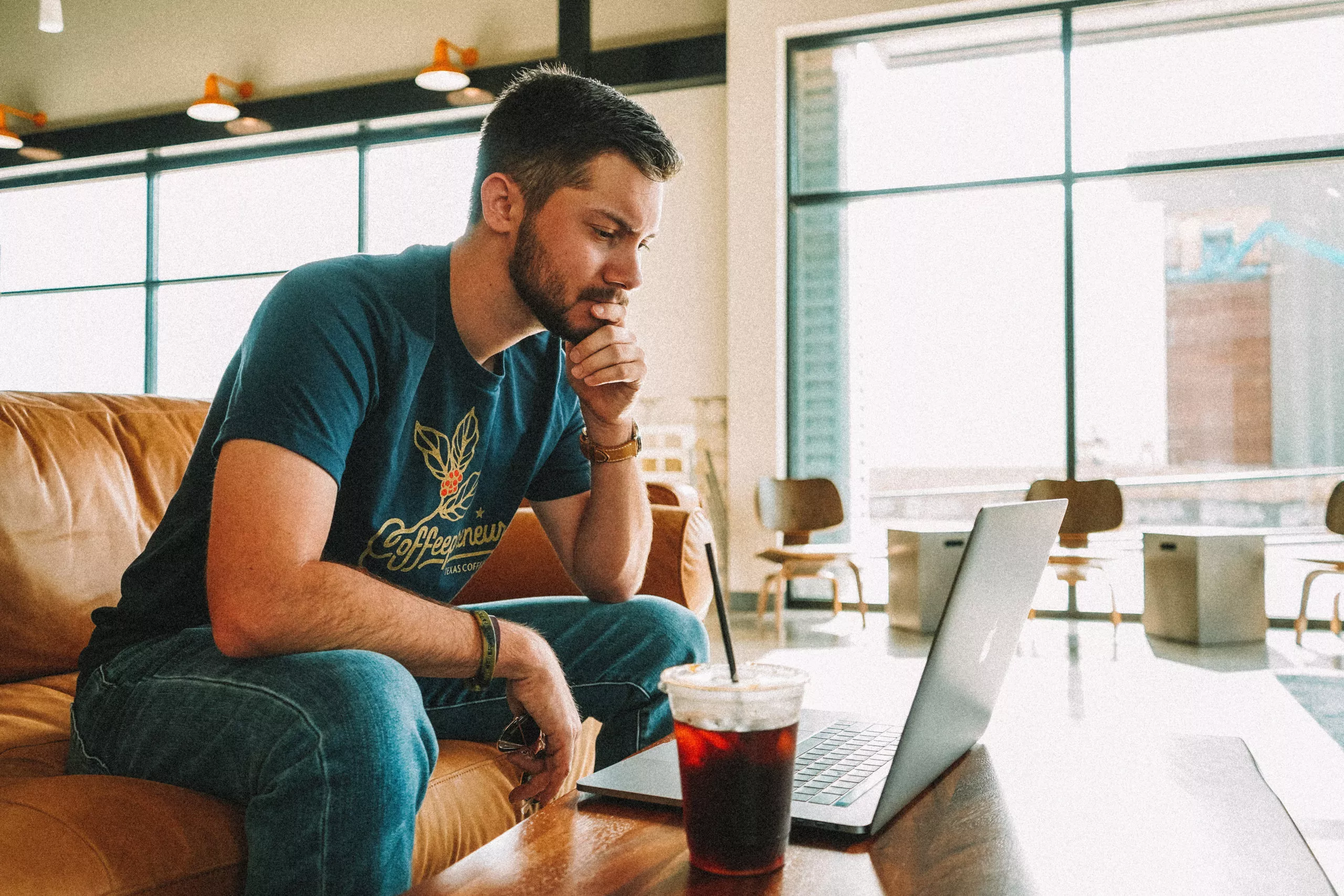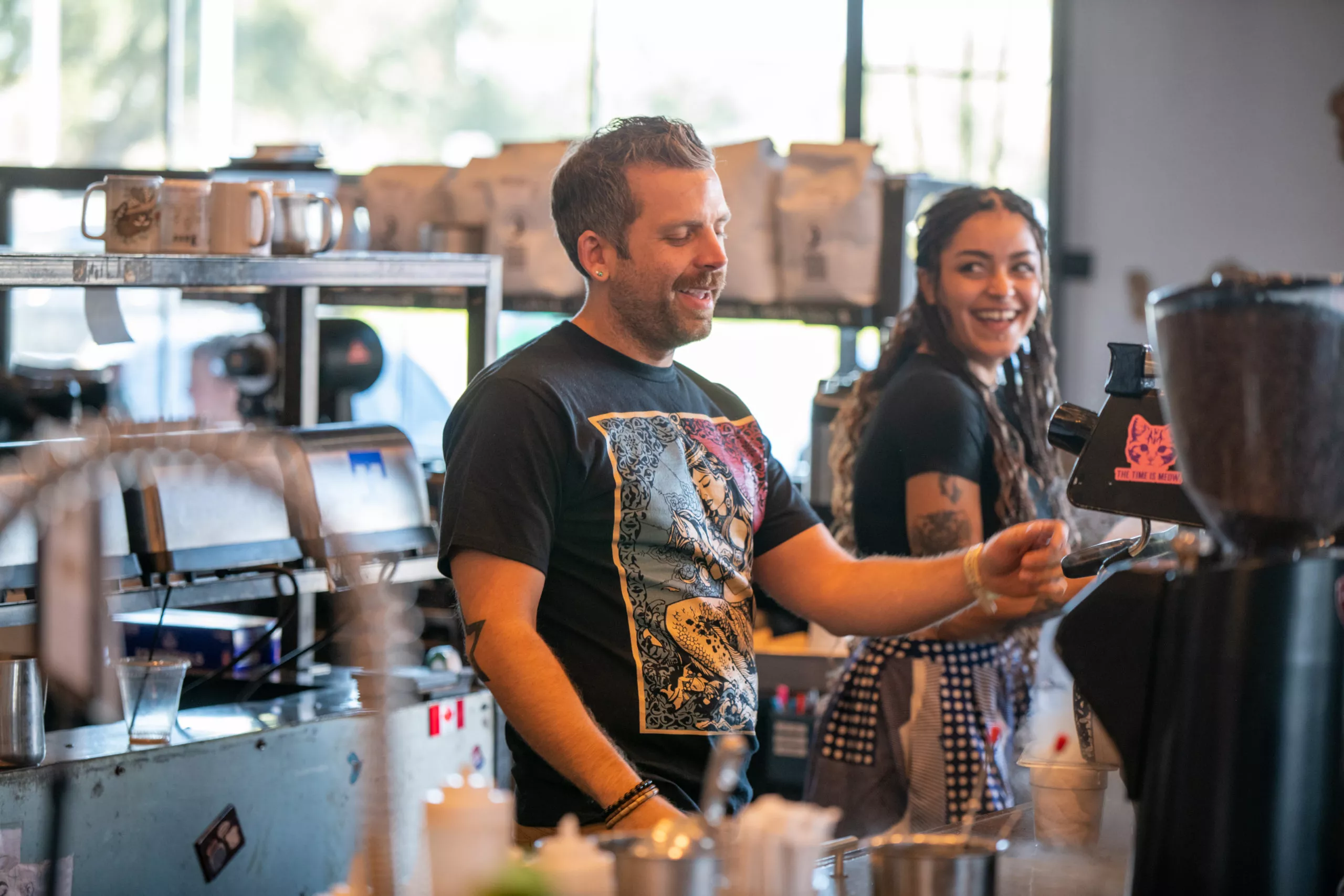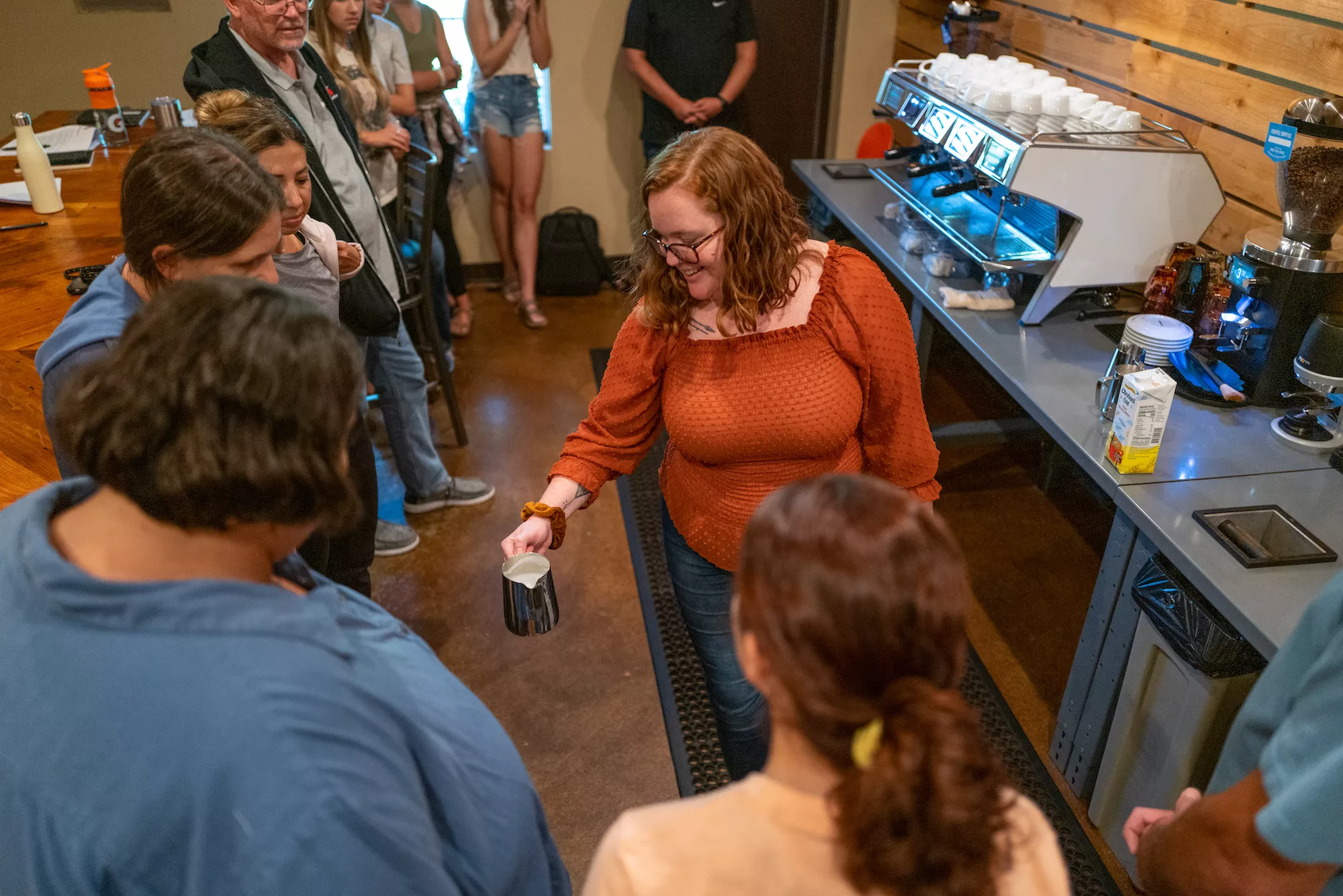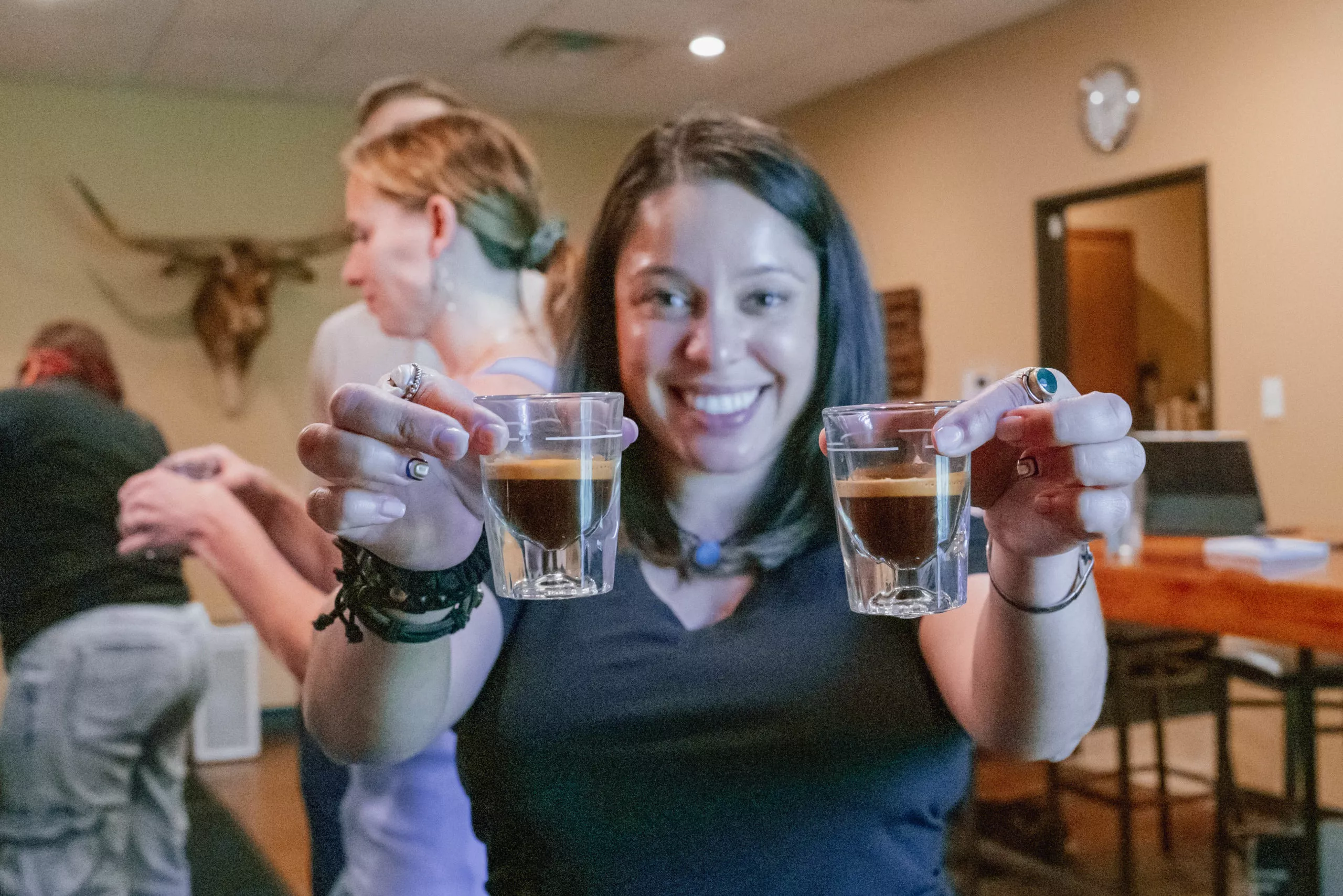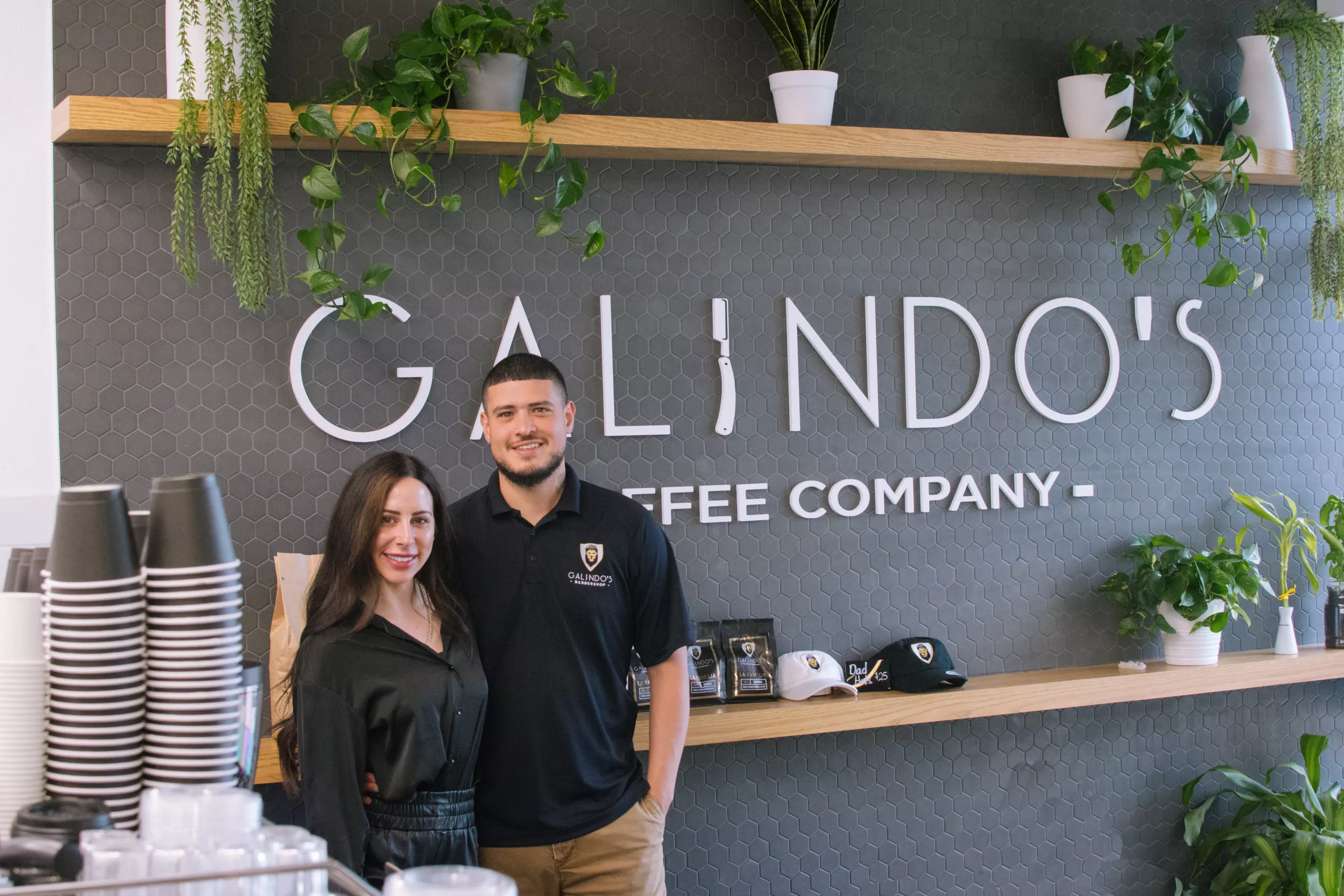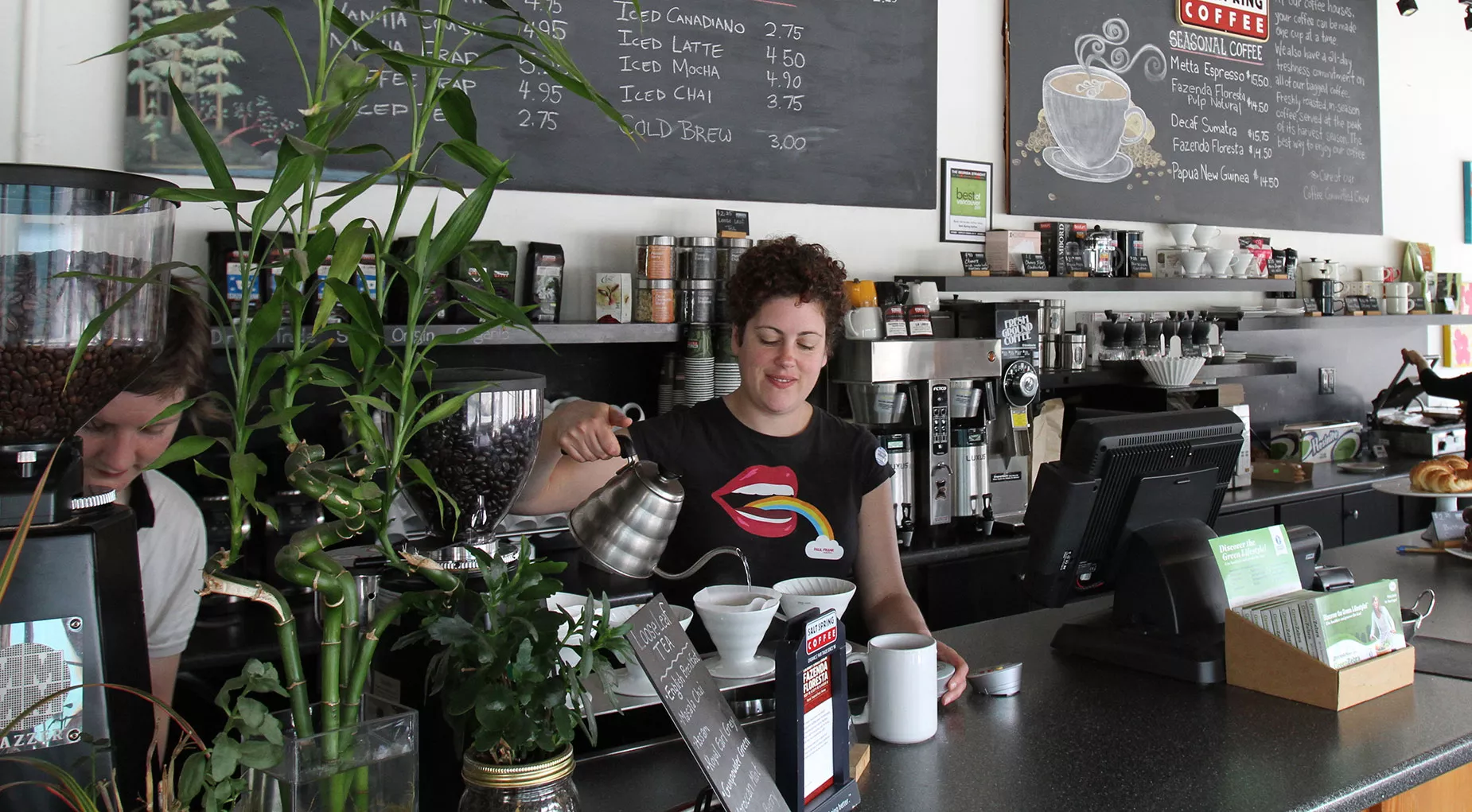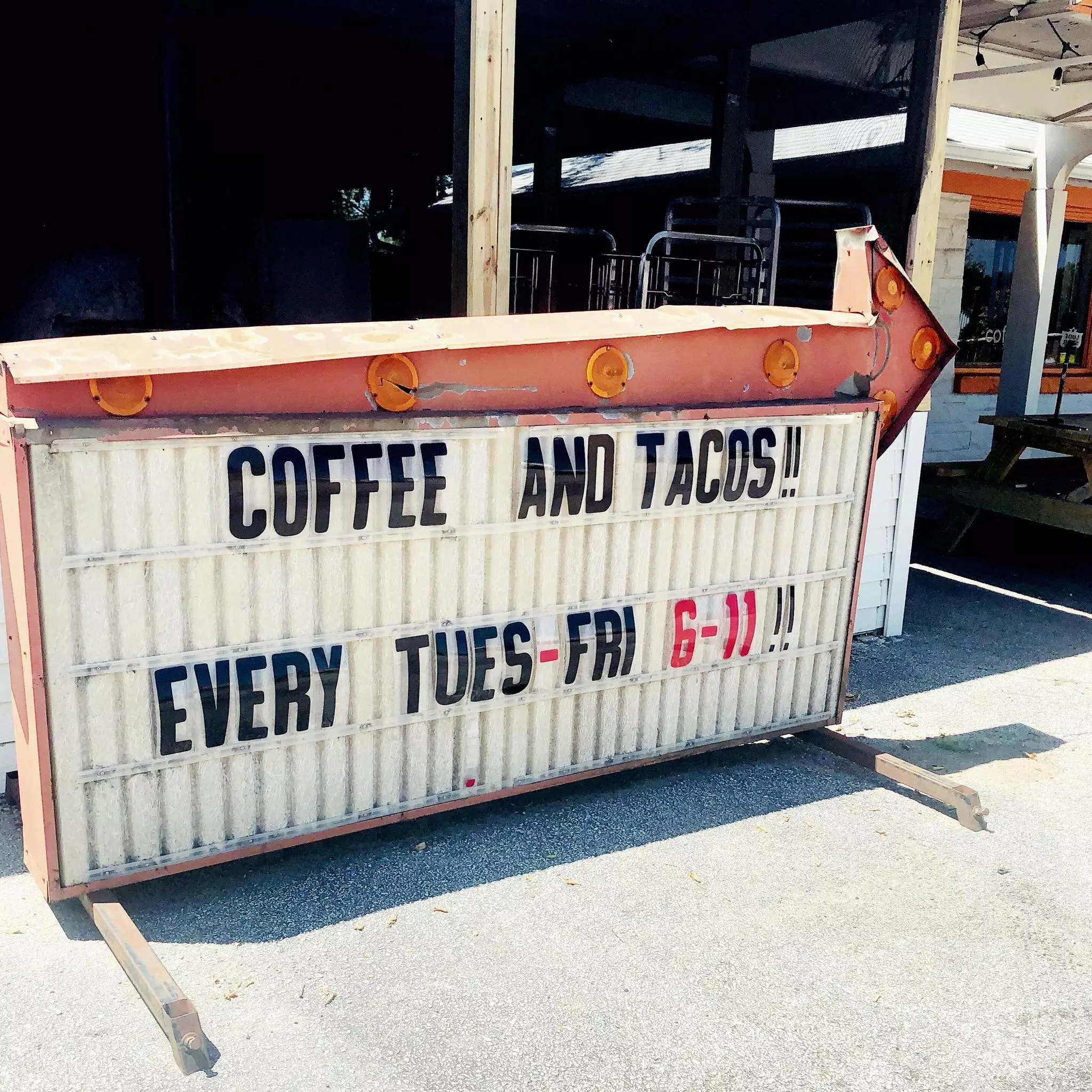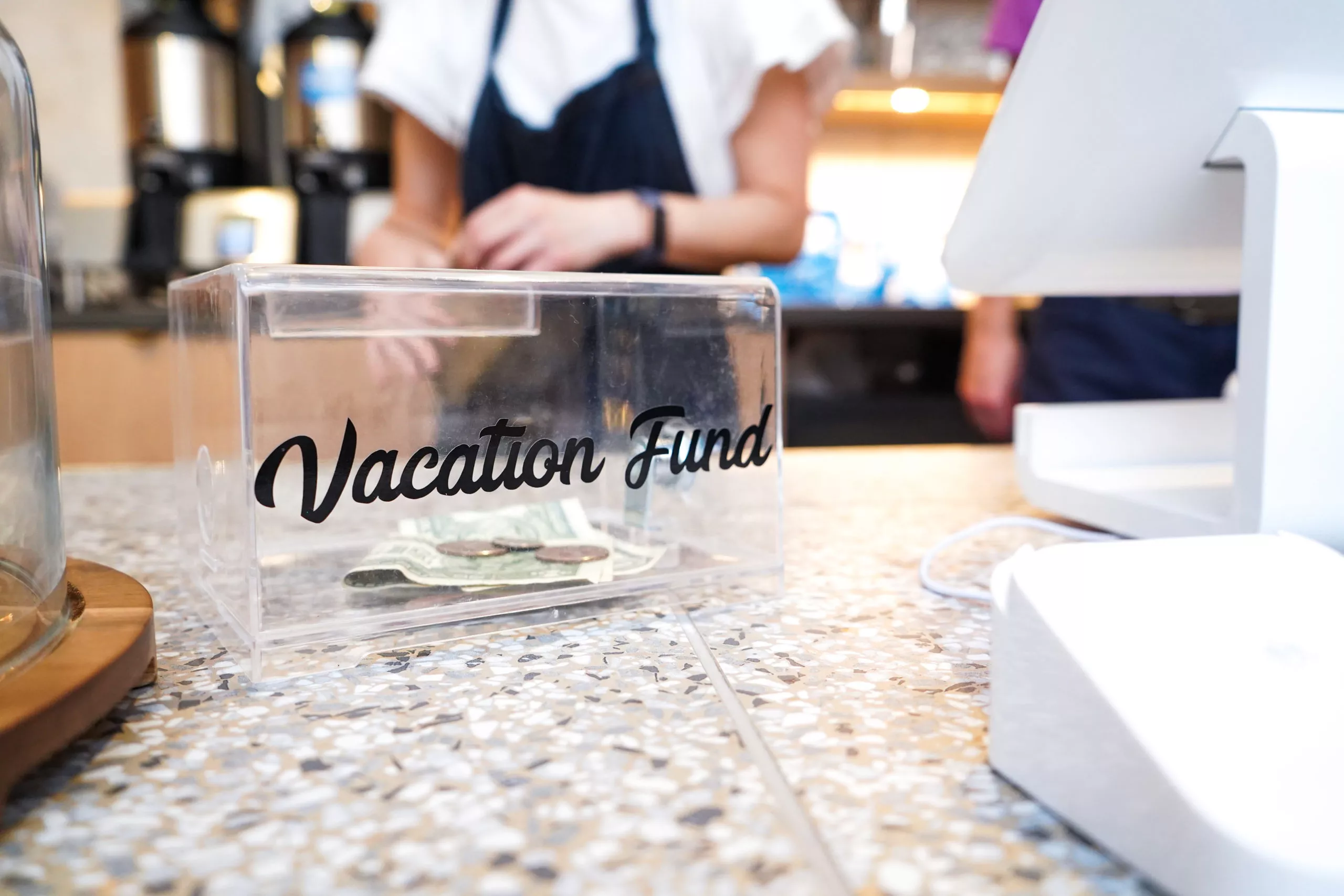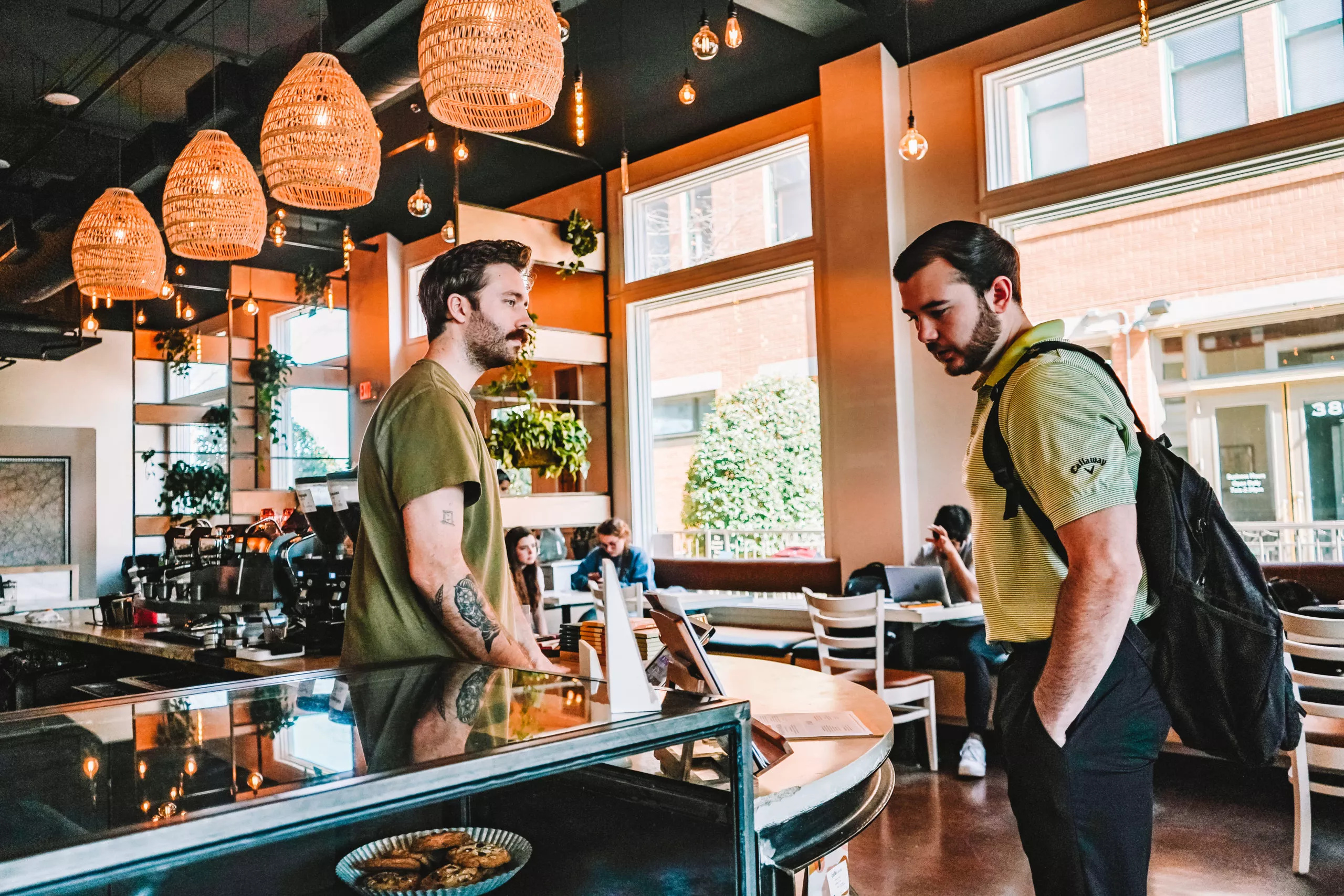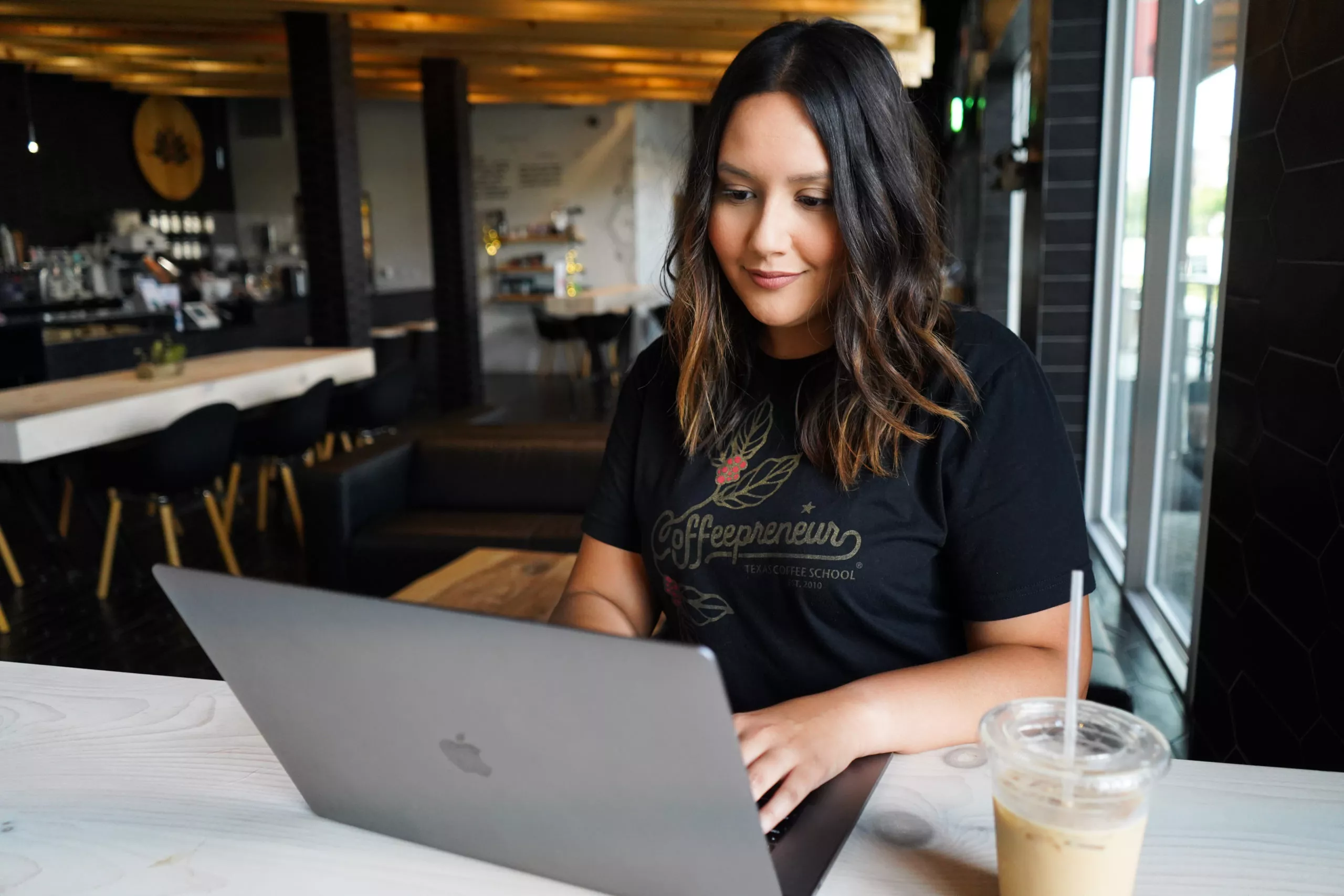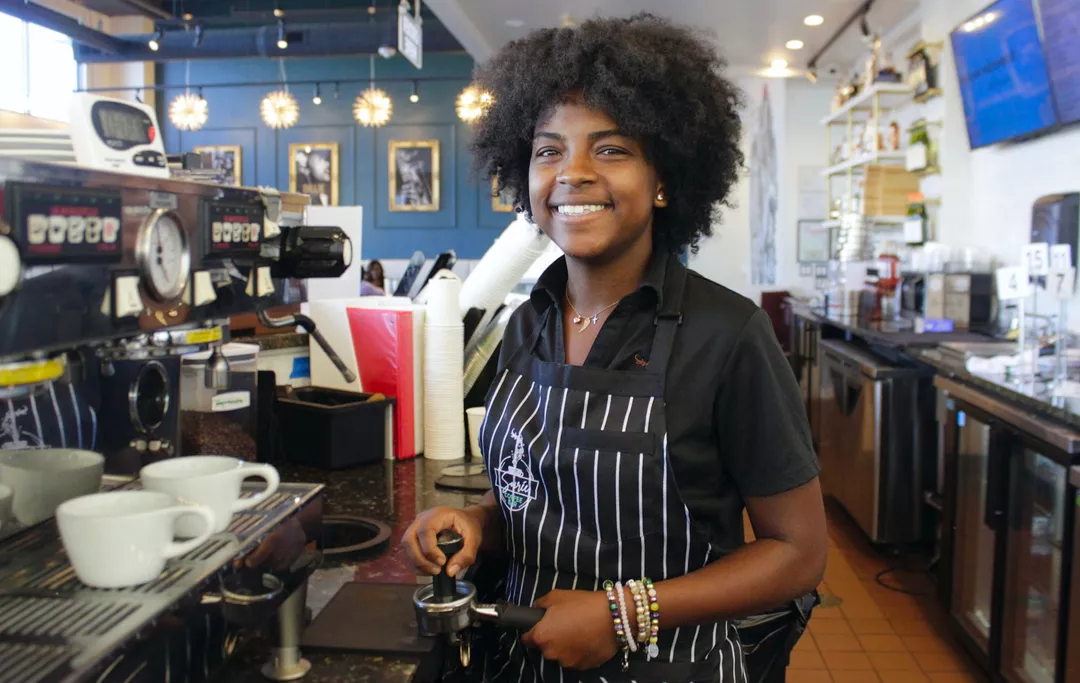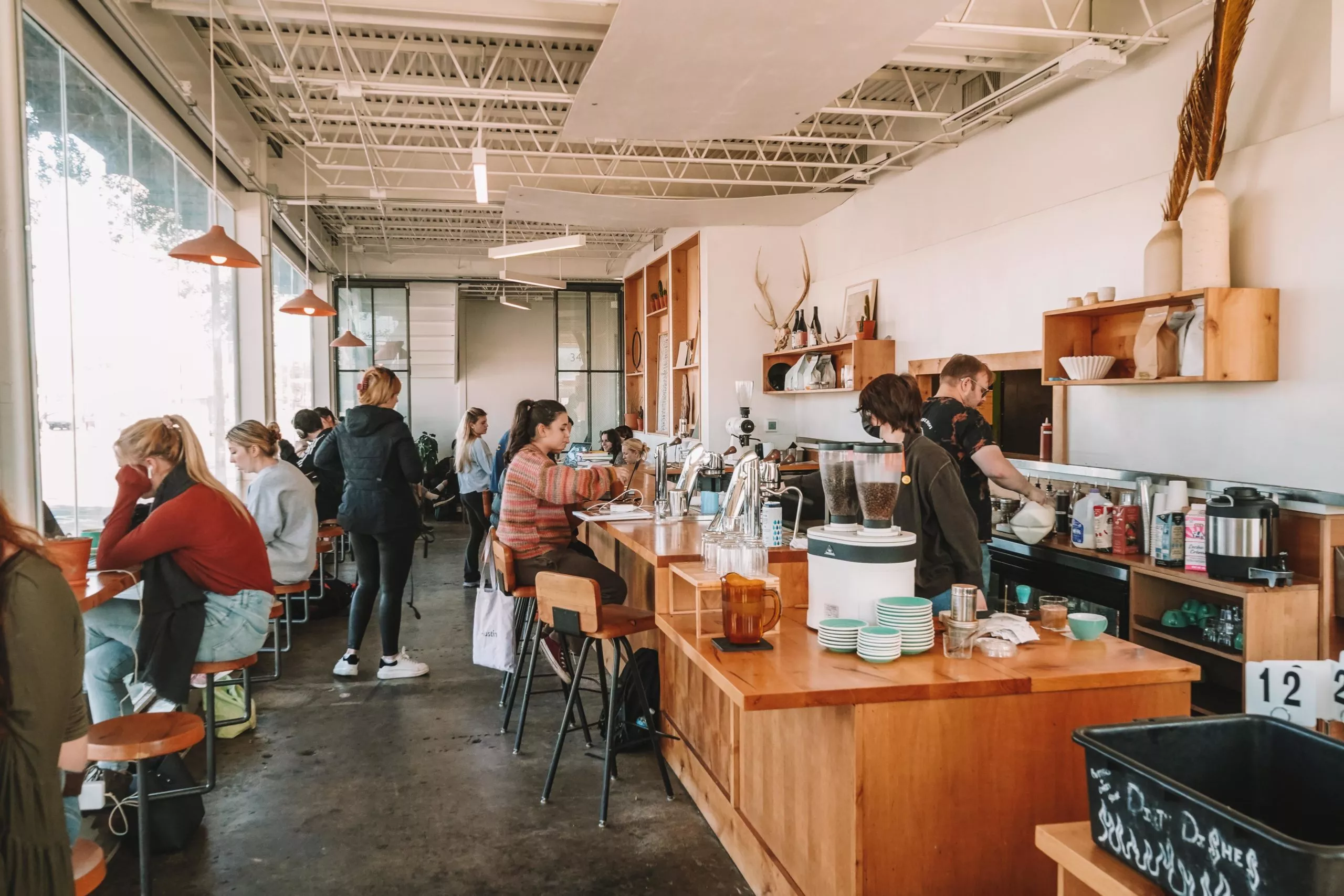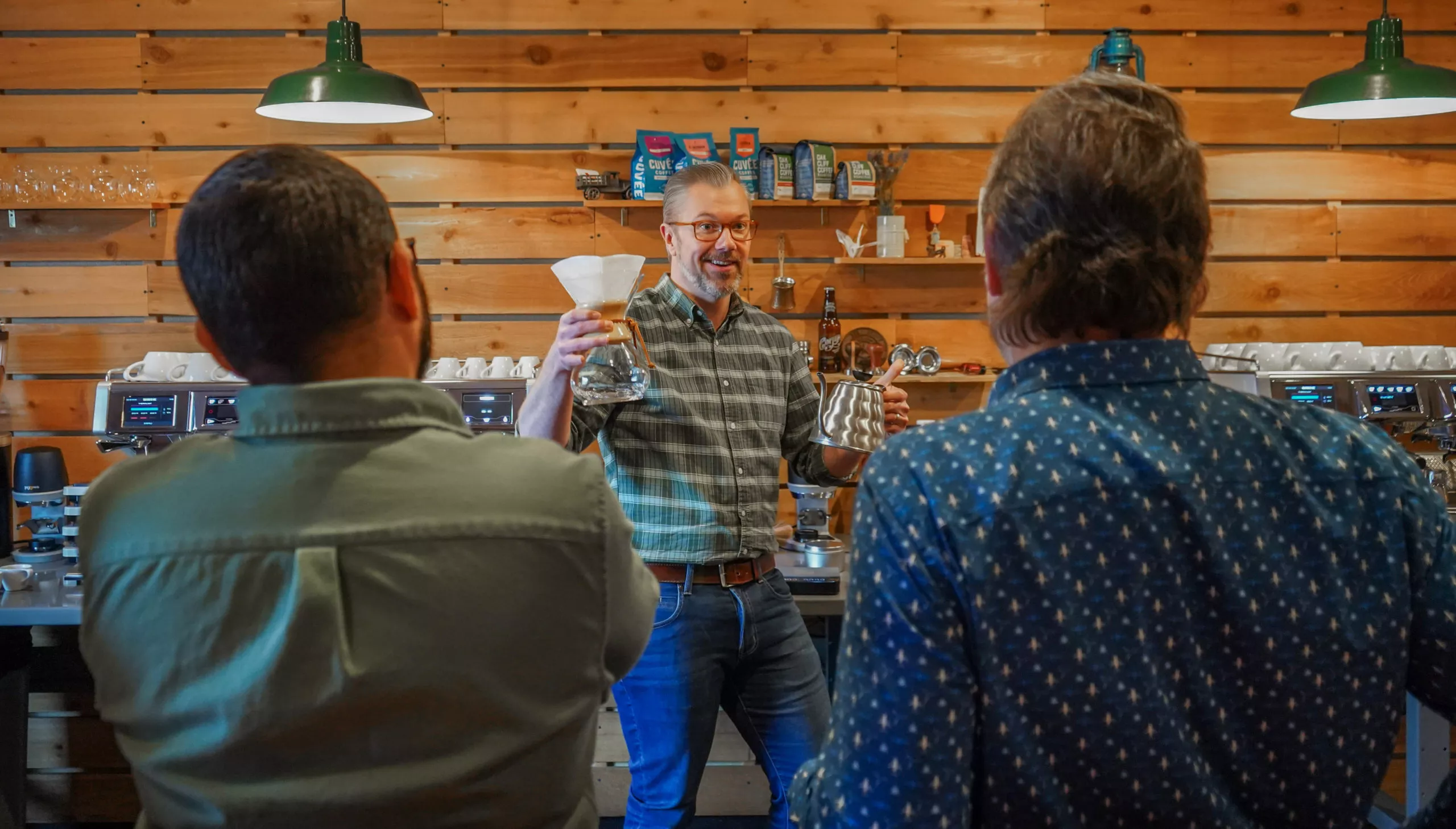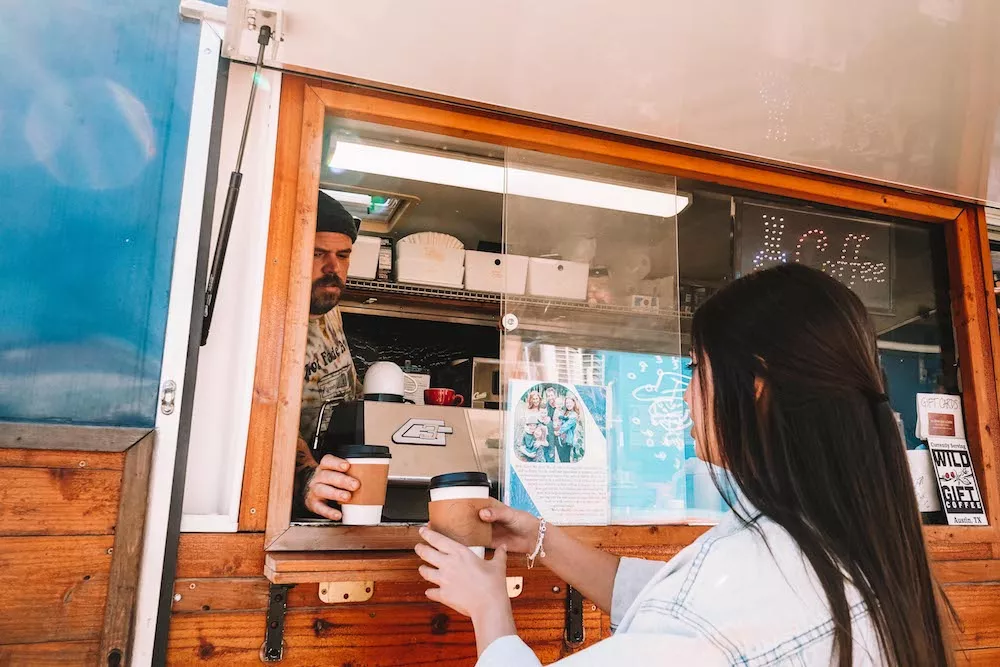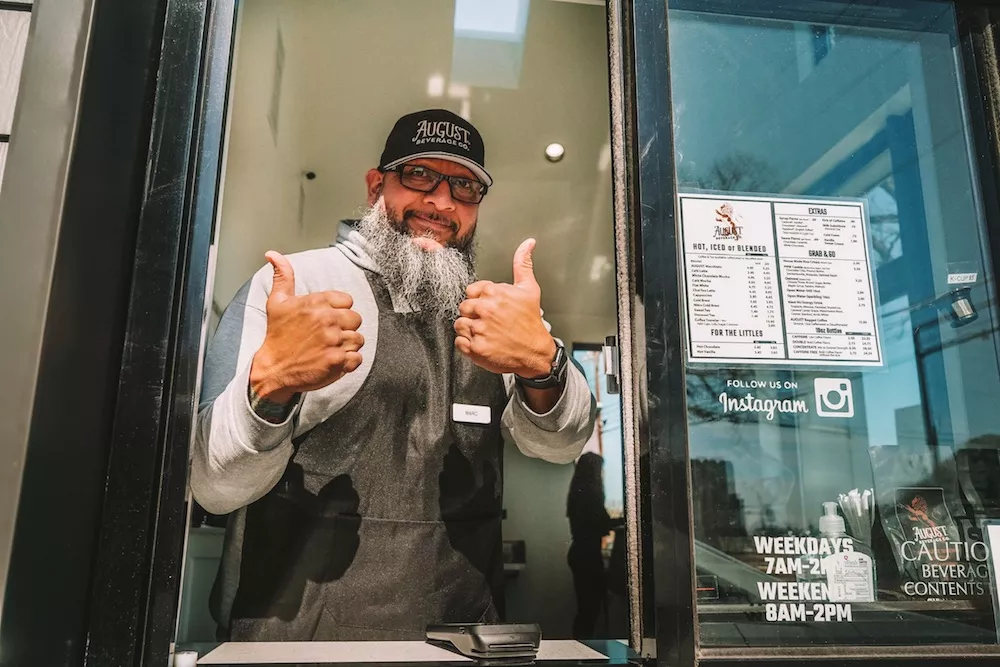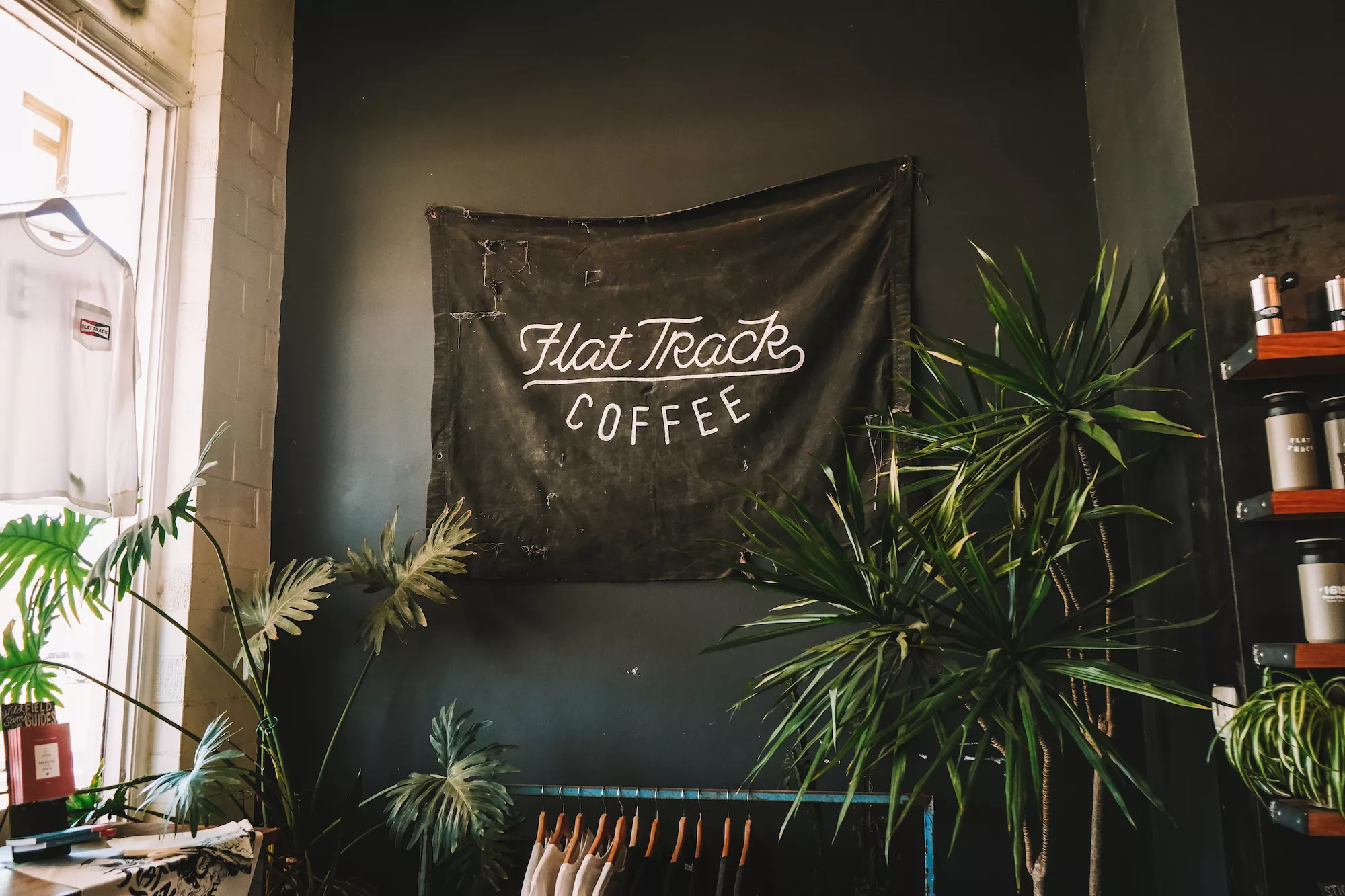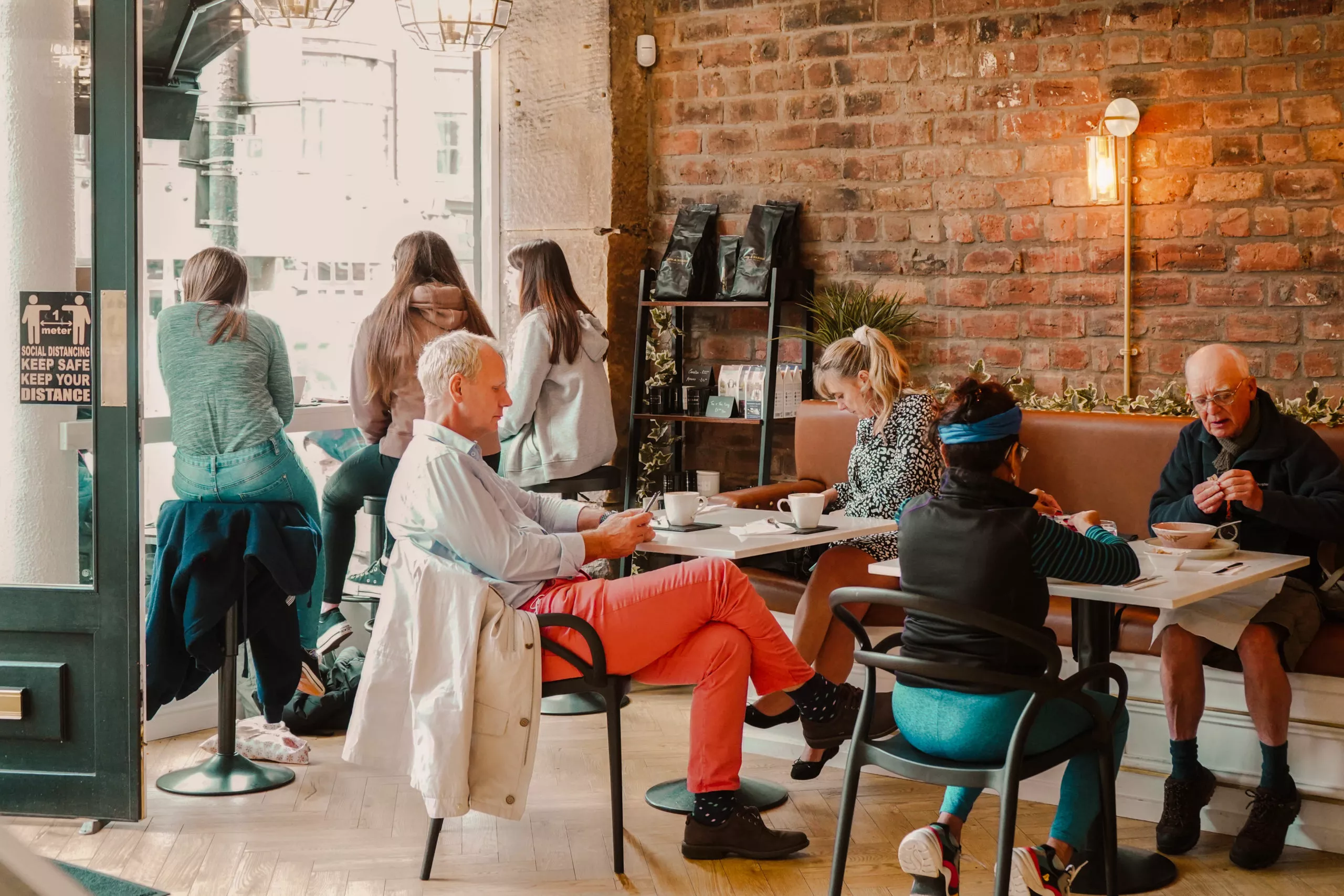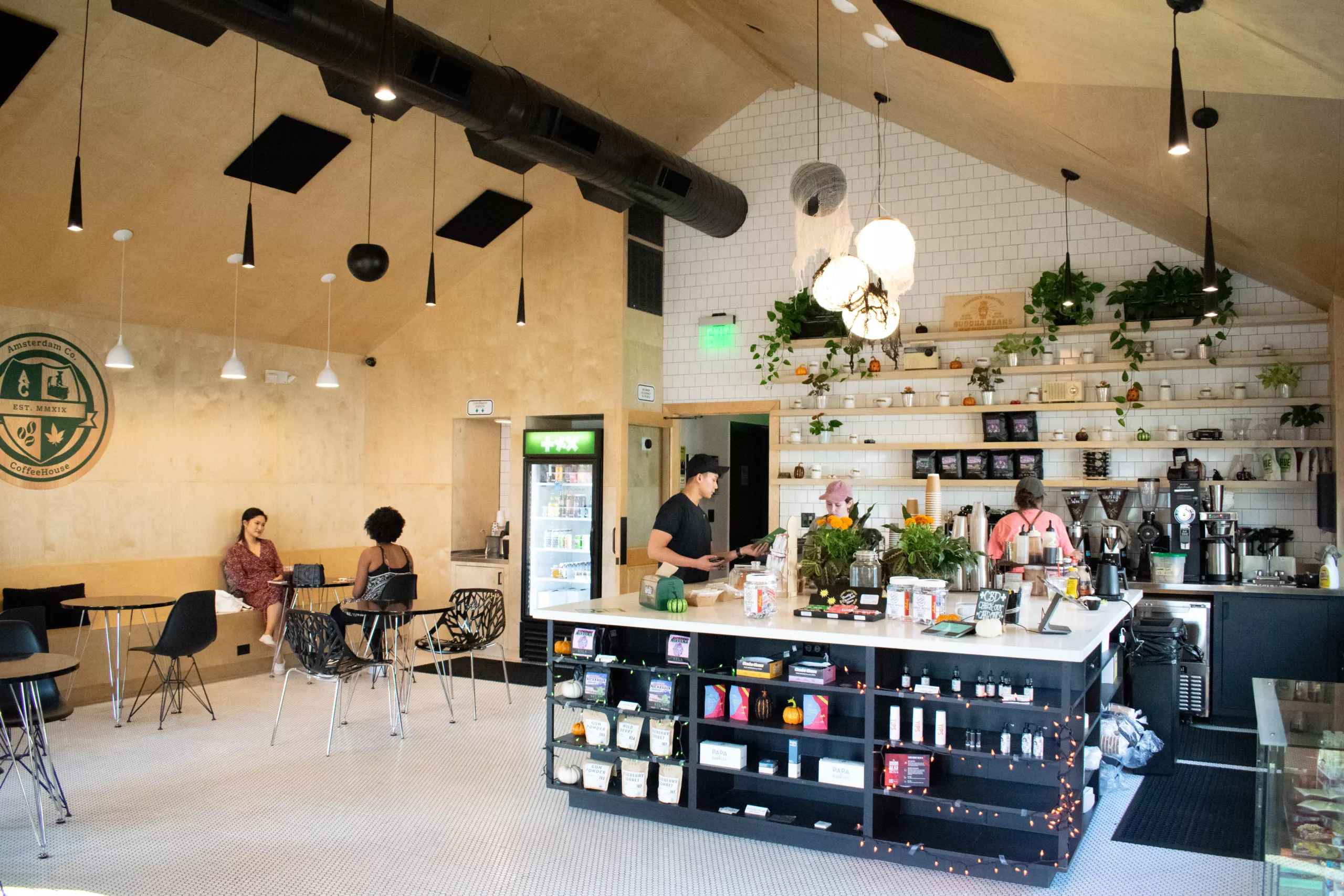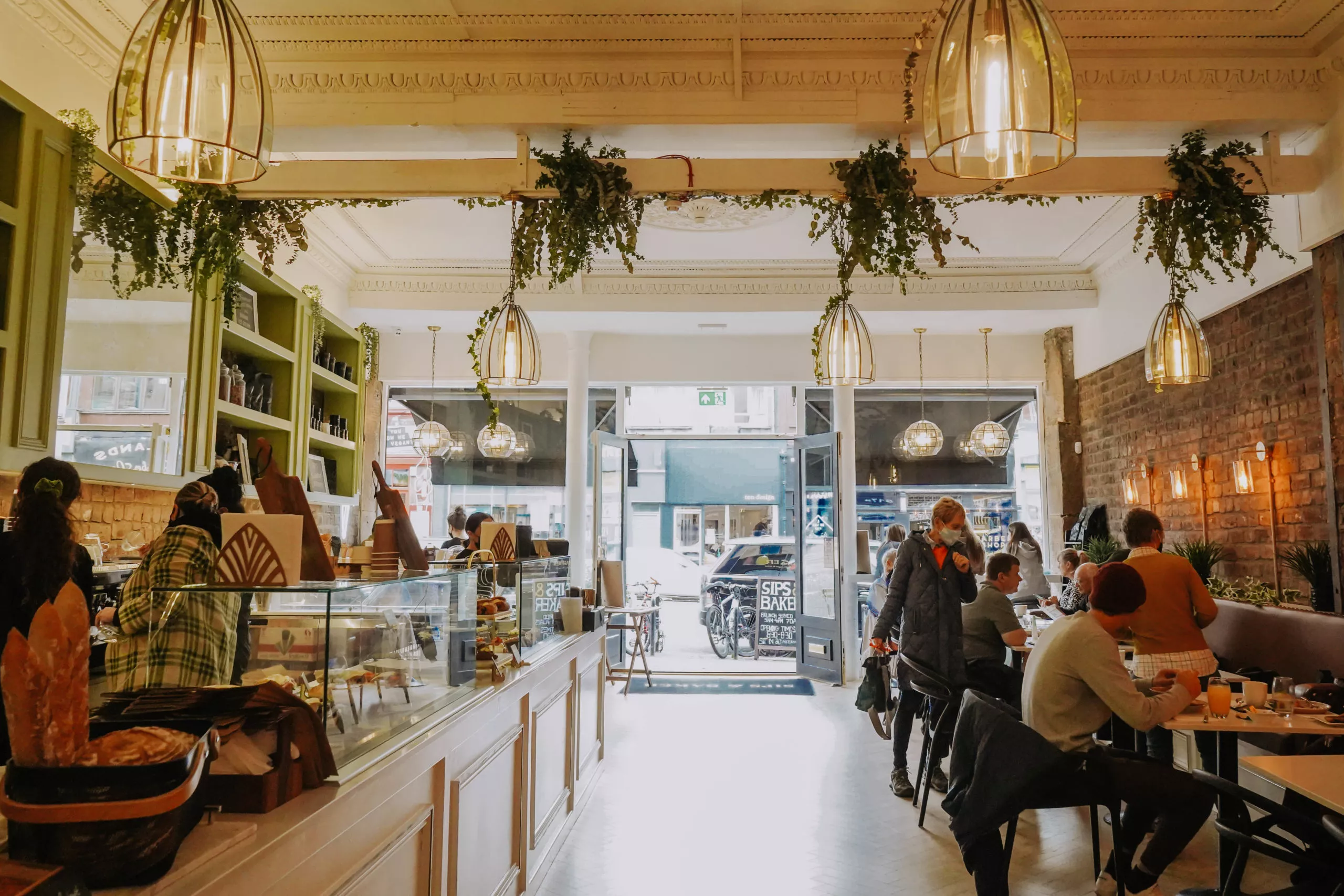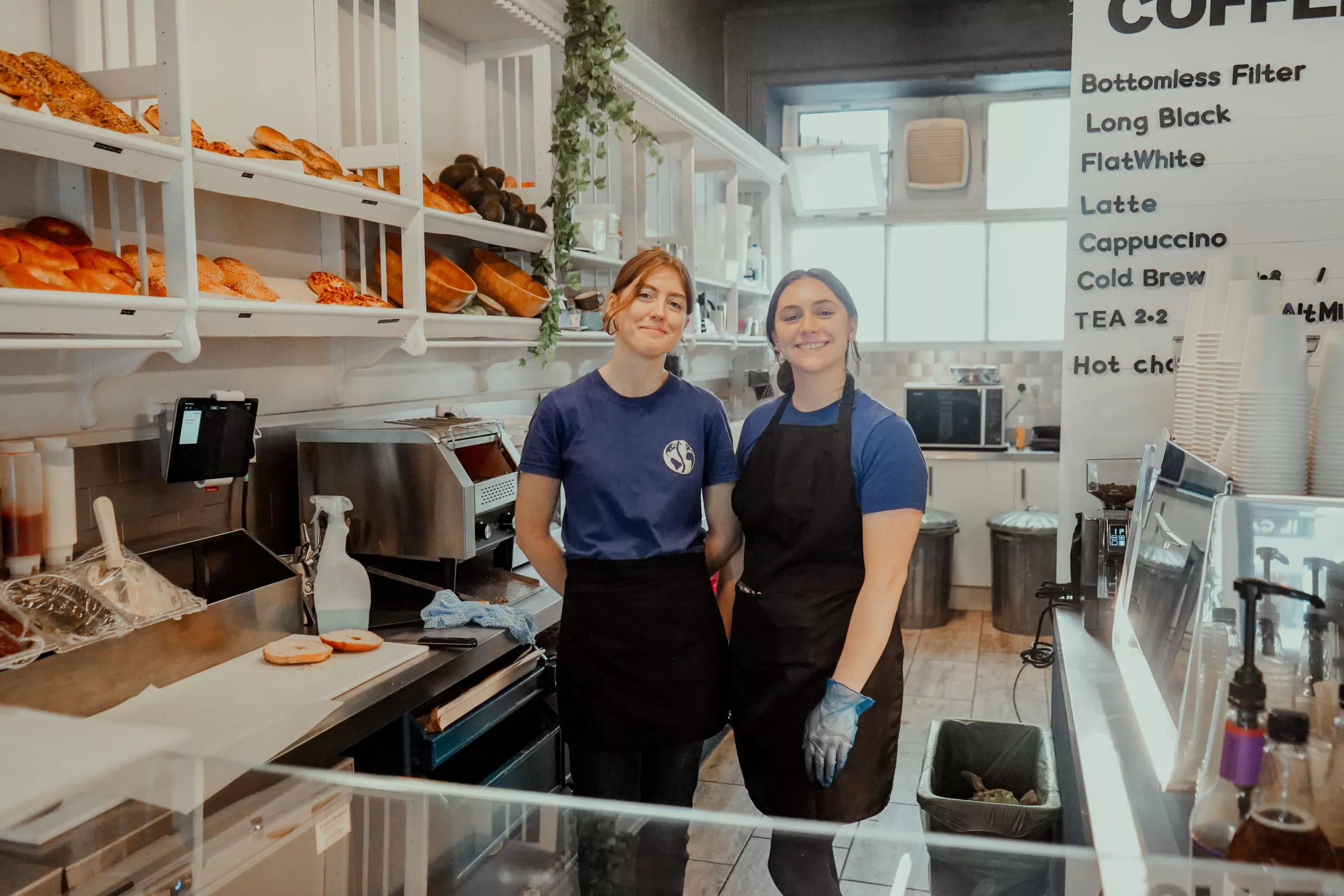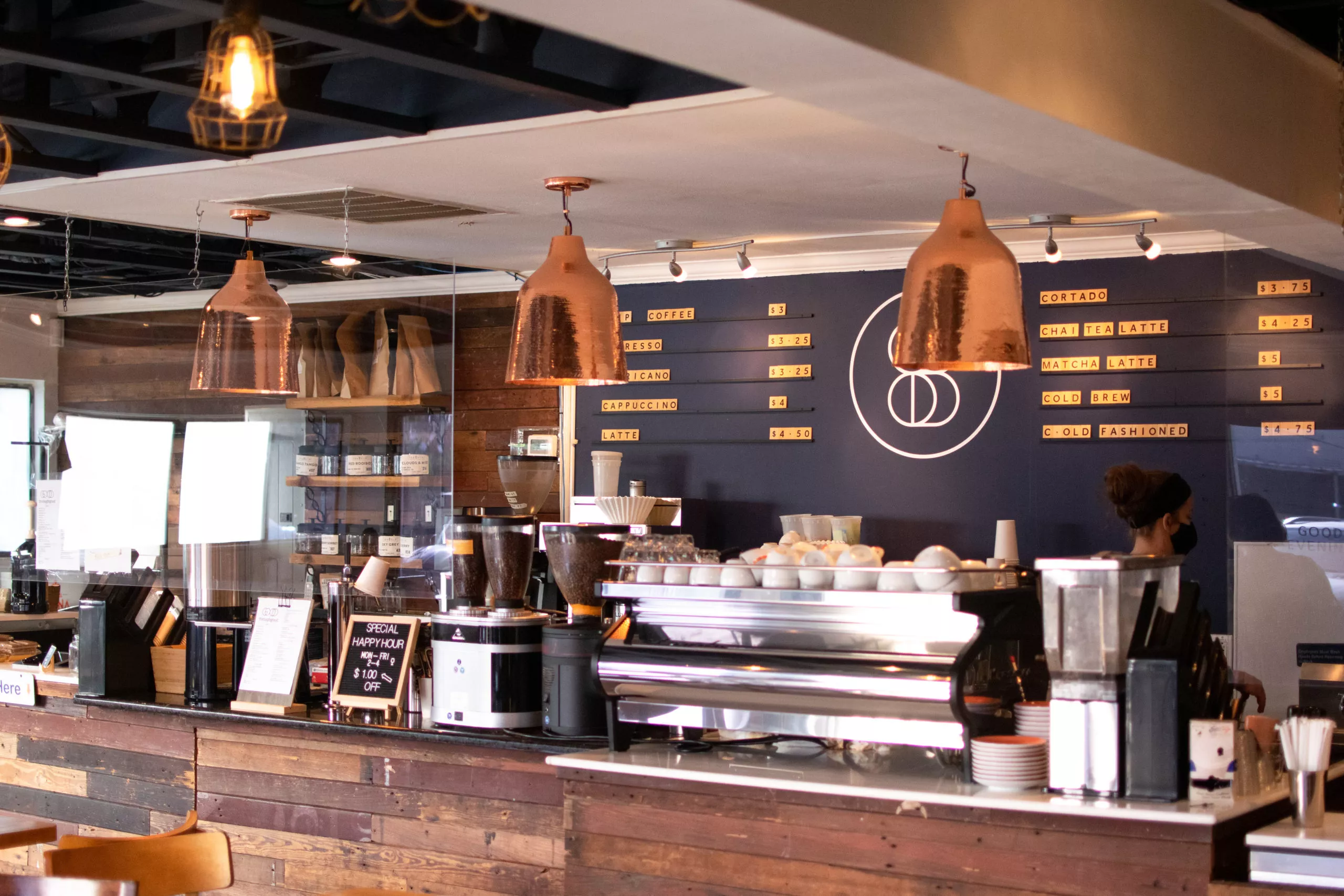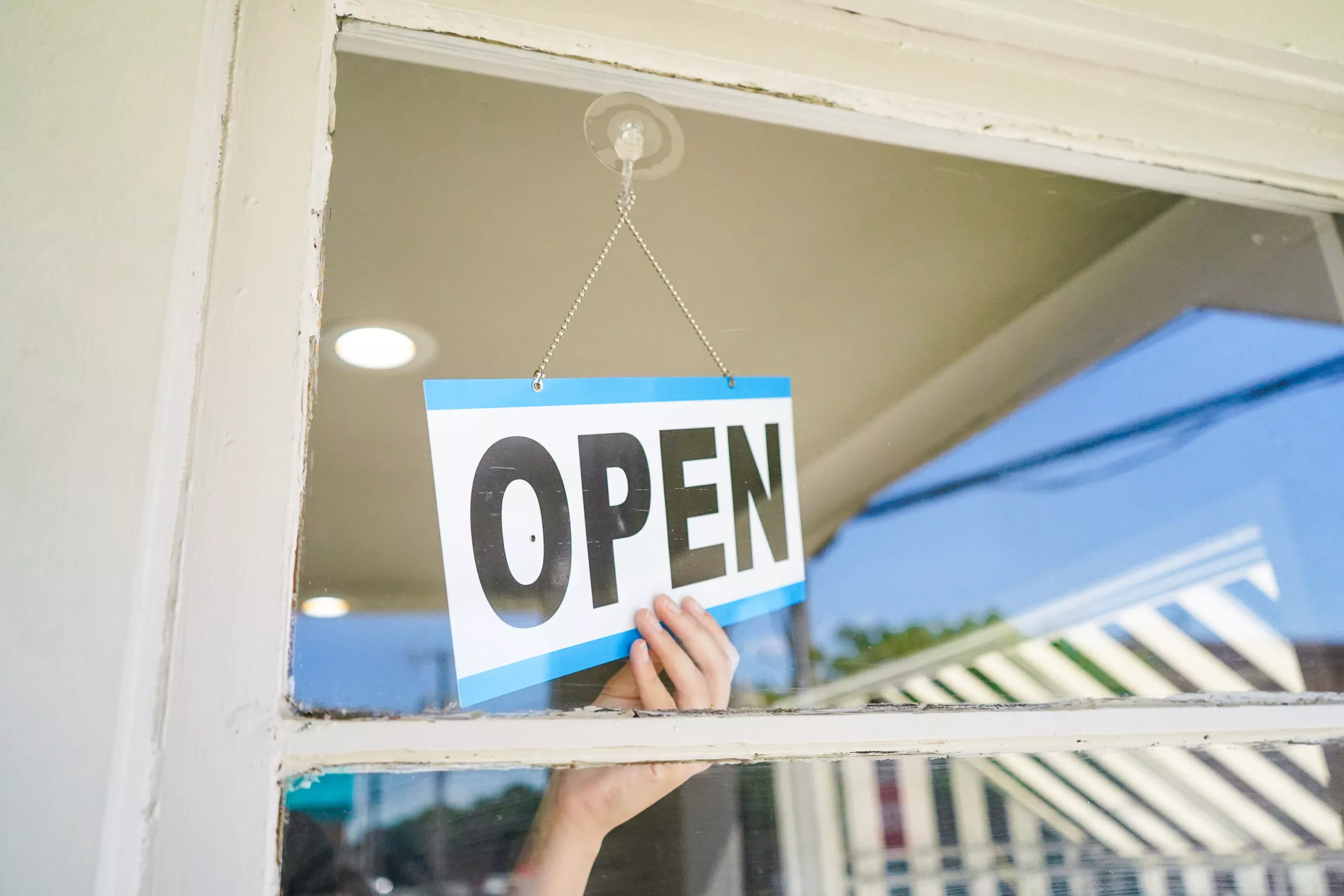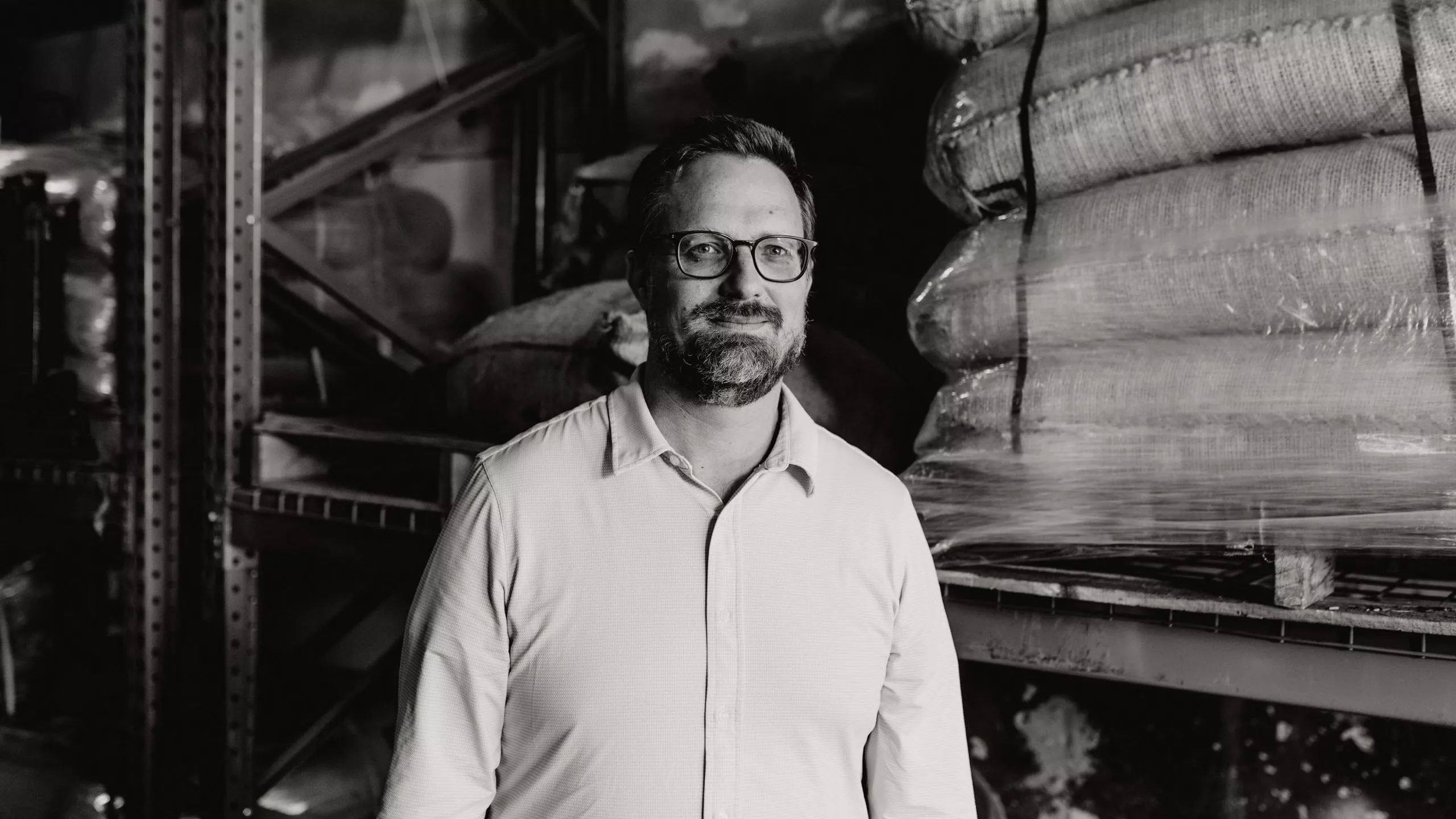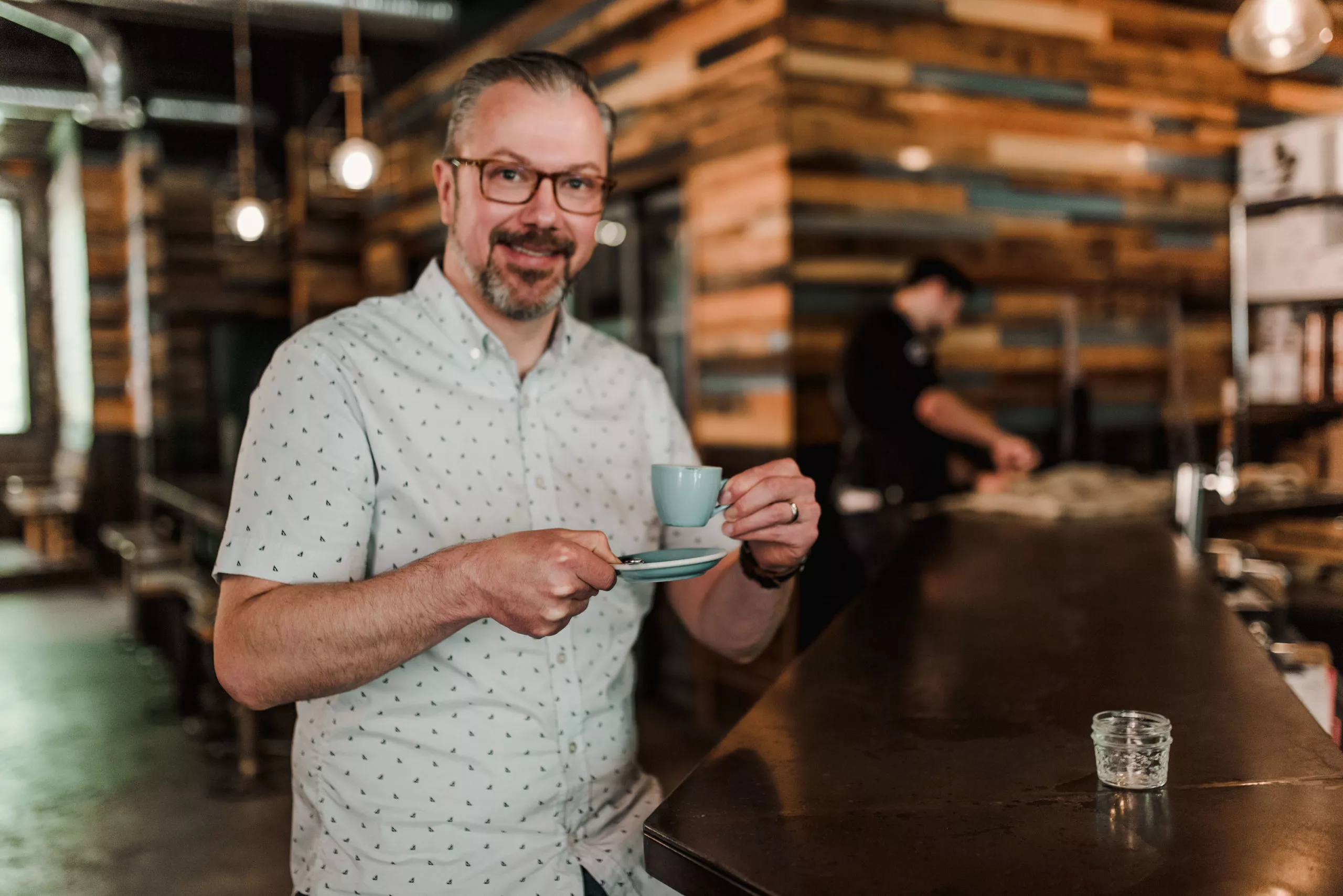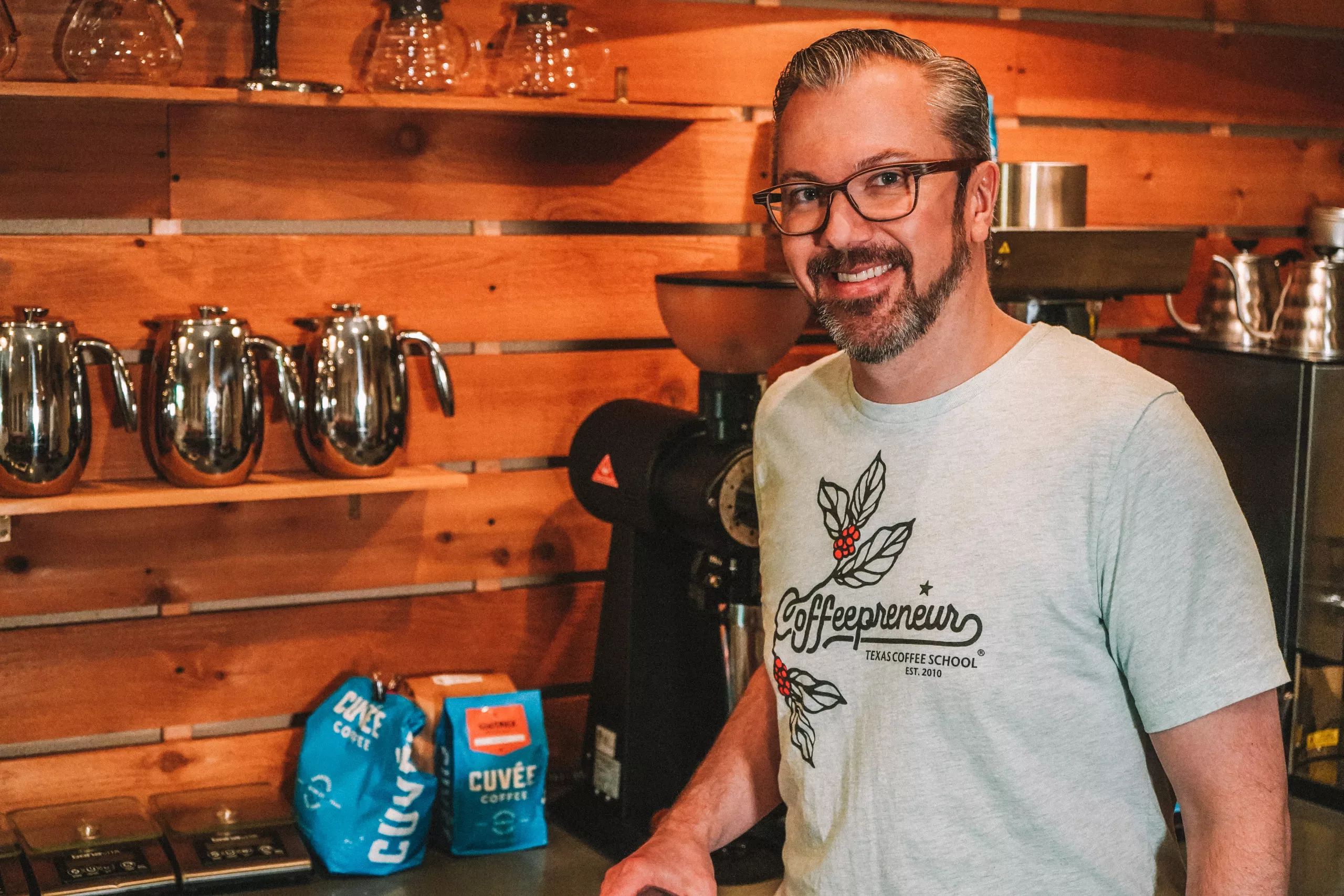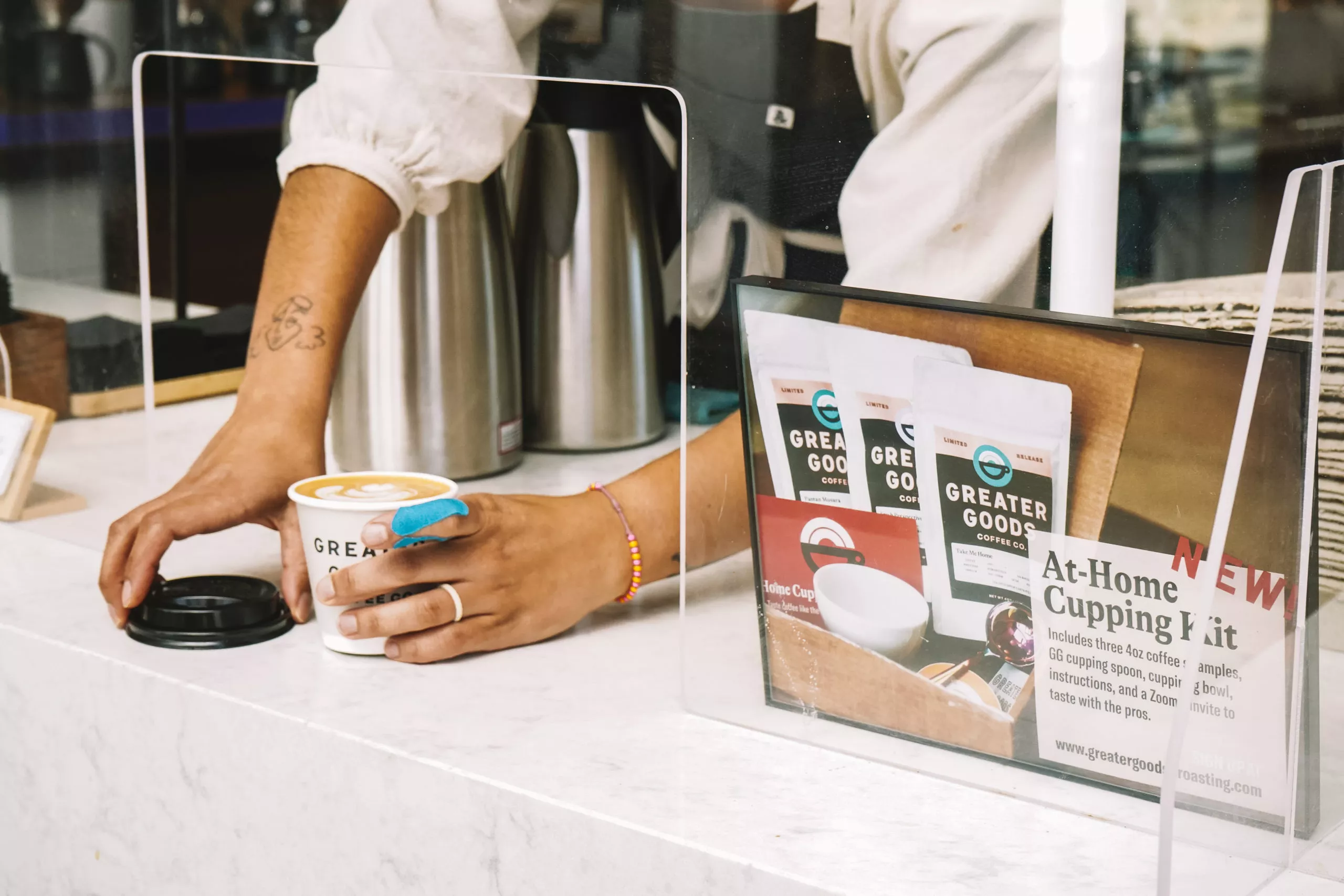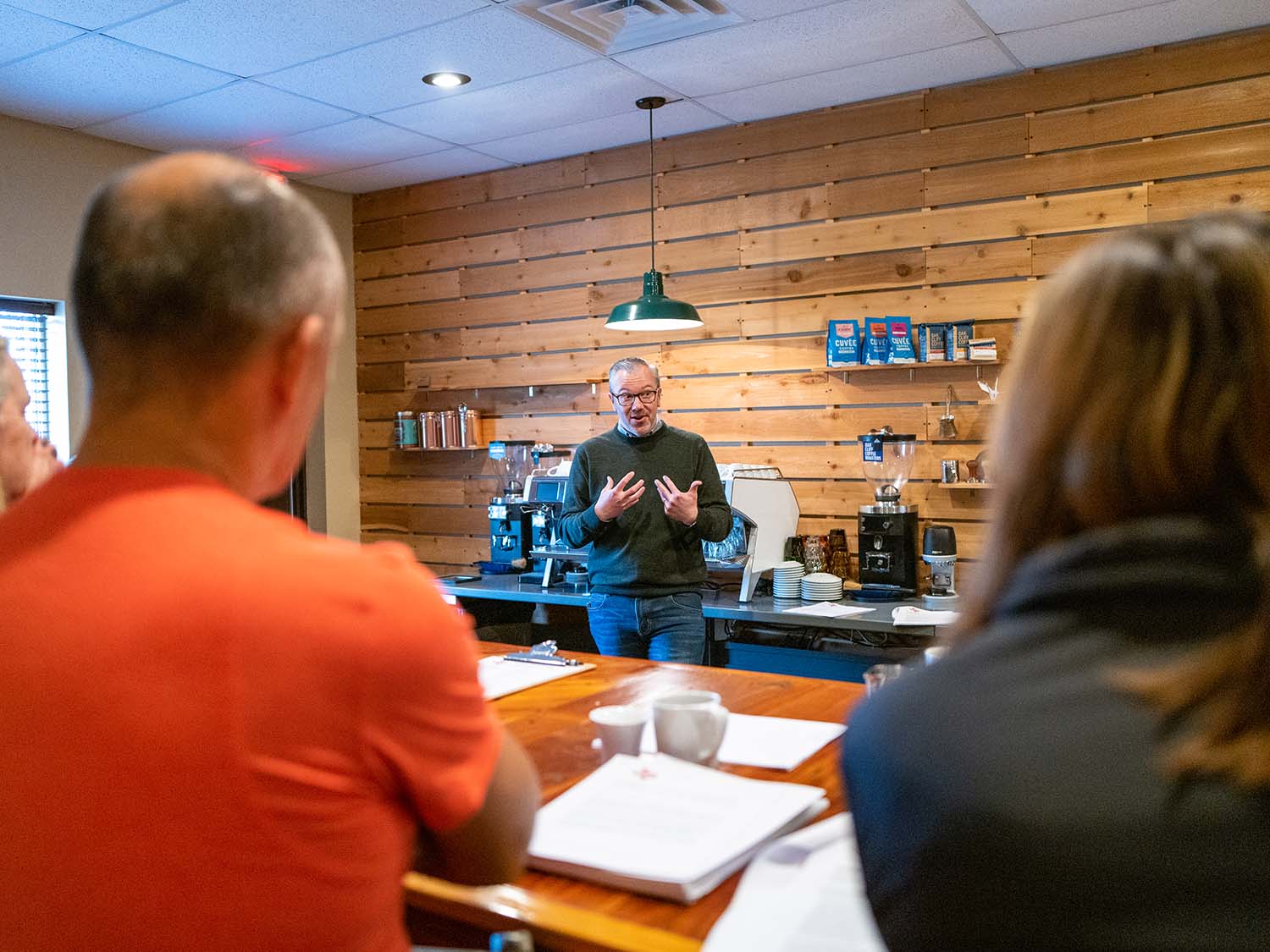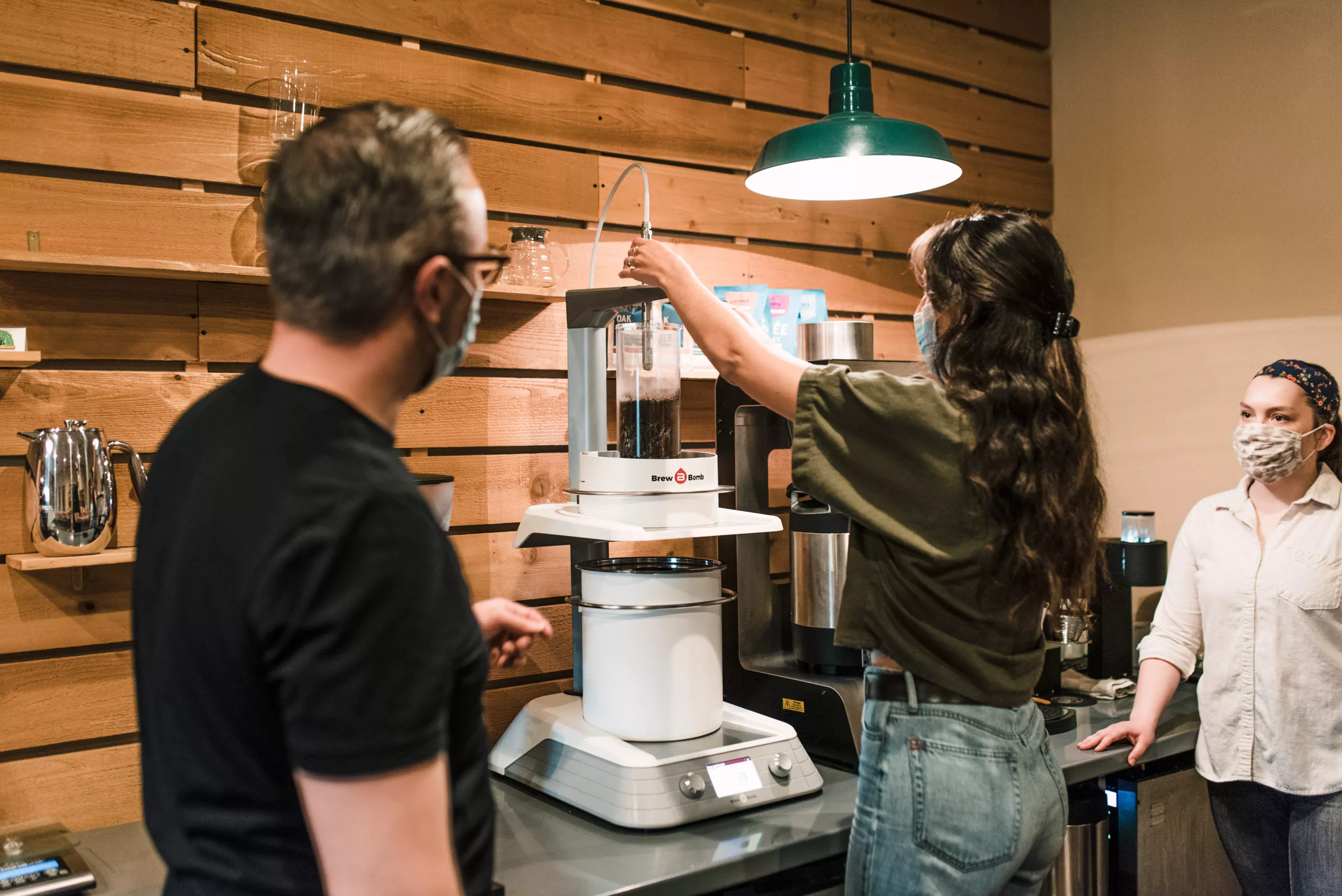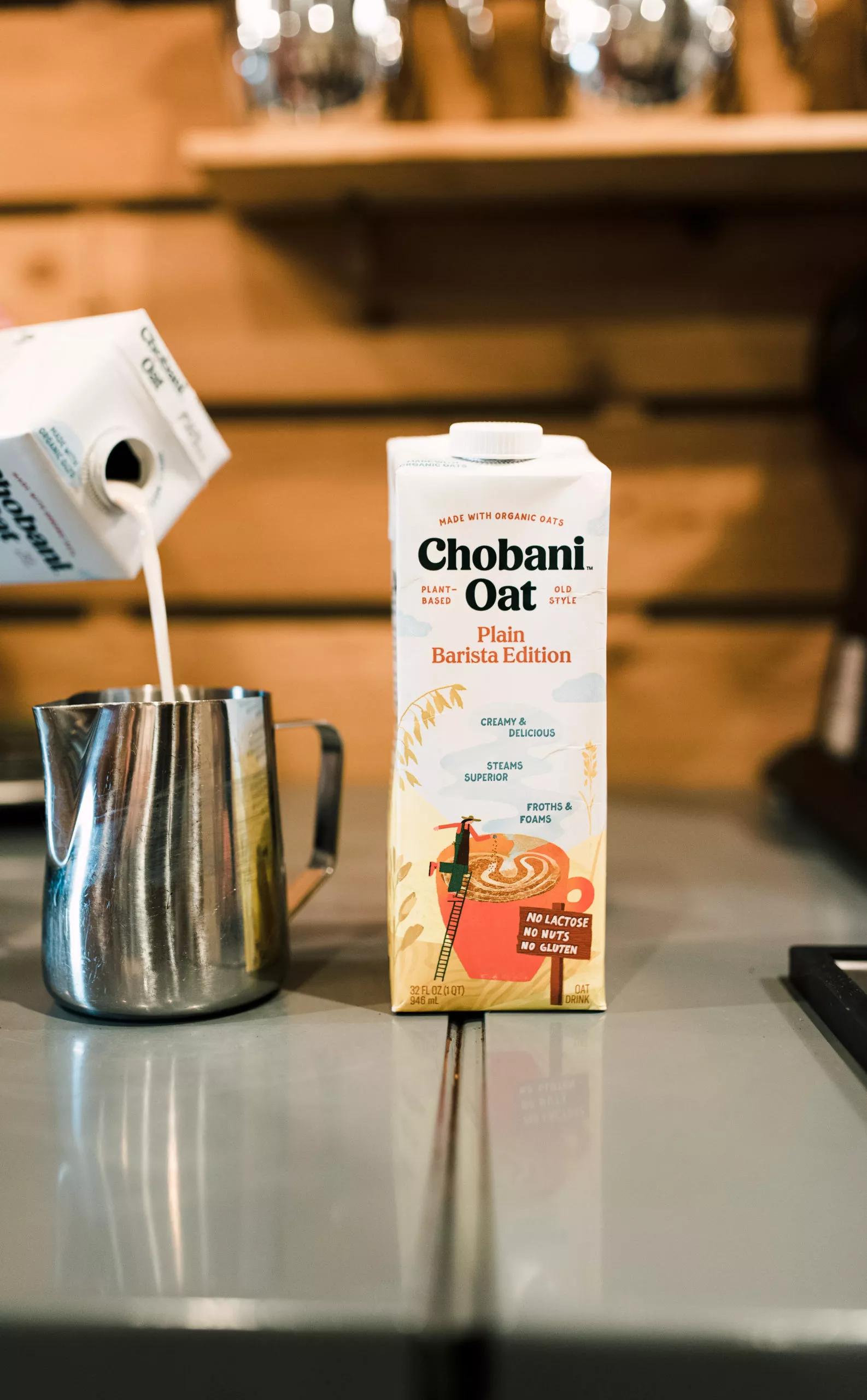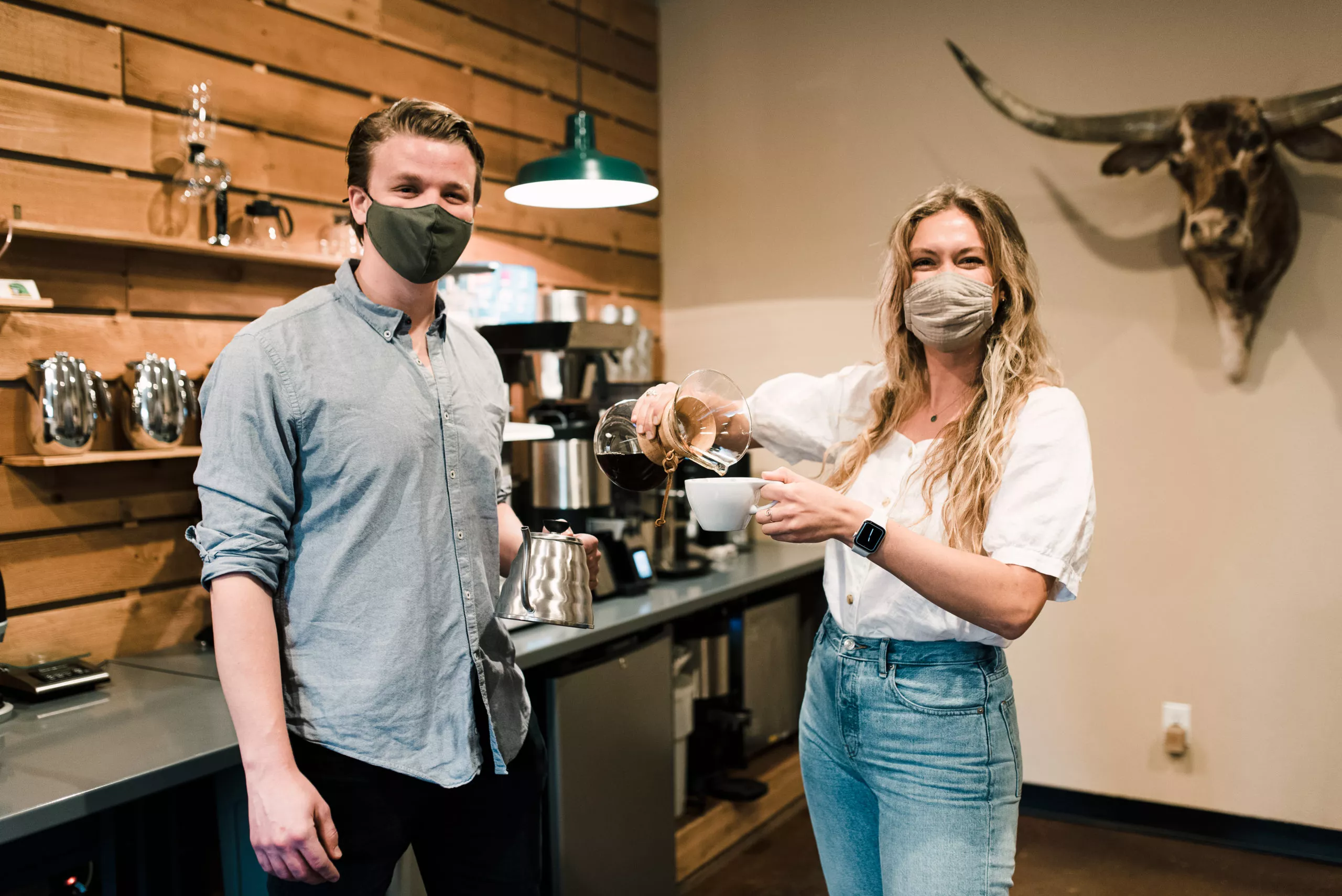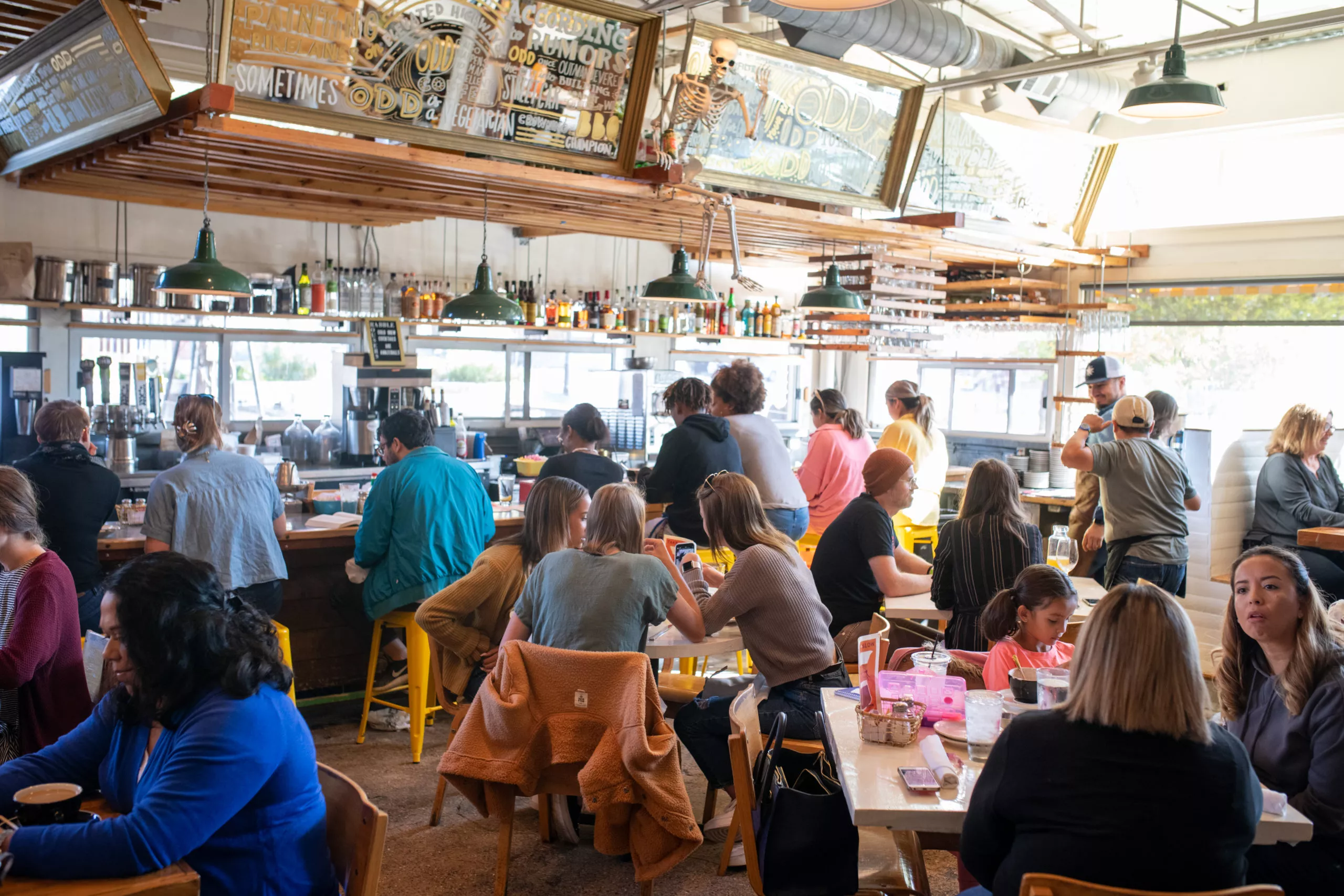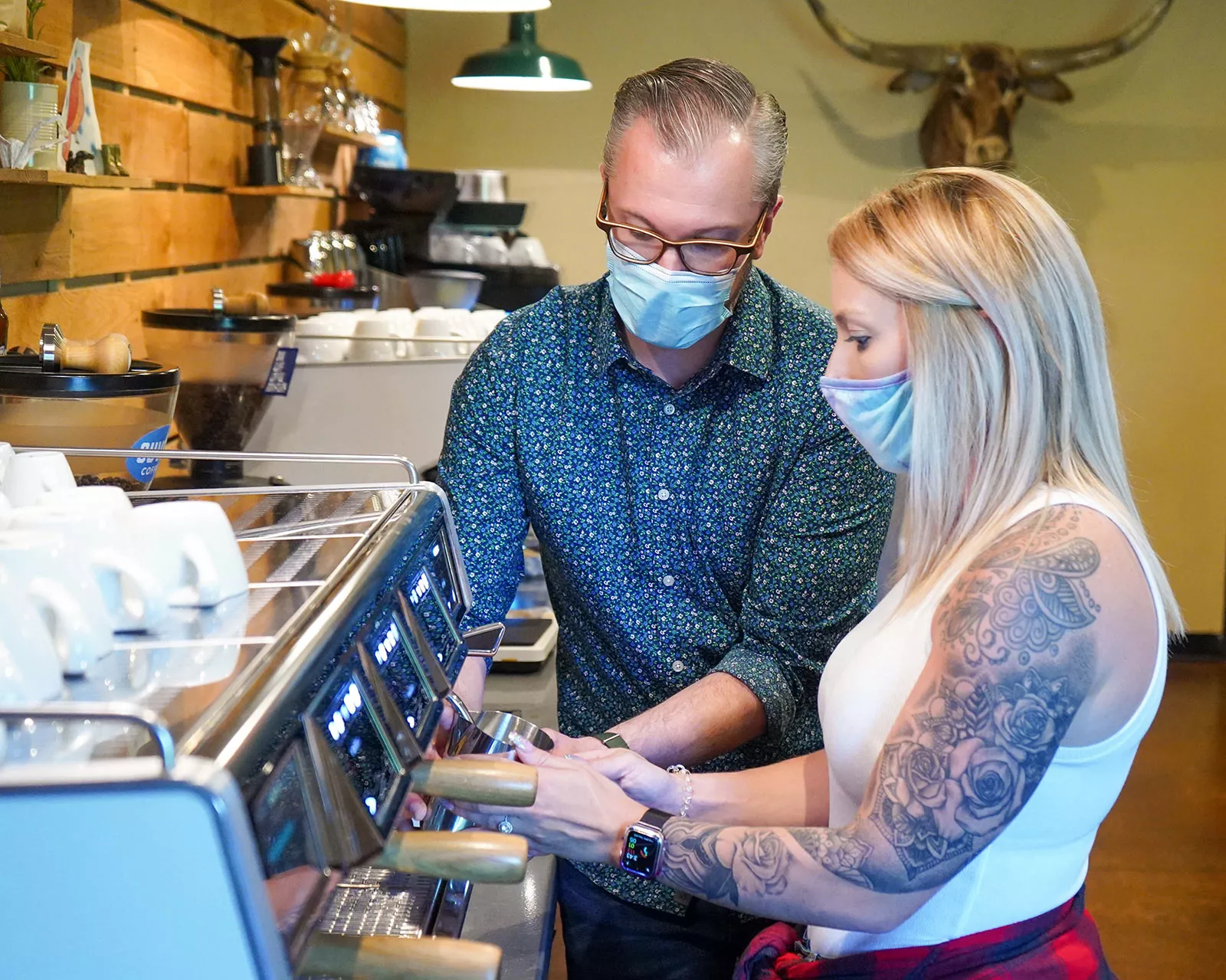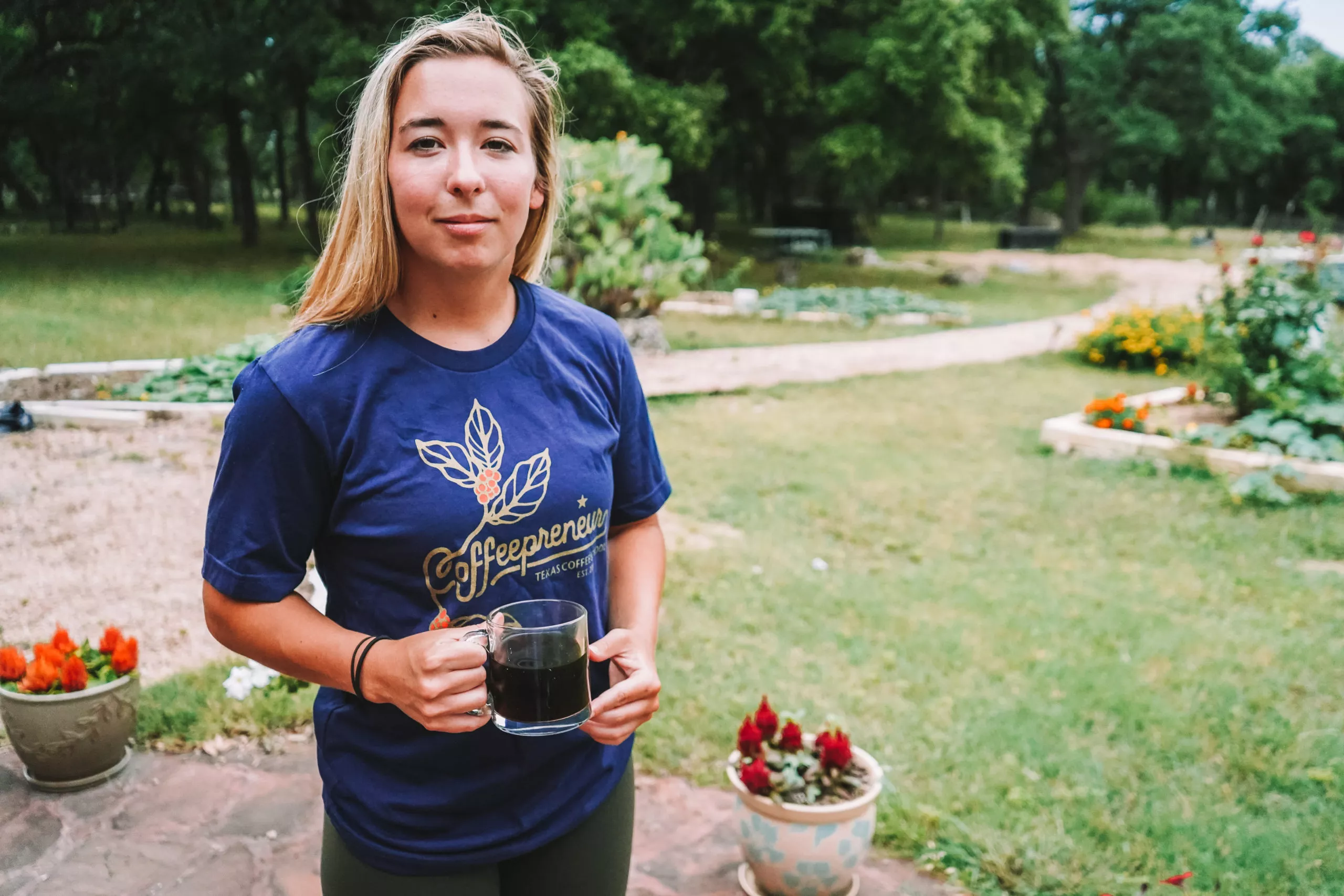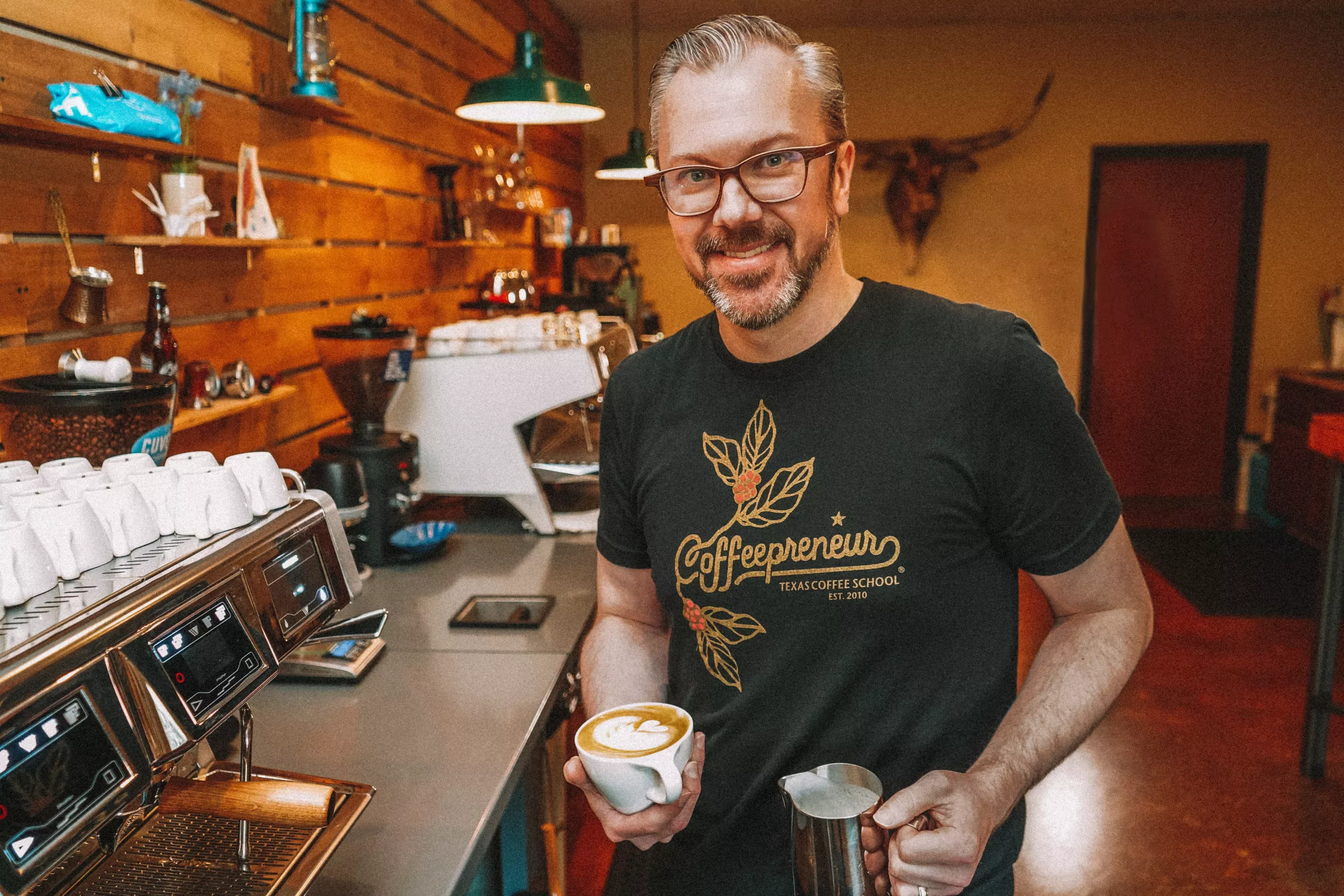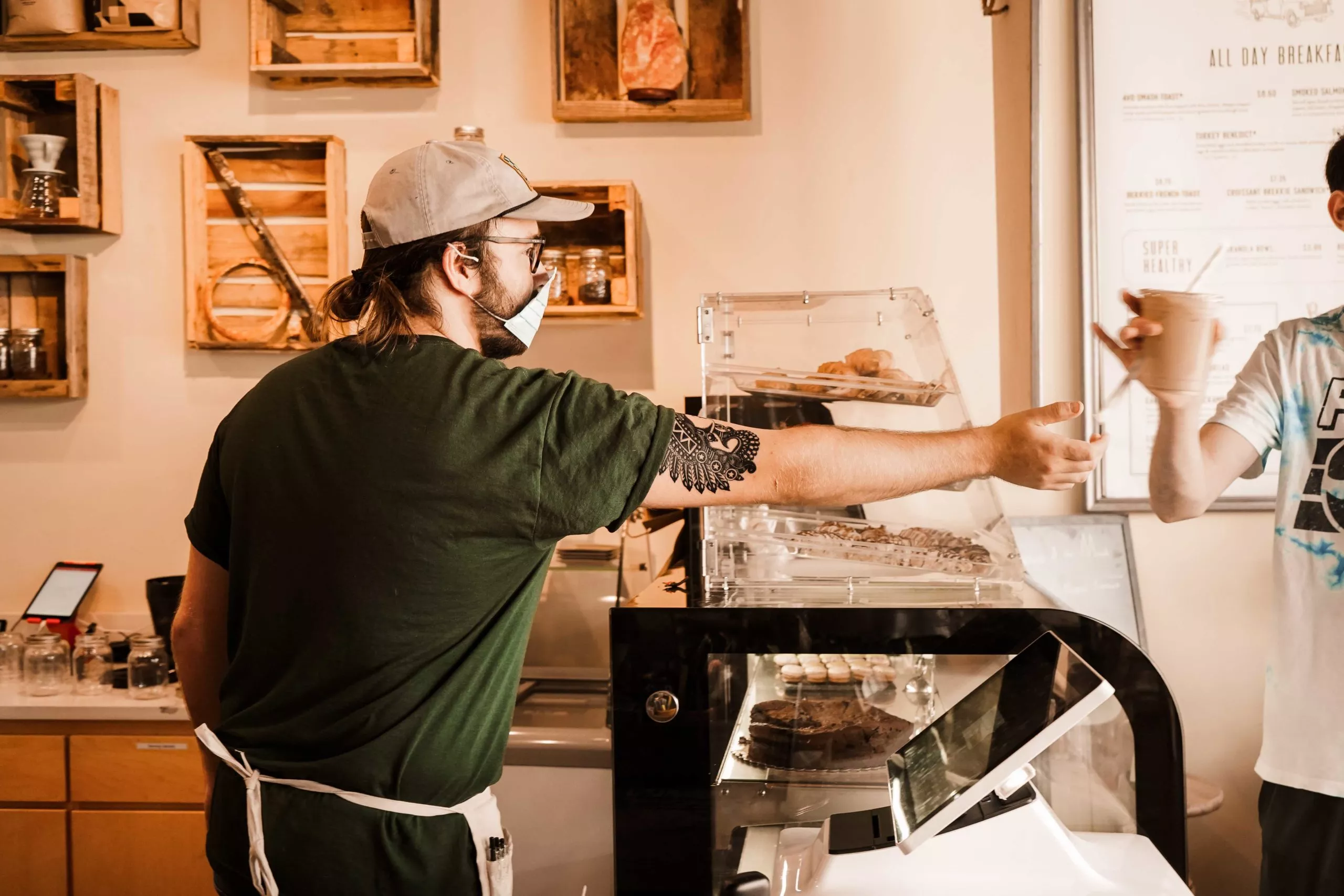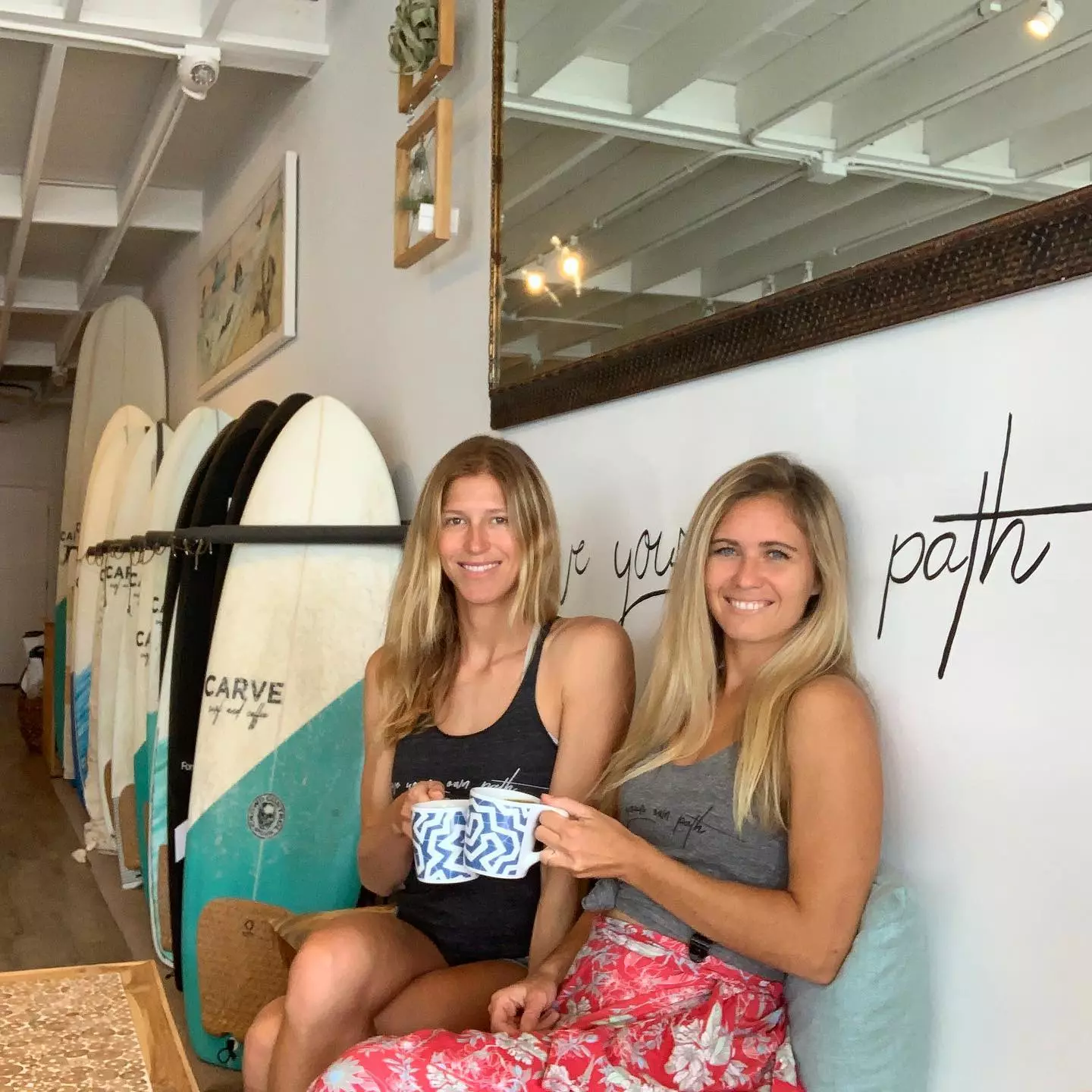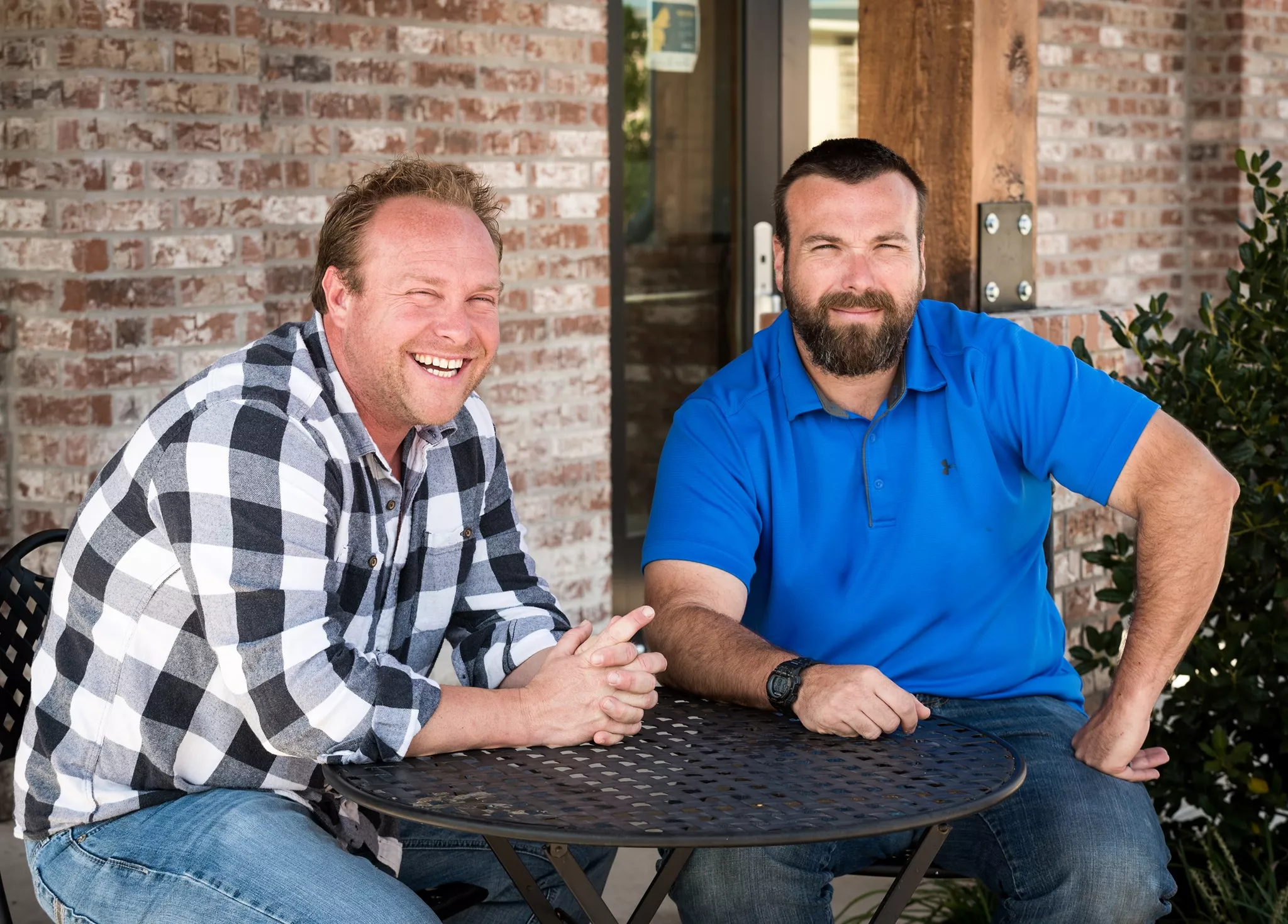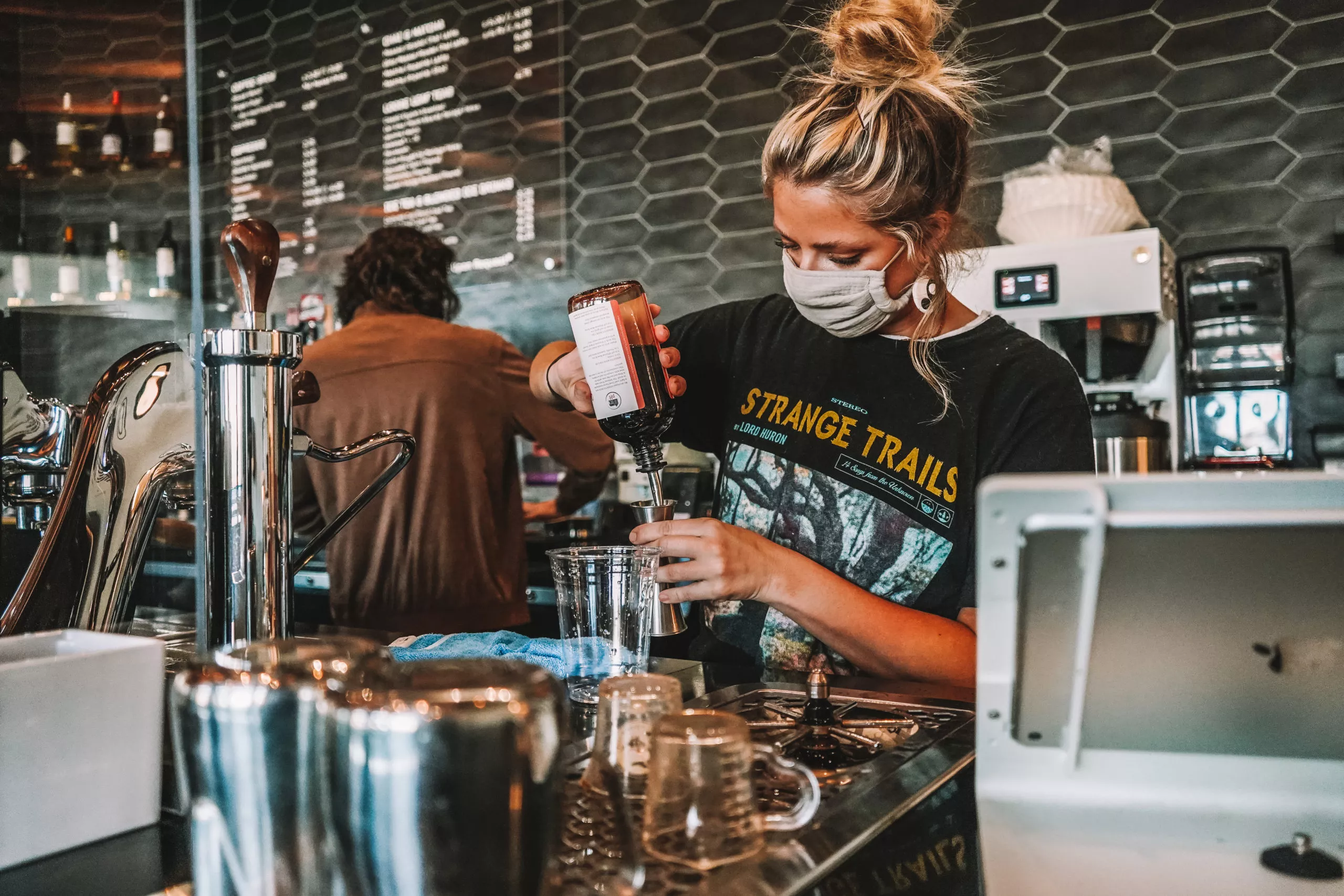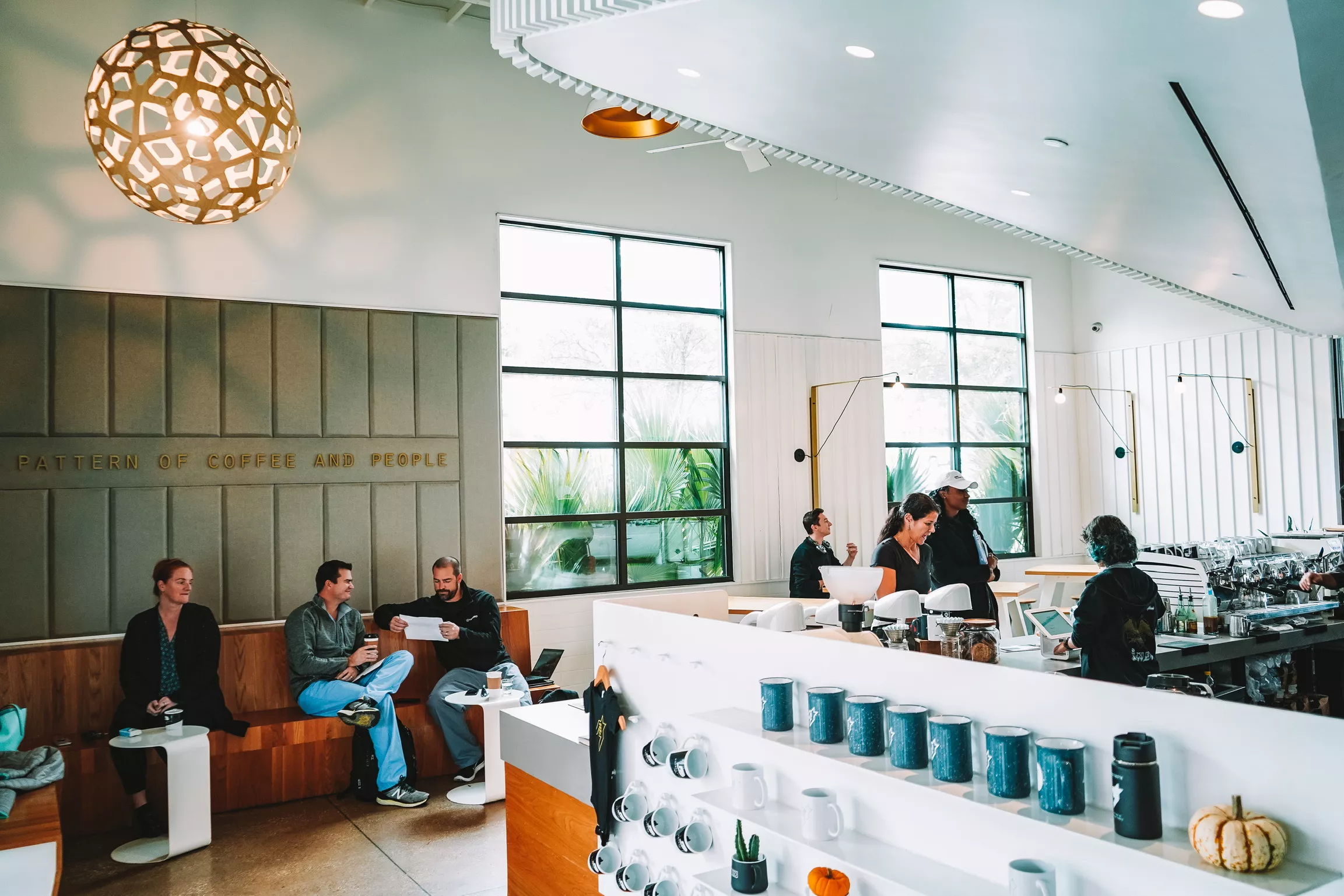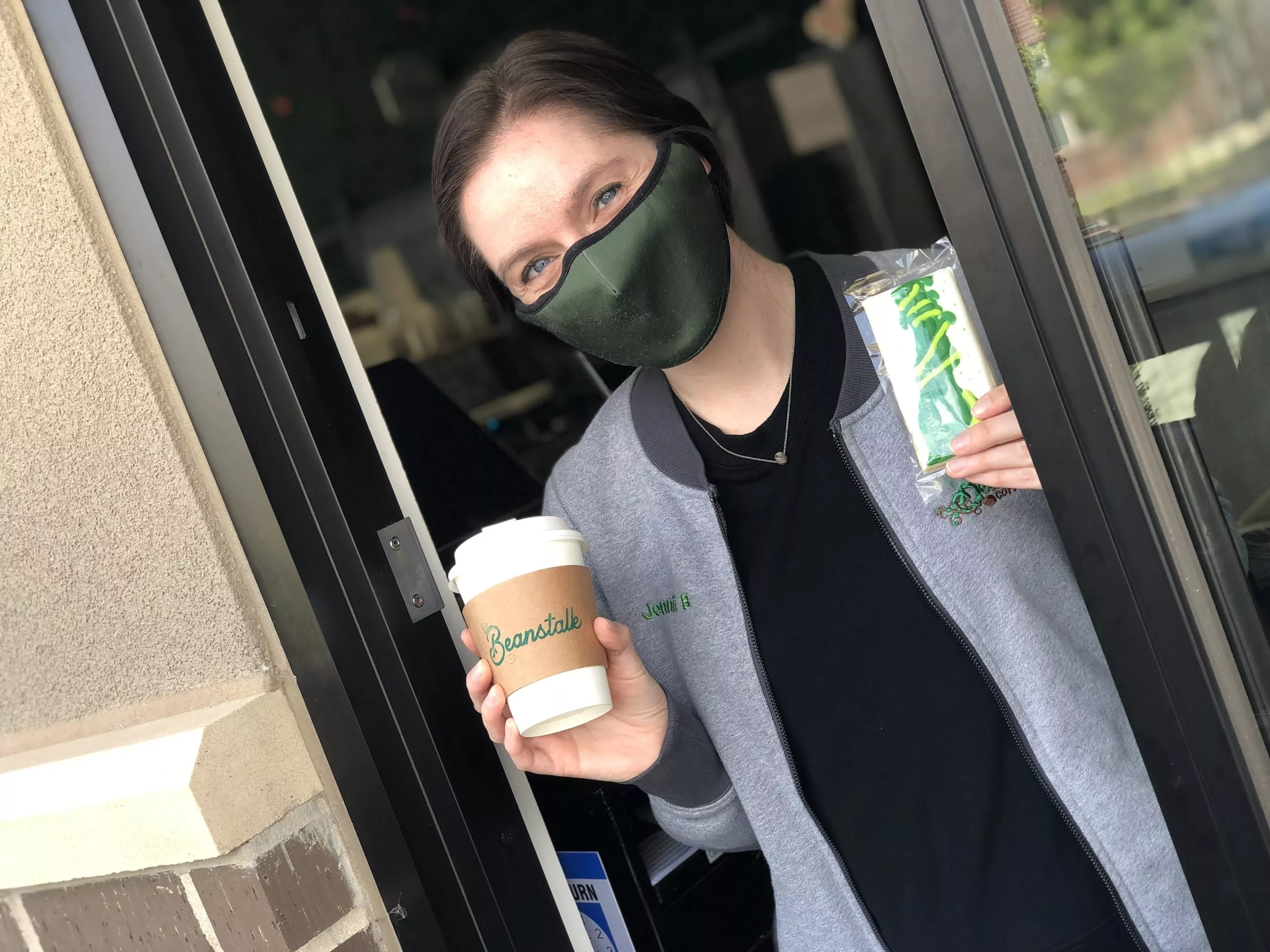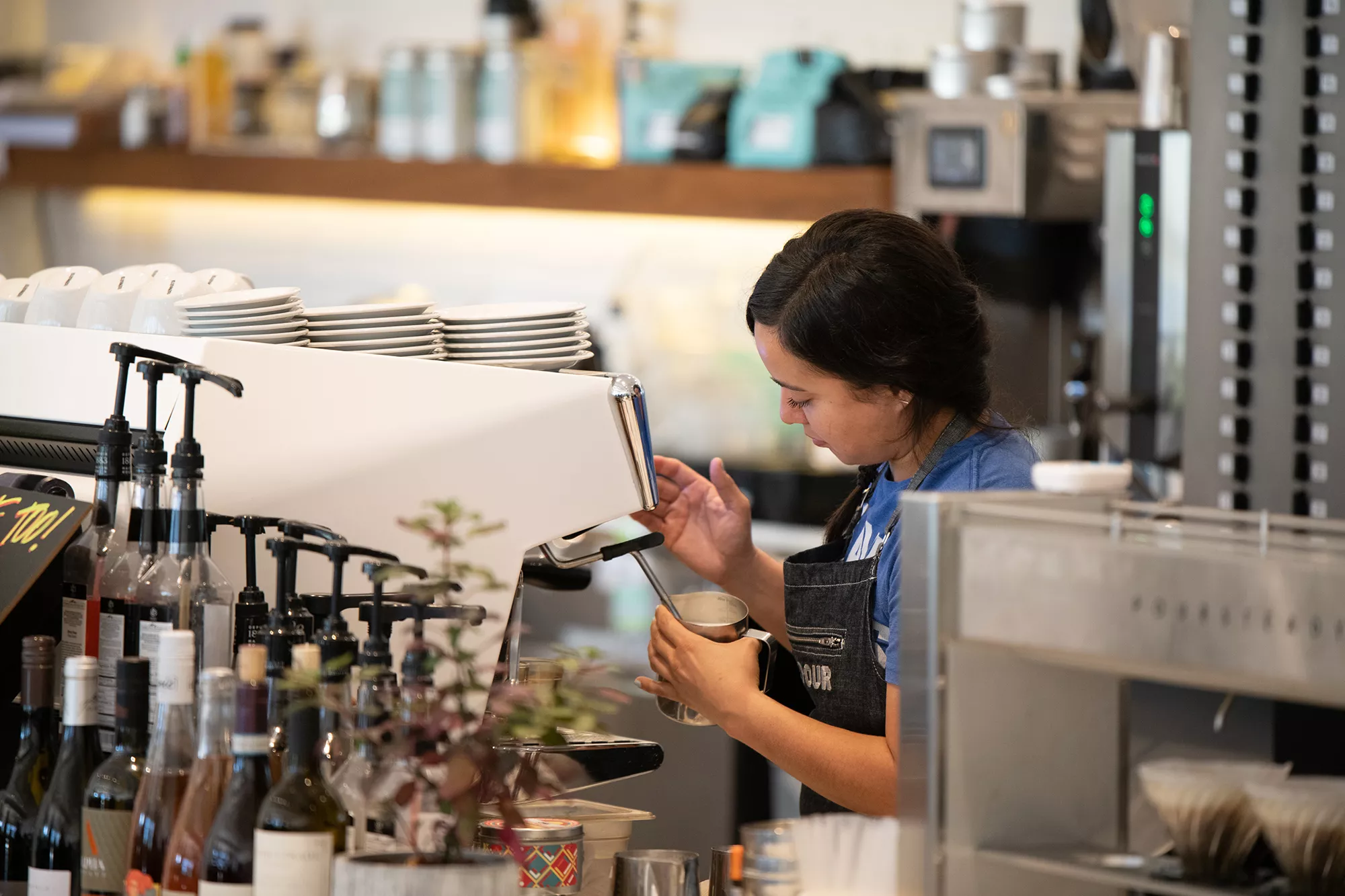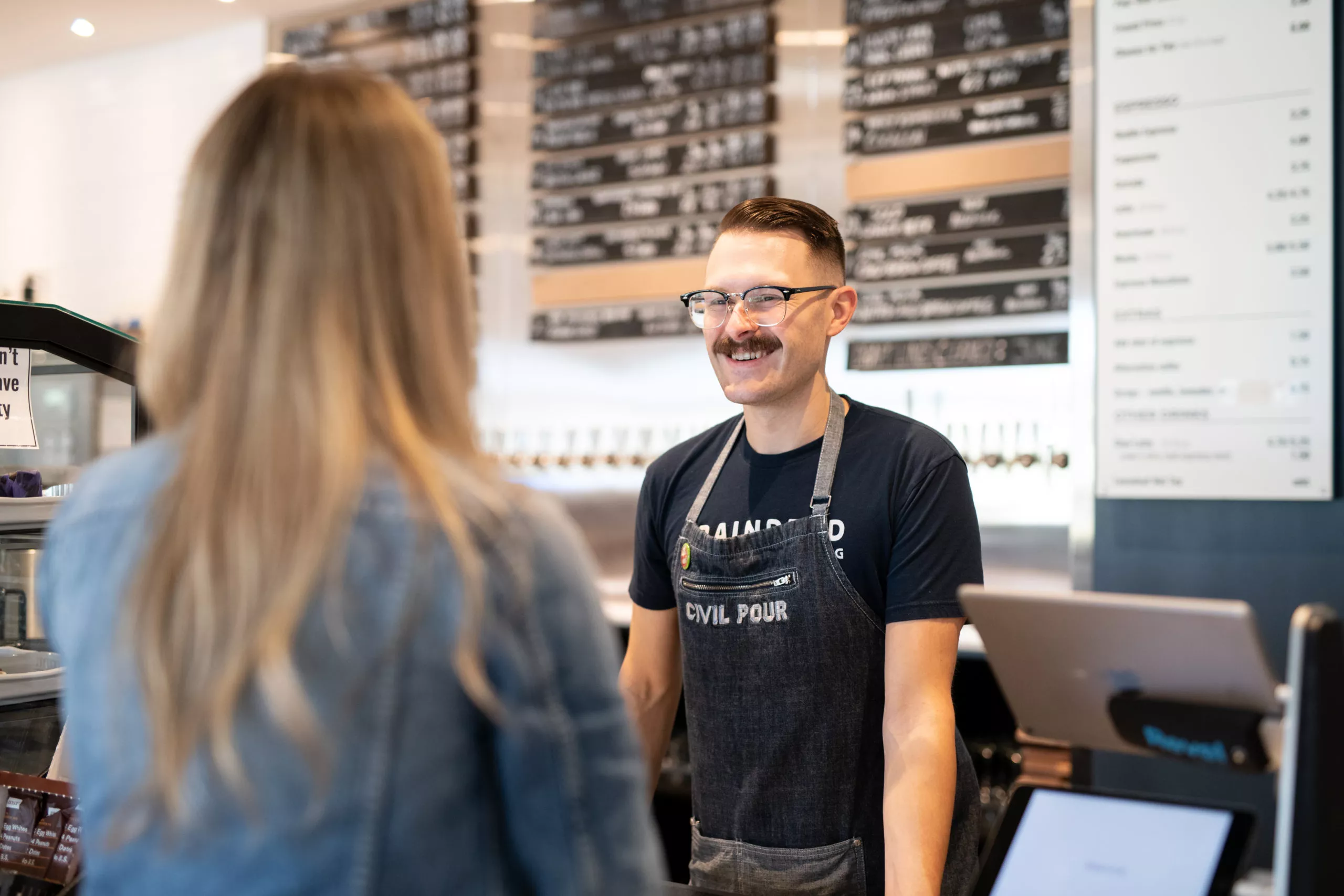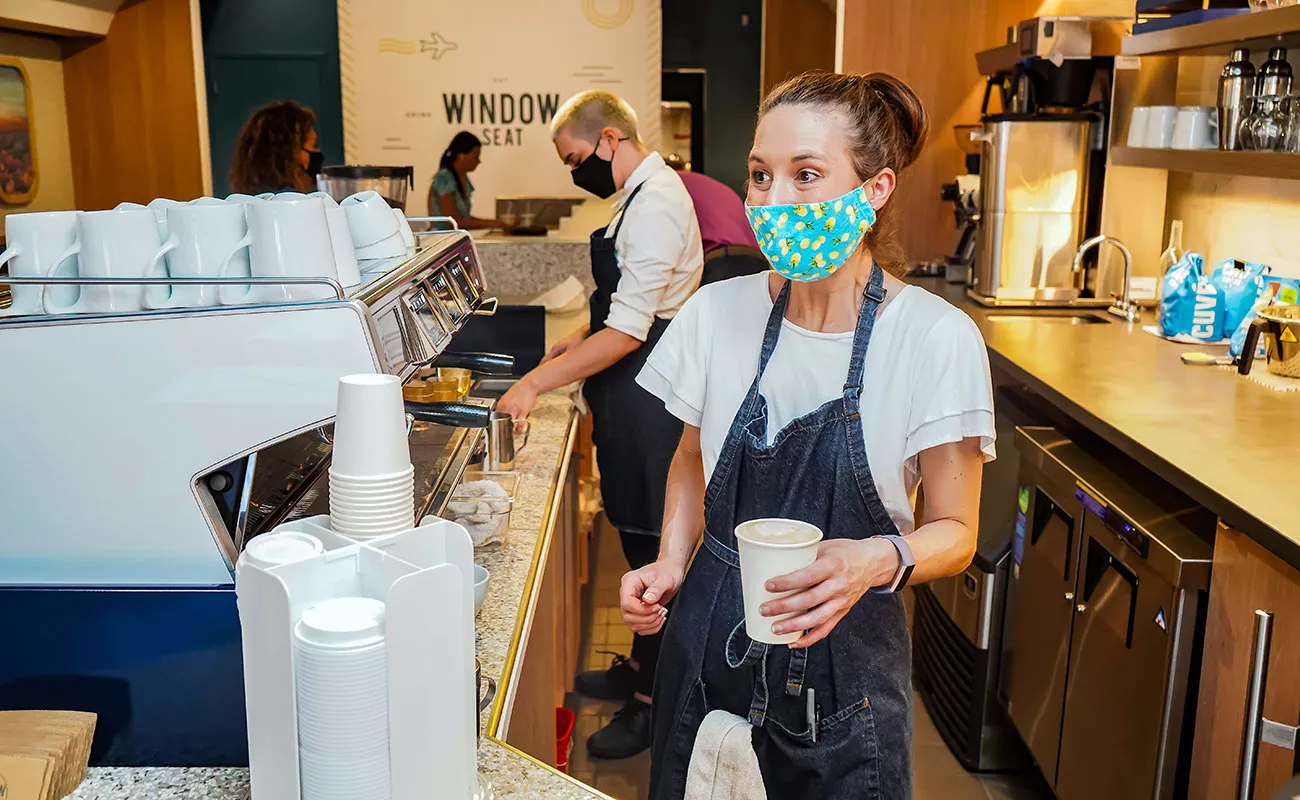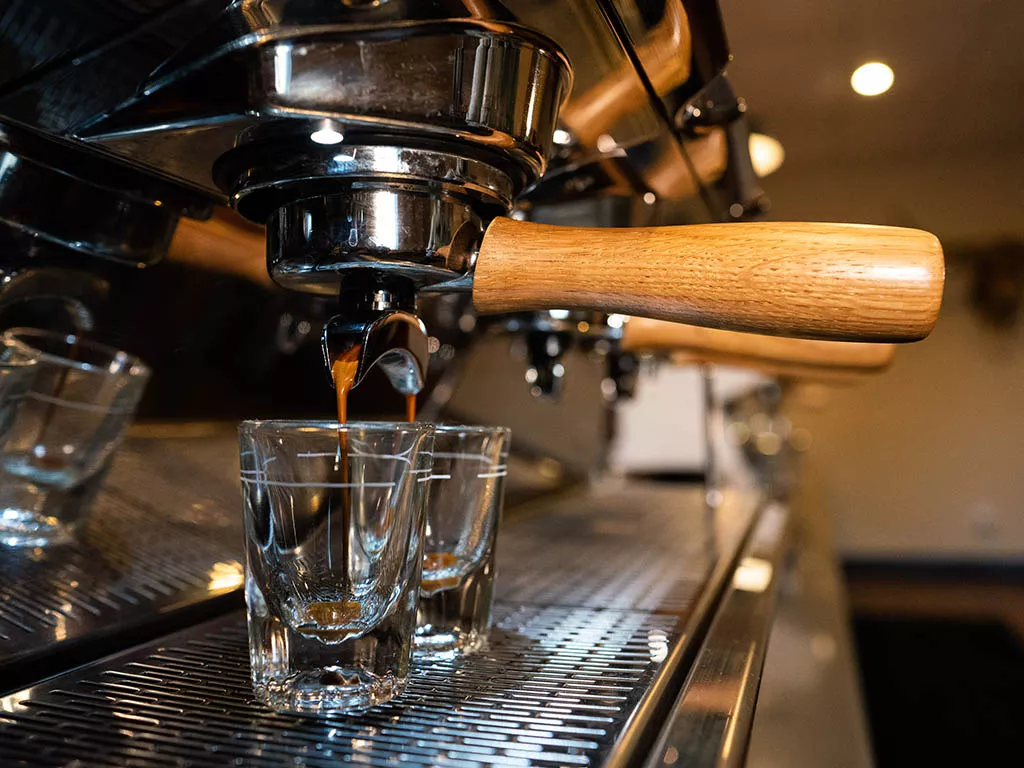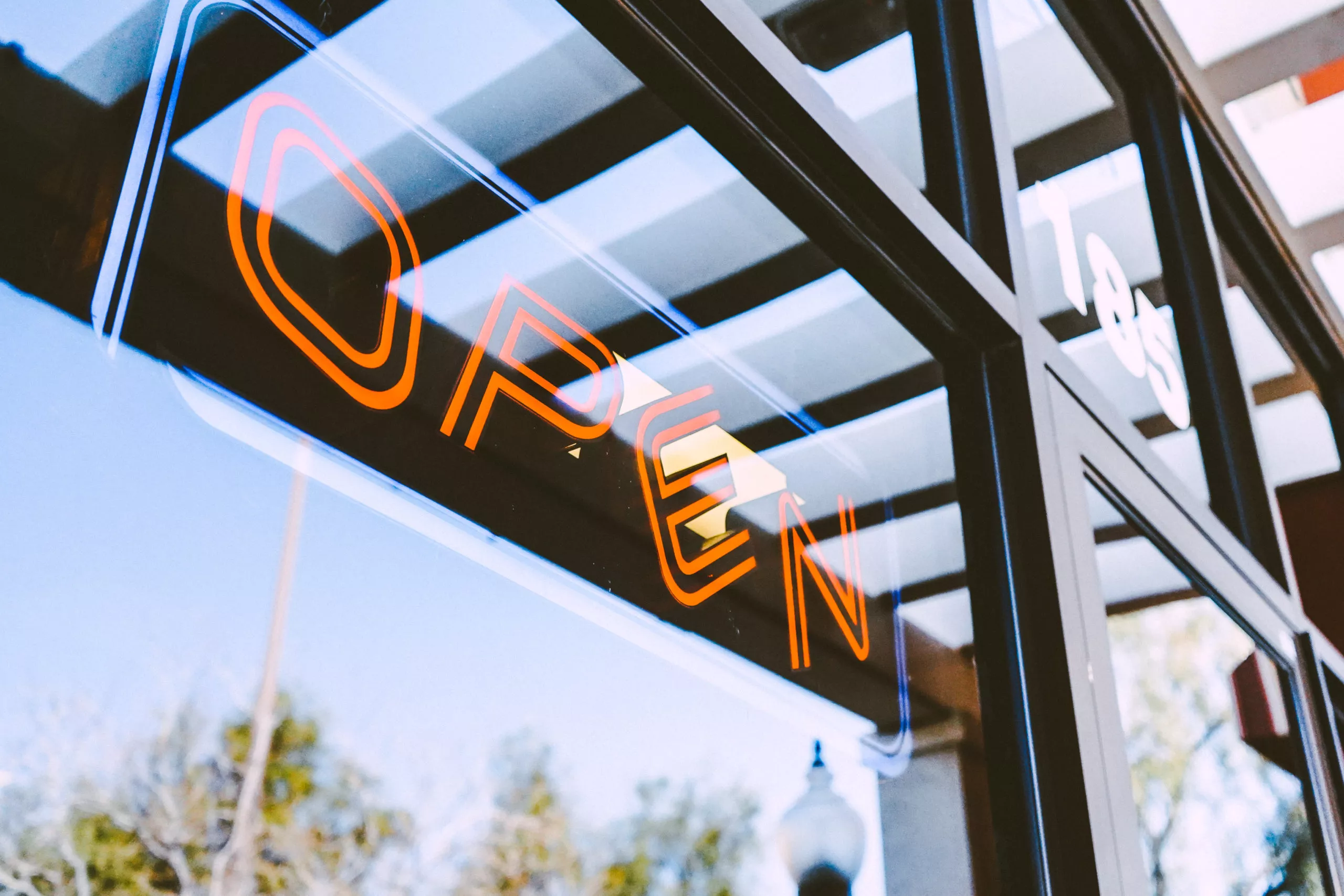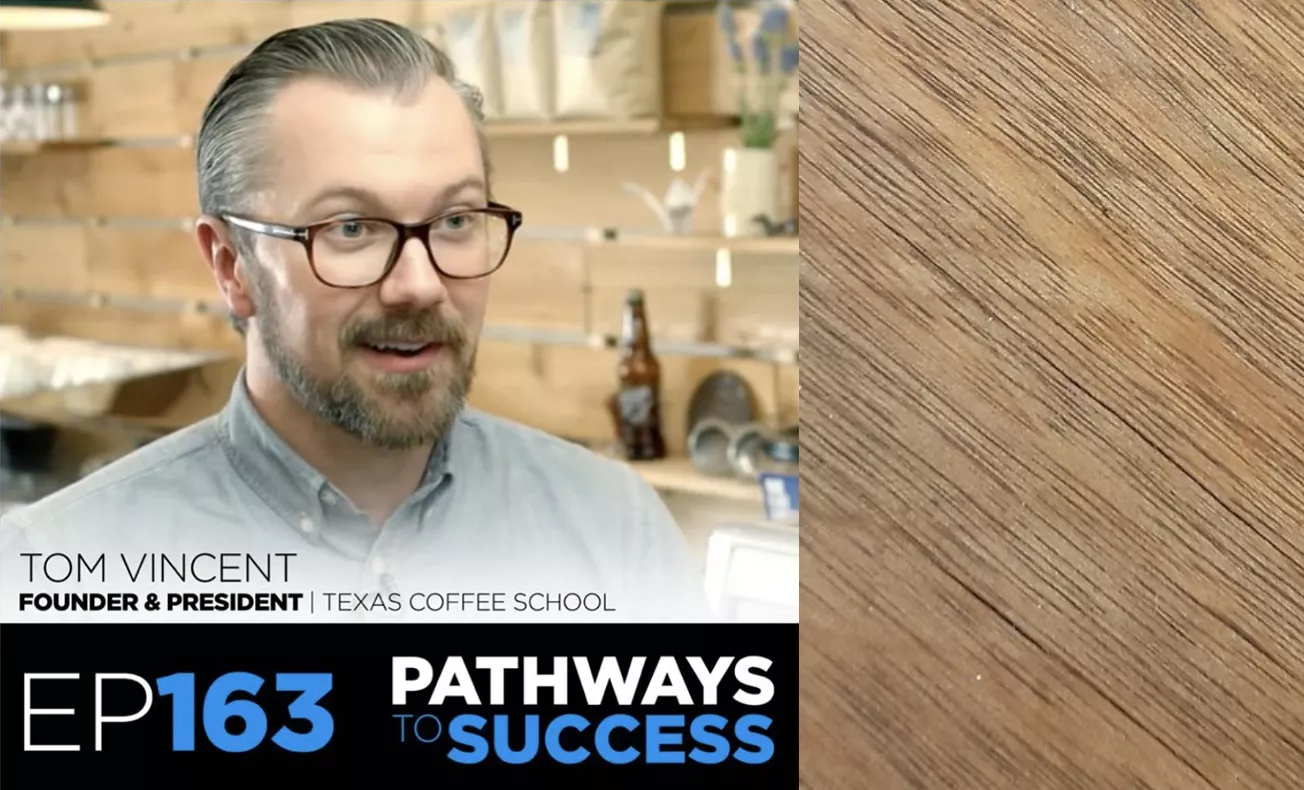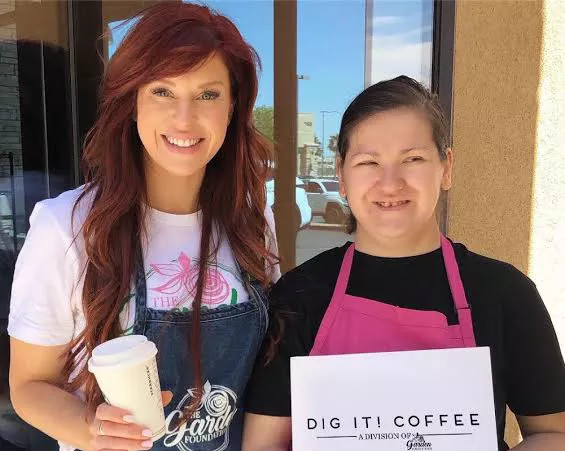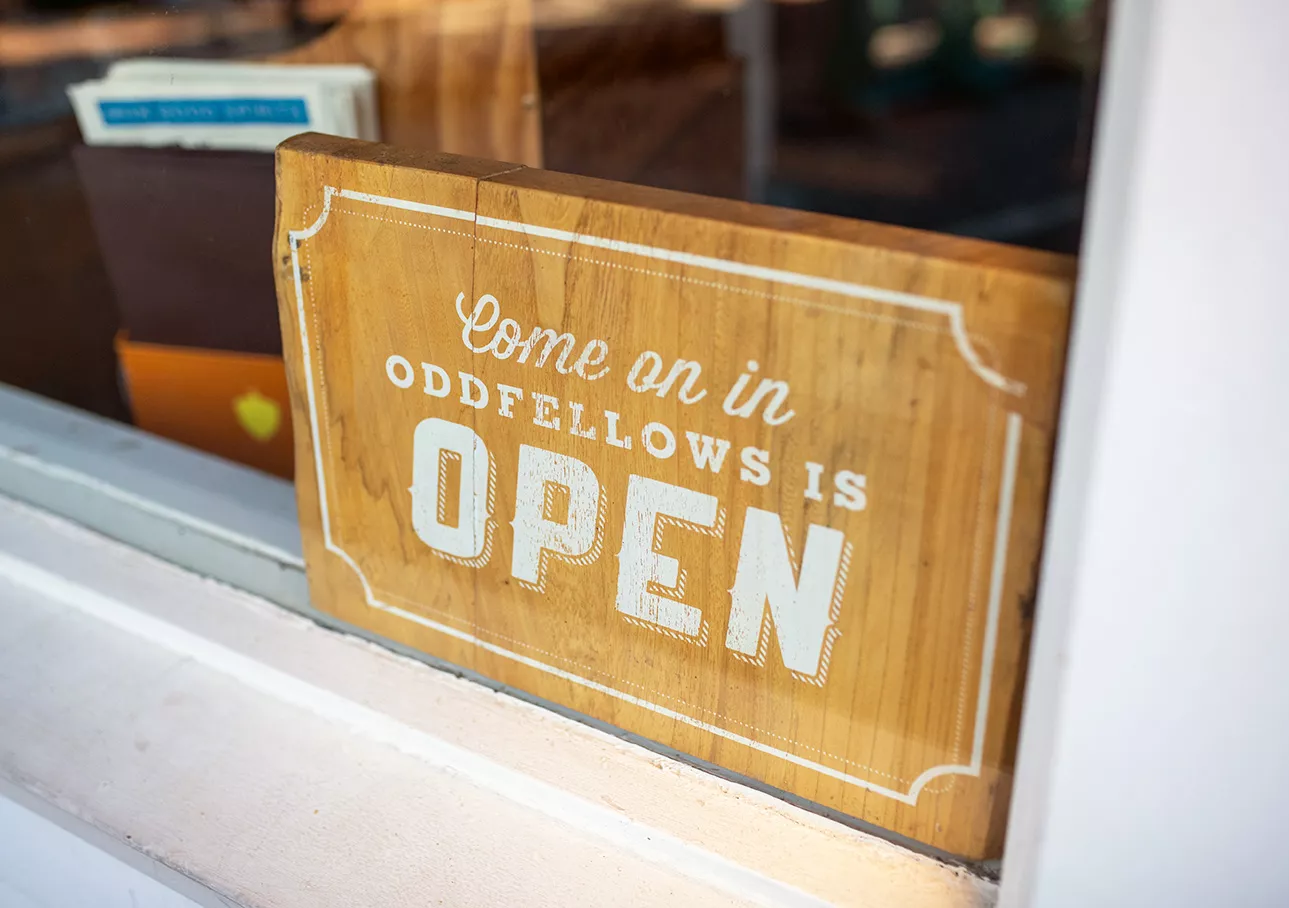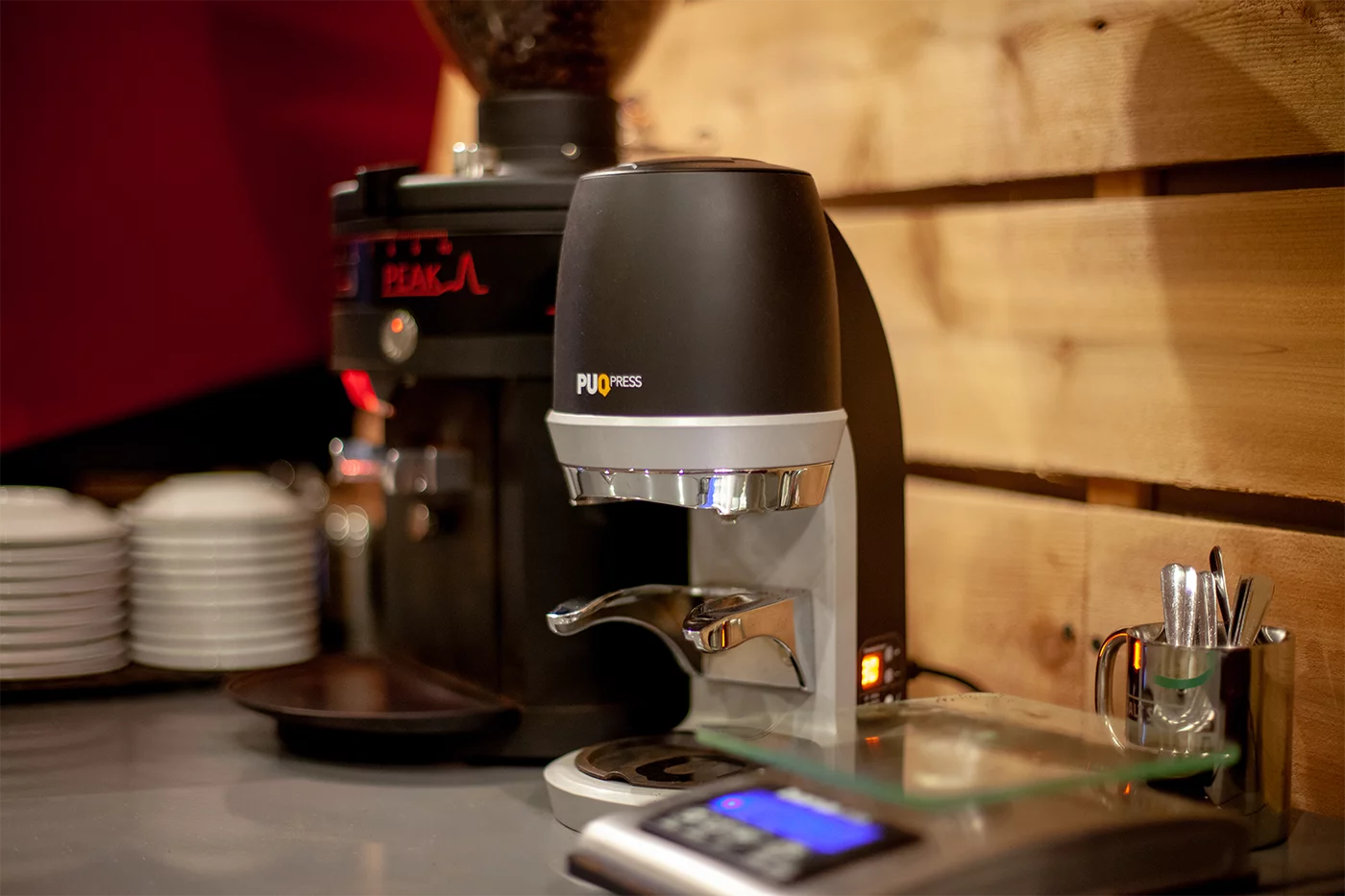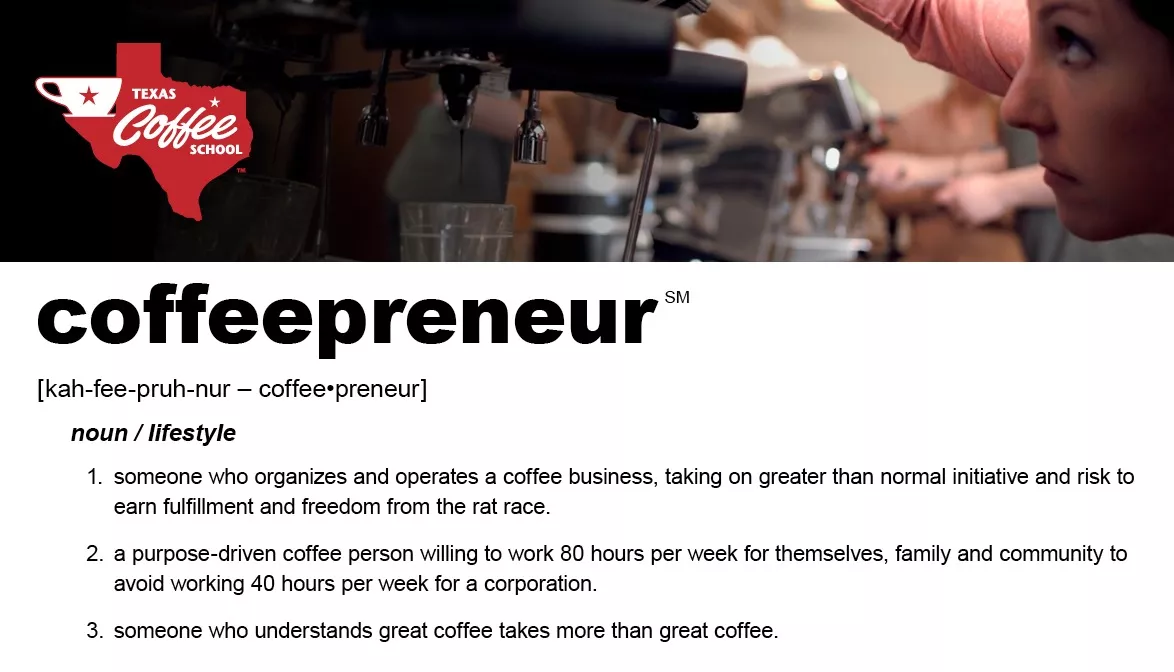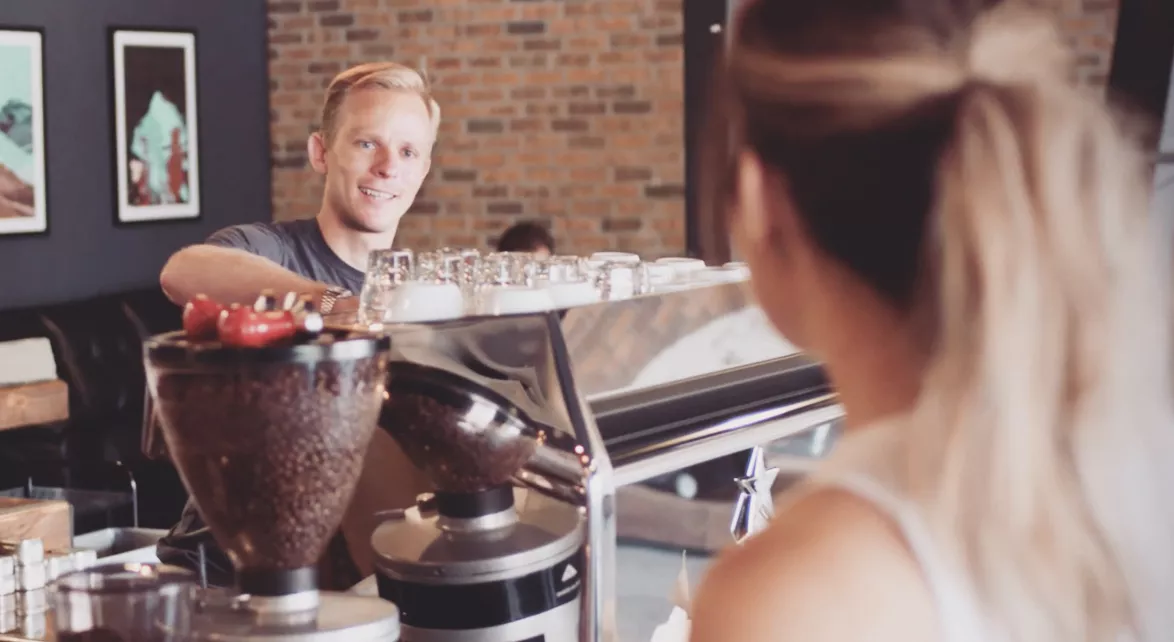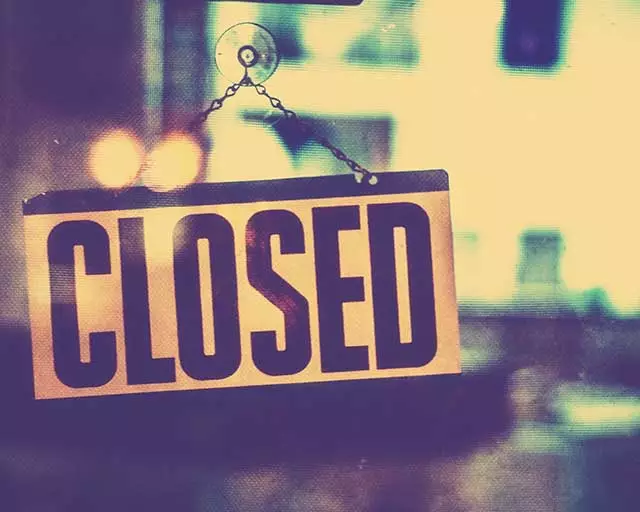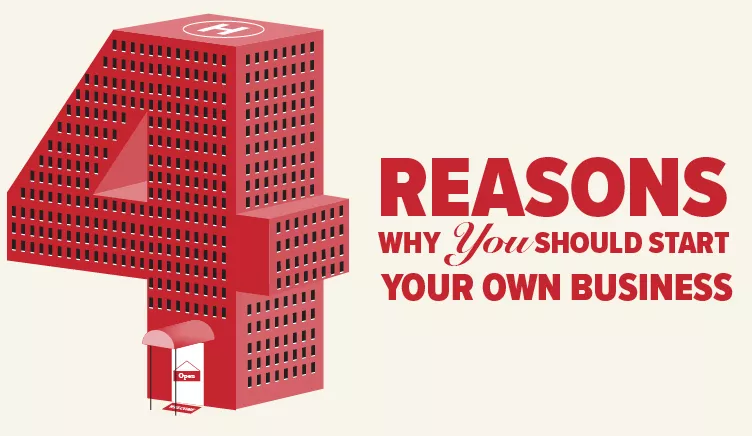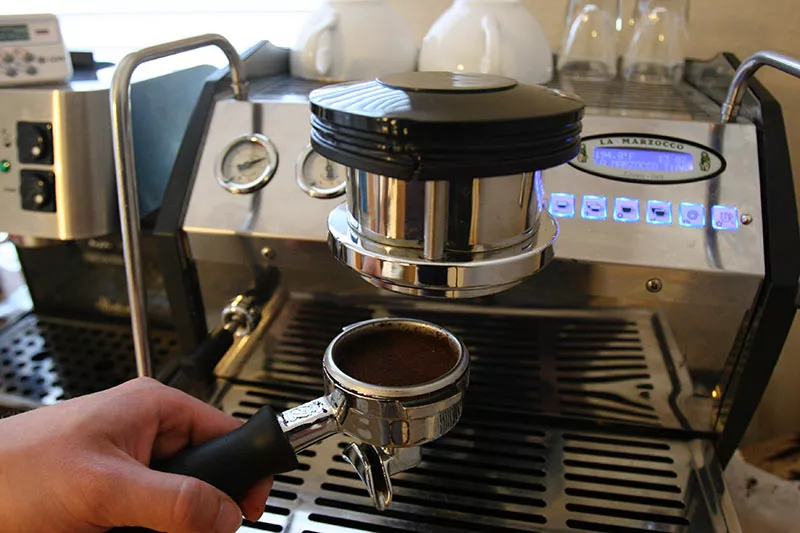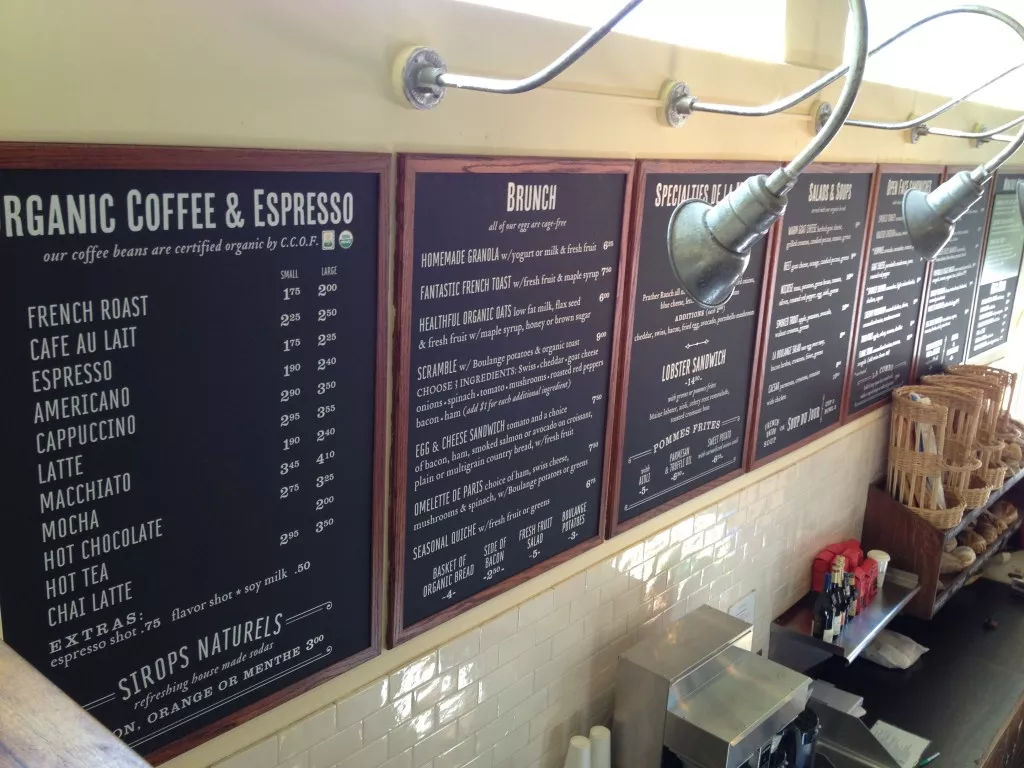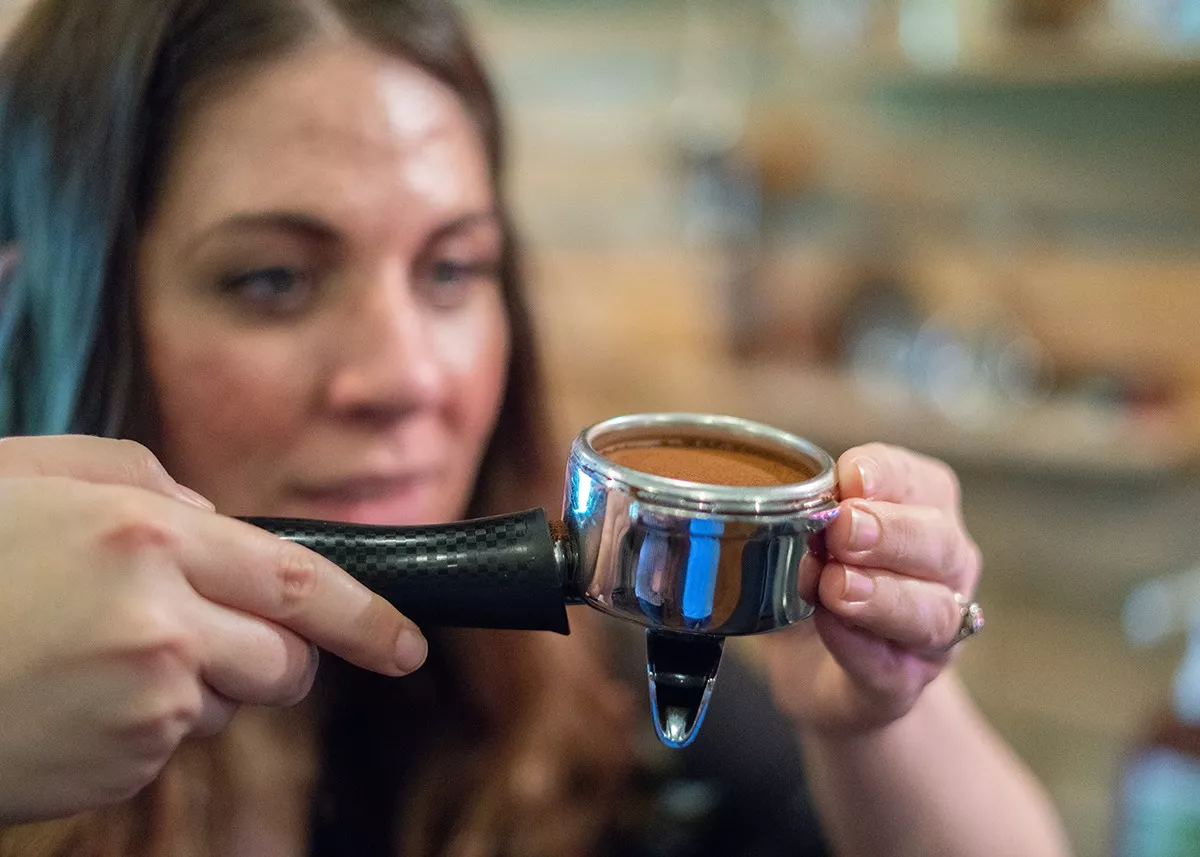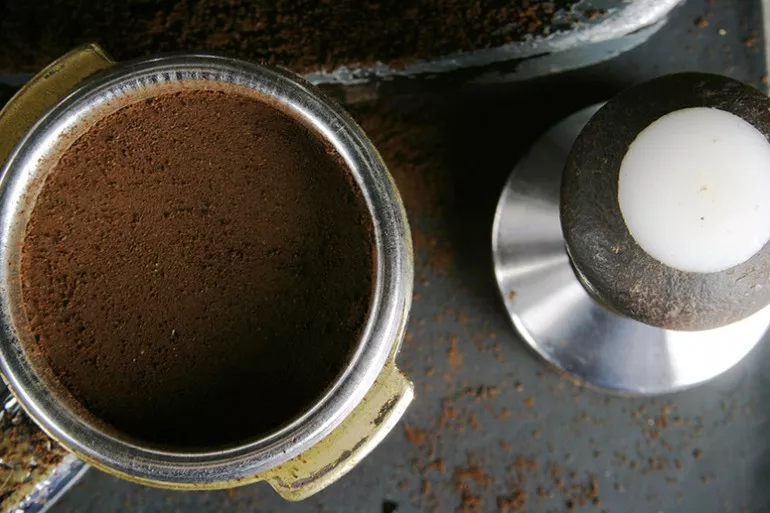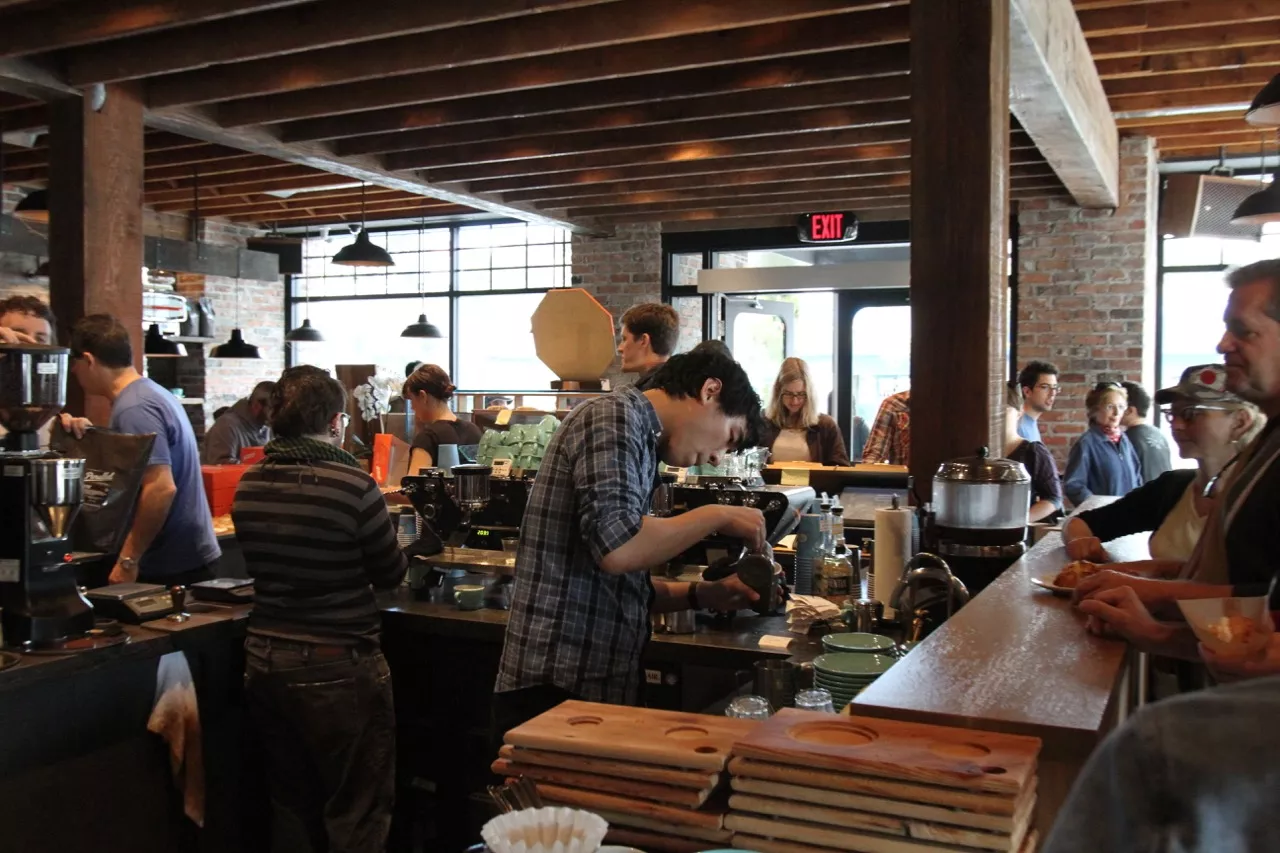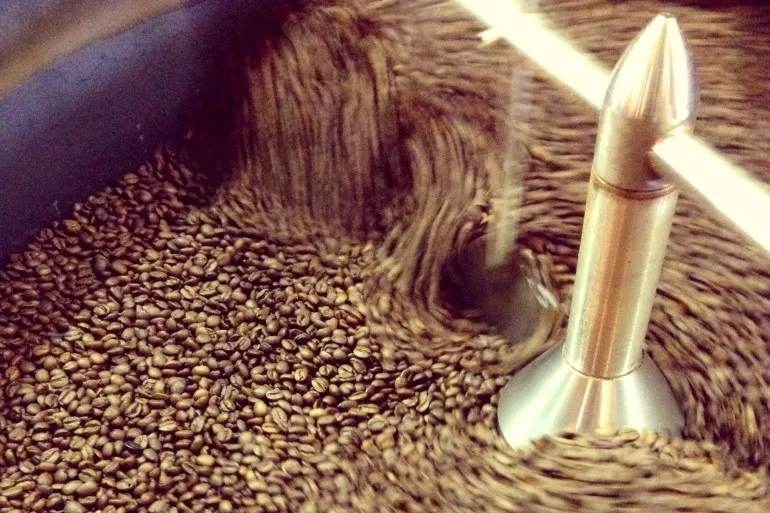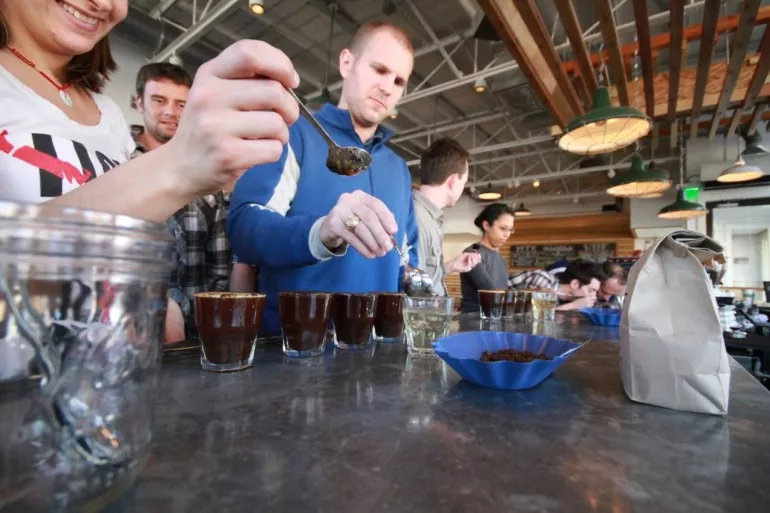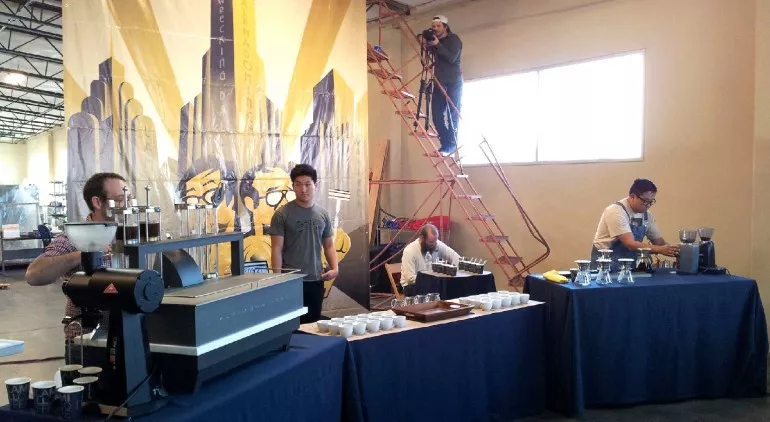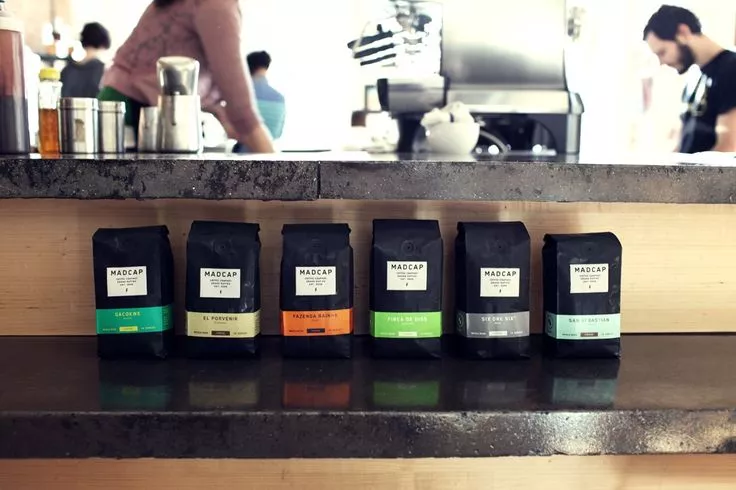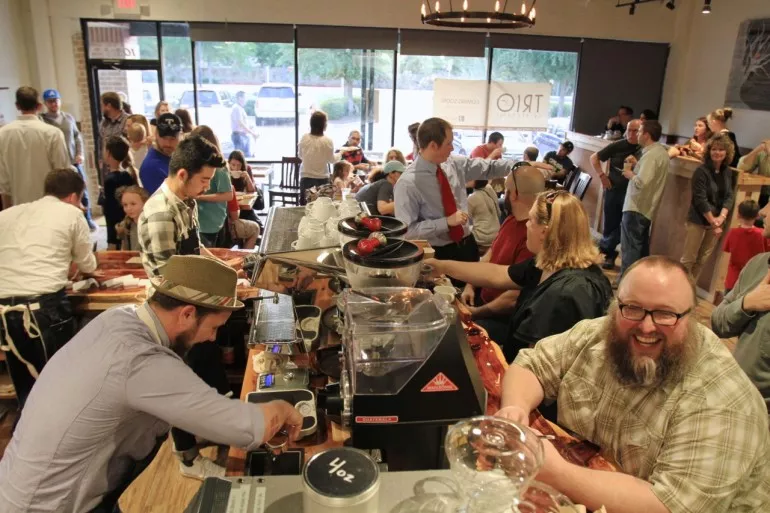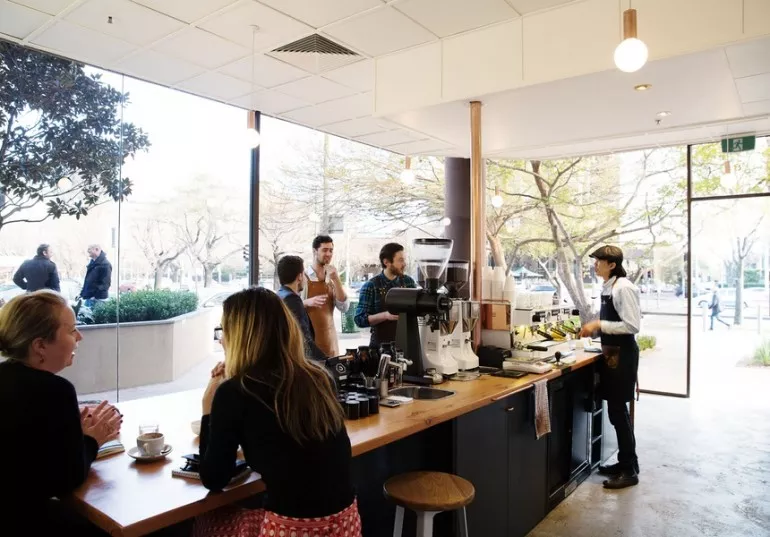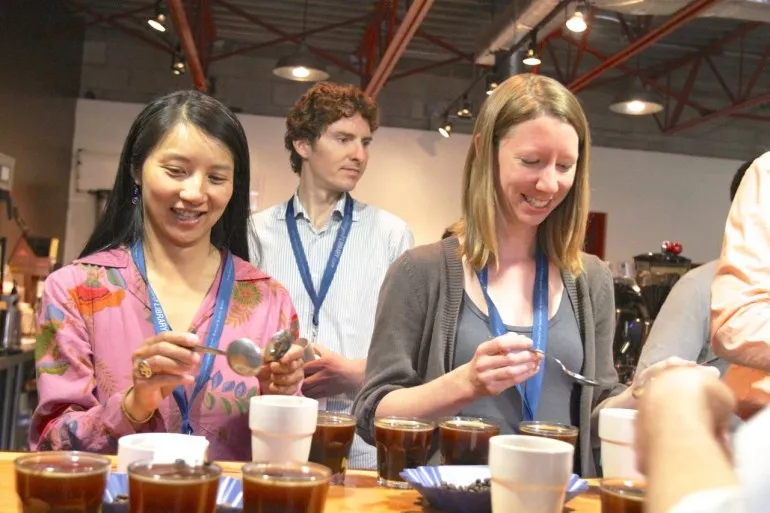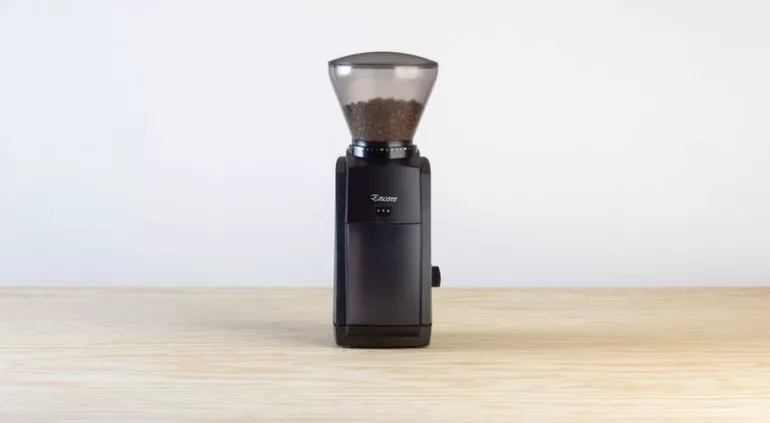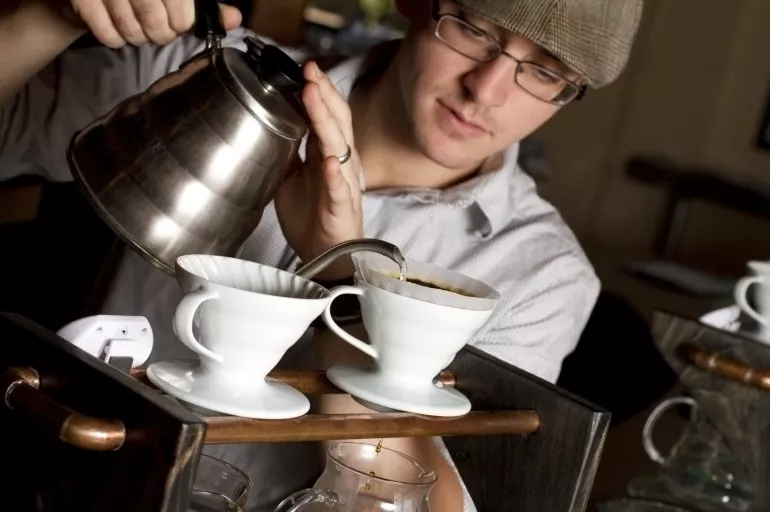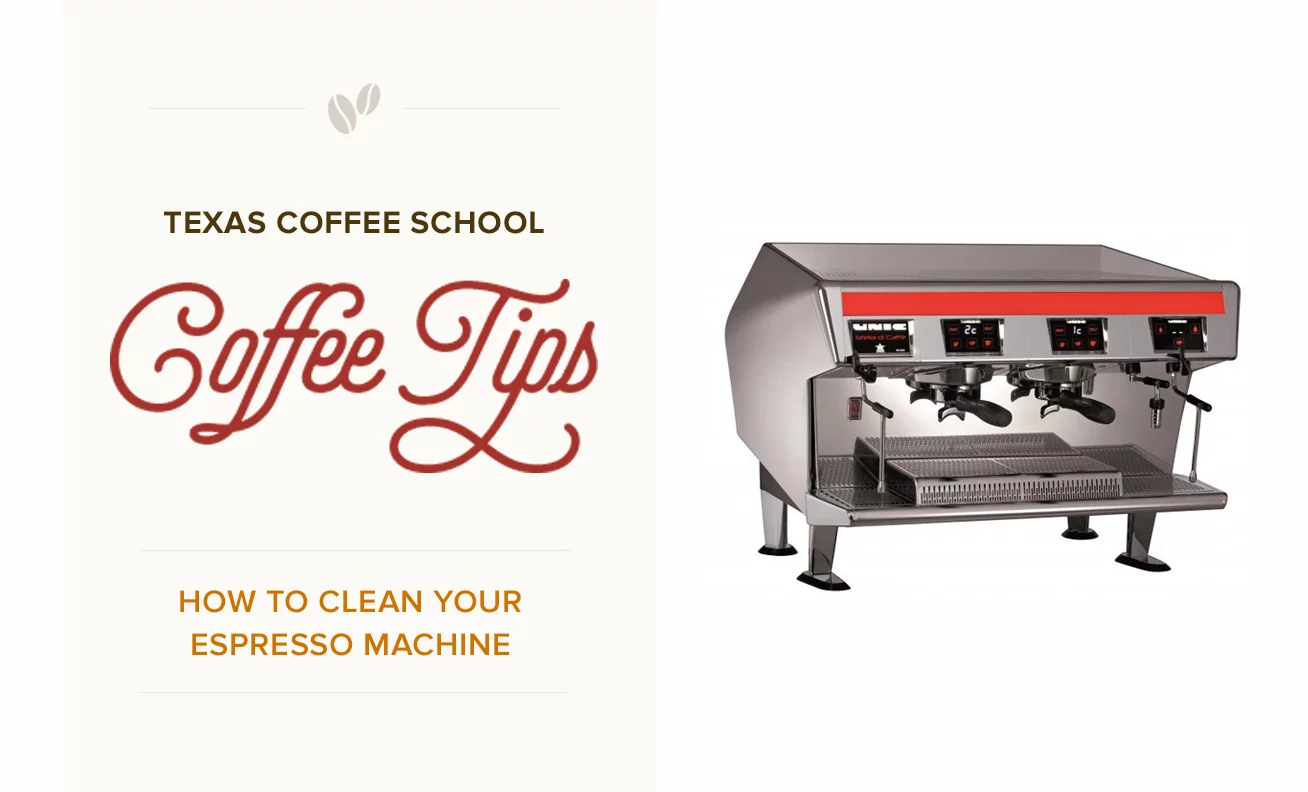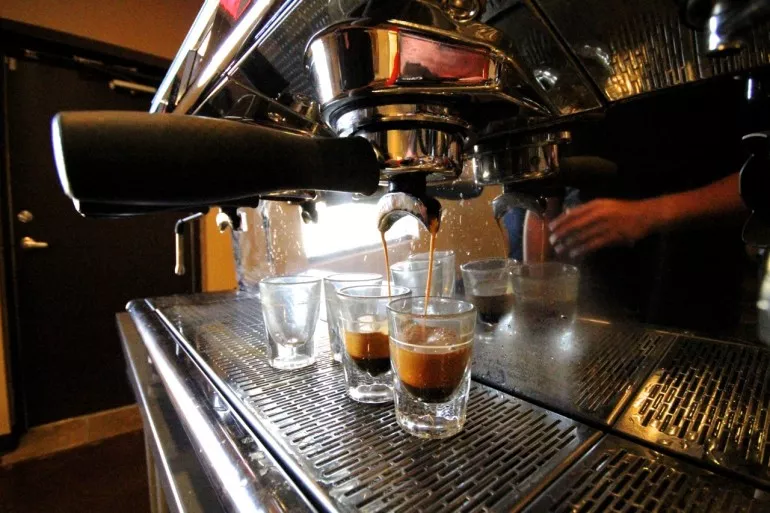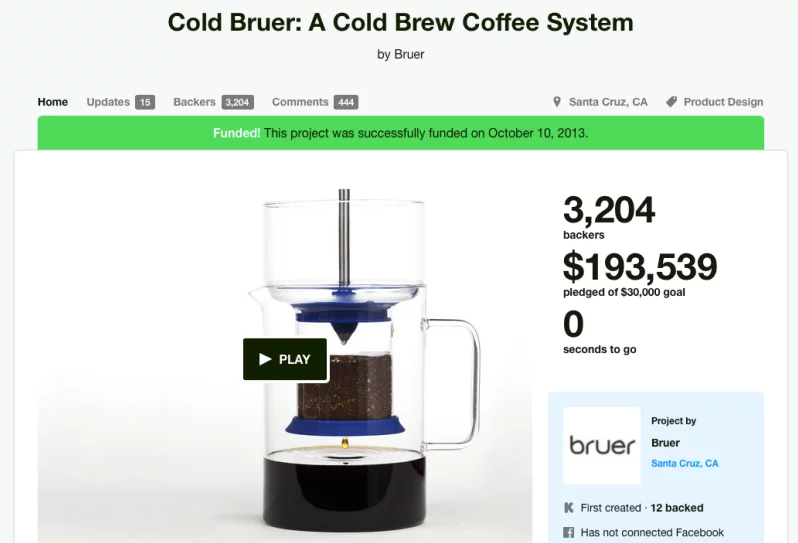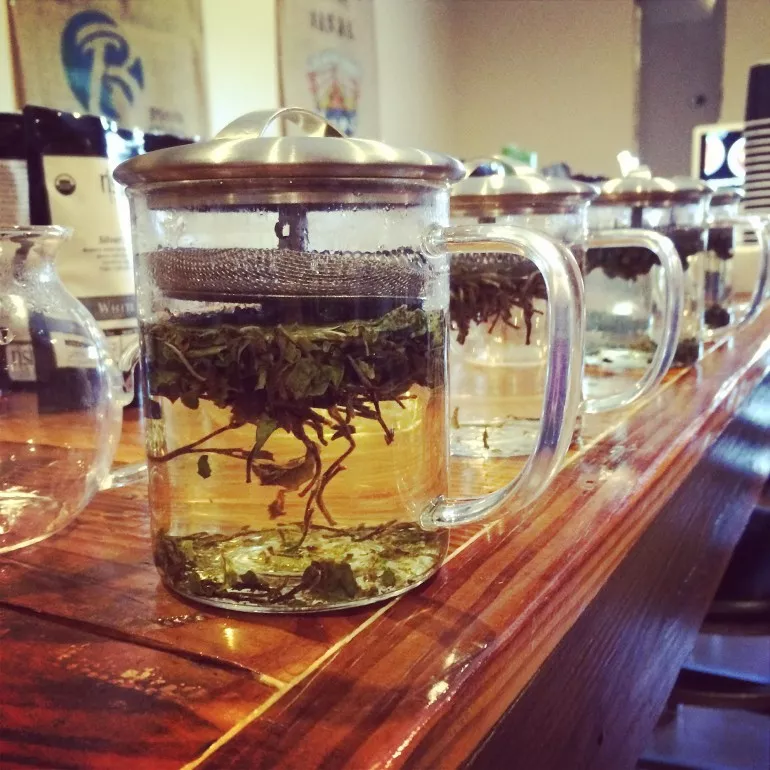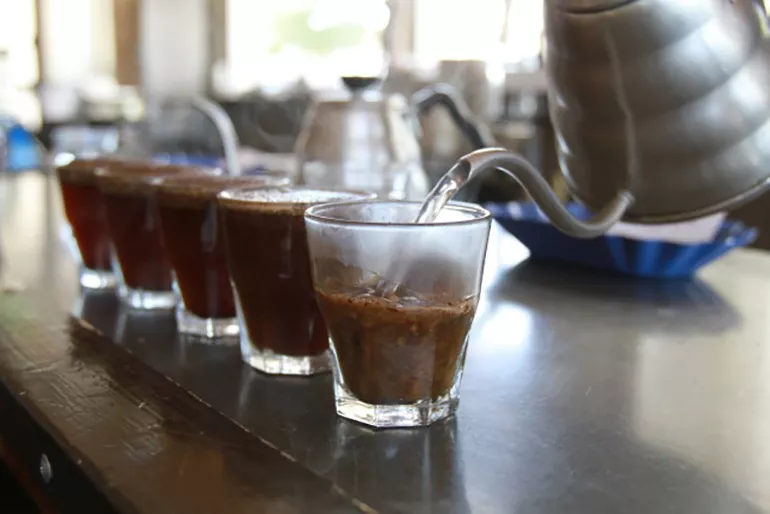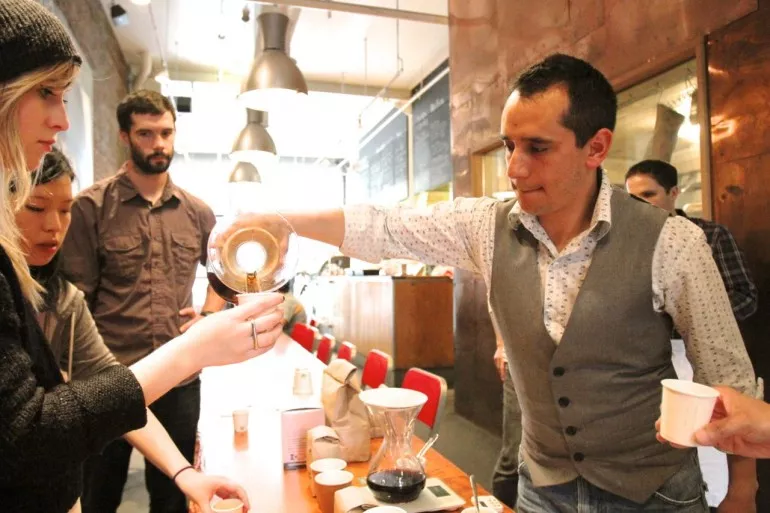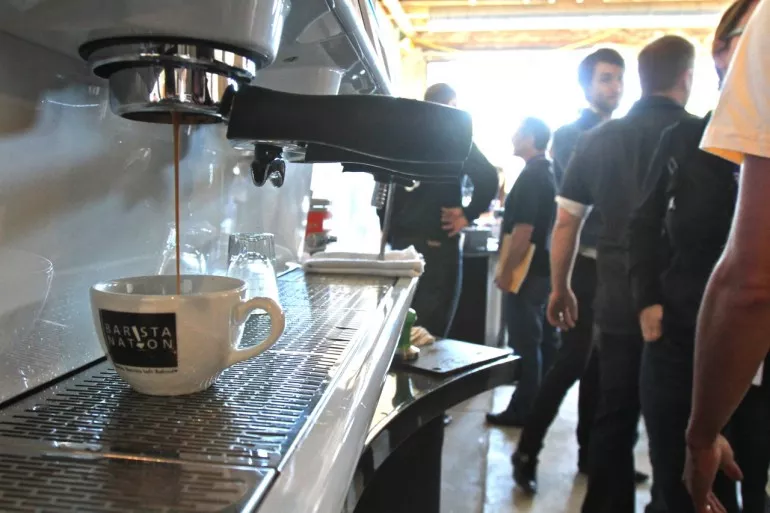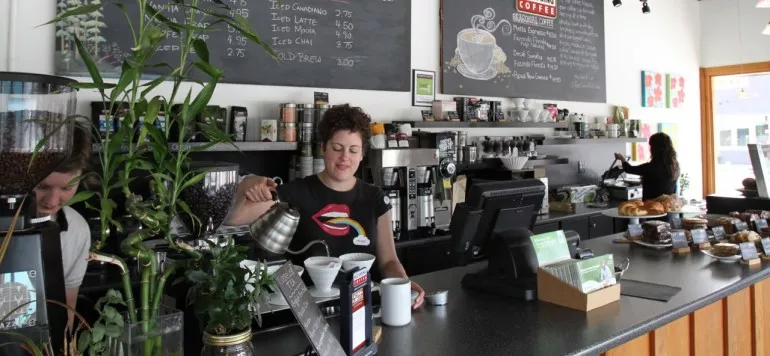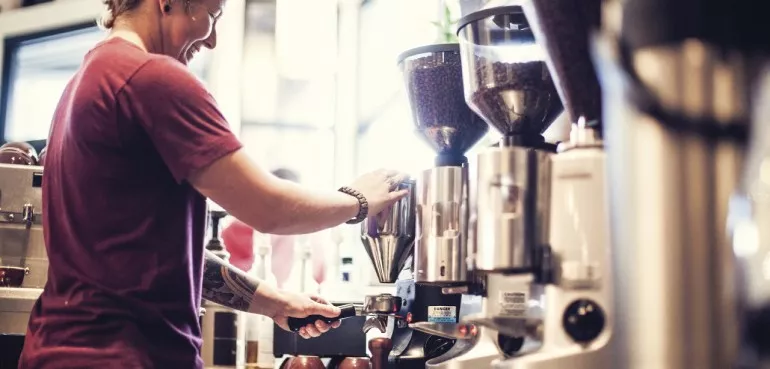
Barista Training and Coffee Education
From Seattle to New York, Chicago to Houston, and numerous cities in between, specialty coffee has enjoyed tremendous growth in market-share over the past decade. As public interest continues to soar in American cities, more and more young, creative, and incredibly driven people are becoming passionate about coffee. These days it’s not uncommon to meet people who have followed this passion and made a career for themselves as a barista, even with bachelors and masters degrees hanging on their walls.For many, they begin their journey into coffee behind the counter of one of the well-known chain coffee shops, using the experience as a first point of contact, a stepping stone to bridge their way into bigger and better things. Others, begin their journey manning the counter of small “mom and pop” coffee shops, also using the experience as a bridge into bigger and better things in coffee. Both of the afore mentioned paths provide a certain extent of barista training, but it is typically very basic and more focused on executing specific menu items, rather than personal development in the mindset and fundamental skills of specialty coffee. In other words, it’s a lot of knowing what to do, without knowing why you do it, or why it is important to do it this specific way. For someone who is passionate about coffee, this can be incredibly unfulfilling after a while. Sadly this feeling of being unfulfilled is why many move on to other things.
Baristas are often unaware of the opportunities available to help them develop their skills and get further involved in the specialty coffee industry.
Barista training, coffee classes, and various educational programs, taught by industry professionals, are available, and are one of the easiest and most effective way to develop your skills as a barista, and make connections within the specialty coffee industry.
There are two main reasons why so many baristas wanting take their skills to the next level haven’t sought out high level barista training.
1. They don’t know that these kinds of opportunities exist.
High level barista training is available to those that seek it out. From programs geared toward home baristas hoping to learn more about coffee, to multi-day classes designed to train an entire staff, these programs are geared toward a variety of people within the industry and coffee classes devoted to many topics are available.
2. They are reluctant to spend money on barista training.
While there are many reasonably priced entry level coffee classes available, the price tag on some of the more comprehensive programs can be intimidating; however, if developing a career in the specialty coffee industry is truly your goal, this investment will benefit you in several important ways:
- Barista training improves your skills and makes you a better barista. This is pretty self-explanatory. There’s not many better ways to rapidly advance your skill-set than hands on barista training with leading coffee industry professionals.
- Completion of these programs presents evidence of, and provides context to your skill in a way that is meaningful and can be understood. Think of it like this: There is a reason that these barista training programs and coffee classes exist. Coffee shop owners desire skilled baristas. They value people that speak a common vocabulary, share a common passion and that they can trust to make a good cup of coffee.
- The fact that you invested your own time and money to advance your craft shows your commitment and a genuine passion for specialty coffee. Most barista skills can be taught. Passion, however, cannot be taught. You either have it or you don’t. This is one of the most important factors to getting hired. Showing your passions for coffee and learning often means more to employers than barista experience. Showing that you have put yourself through higher level barista training on your own time, will likely land you on the short list of candidates in consideration. In many cases professional barista training it is the edge on a resume that secures a barista their their dream job.
- It’s not what you know, it’s who you know. Learning and becoming proficient in the barista skill-set is important. Connecting your skill-set with those who need your skill-set is equally important, and often overlooked by the very people looking to achieve higher goals in coffee. Professional barista training classes and workshops open doors to other coffee professionals, coffee enthusiasts, and networking. Networking is key to making connections within the specialty coffee industry that can lead to bigger and better opportunities down the road.
Barista training does more than just provide skills. Sitting in a coffee class filled with other passionate, smart, talented coffee people can be really inspirational. The close-knit nature of the specialty coffee community, despite how global it is in scope, is truly amazing. Participating in barista training programs or giving back by teaching coffee classes is a great way to get involved in the industry and make lasting friendships.
Queen Elizabeth II of England said, “It’s all to do with the training: you can do a lot if you’re properly trained.” While, she likely preferred her afternoon tea to a cup of coffee, her point applies to many areas of life. For anyone considering a career in specialty coffee or for people already within the industry that want to continue to learn and advance their career, barista training is something everyone who truly loves coffee should consider.
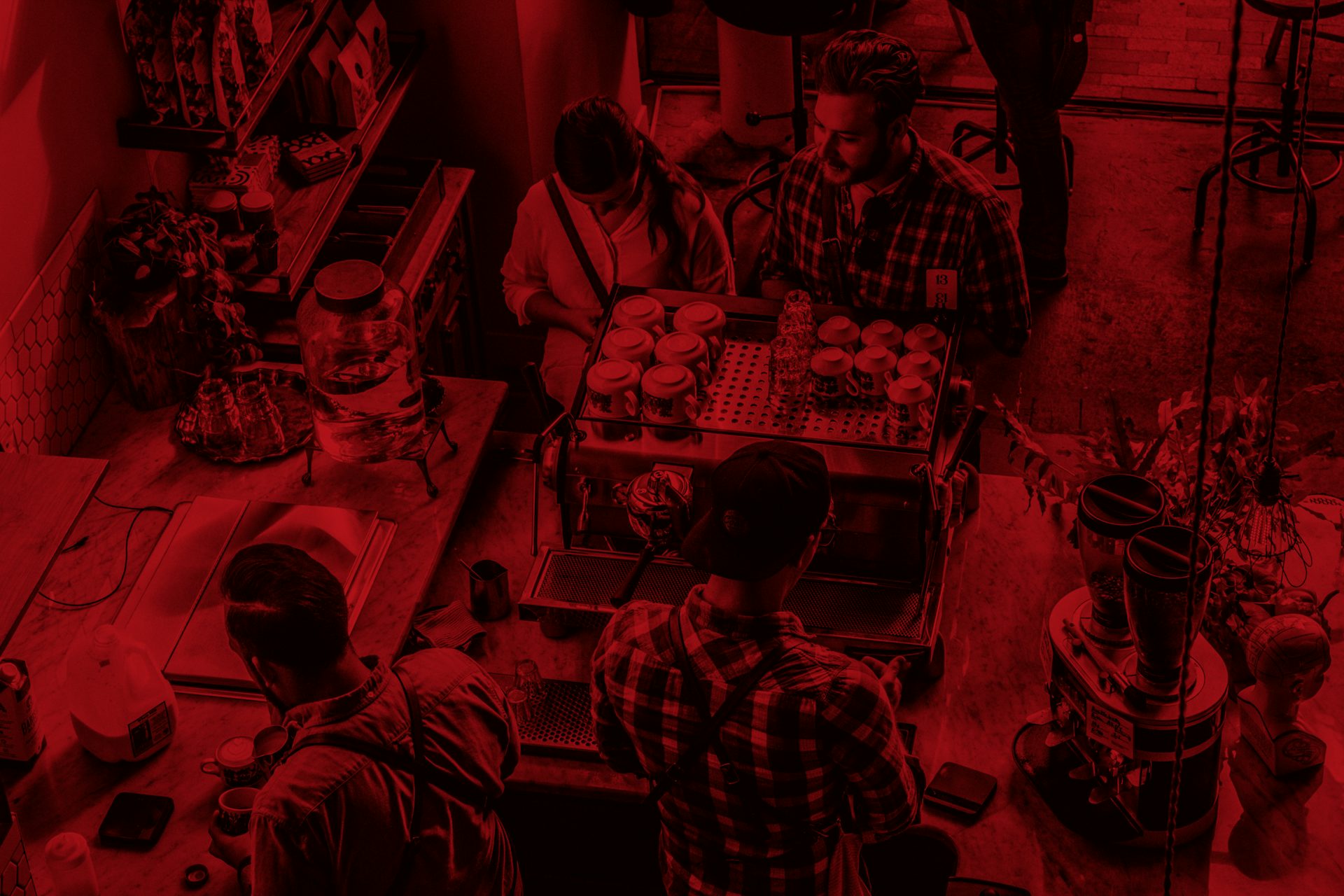
Register for a Coffee Class
The Best Coffee Training Available
We’ve helped hundreds of students successfully launch their own coffee shop businesses. Join us in our 5-Star Rated Coffee Classes, whether you’re an aspiring entrepreneur looking to open a coffee shop, a manager, a barista or home enthusiast looking to sharpen your skills.


